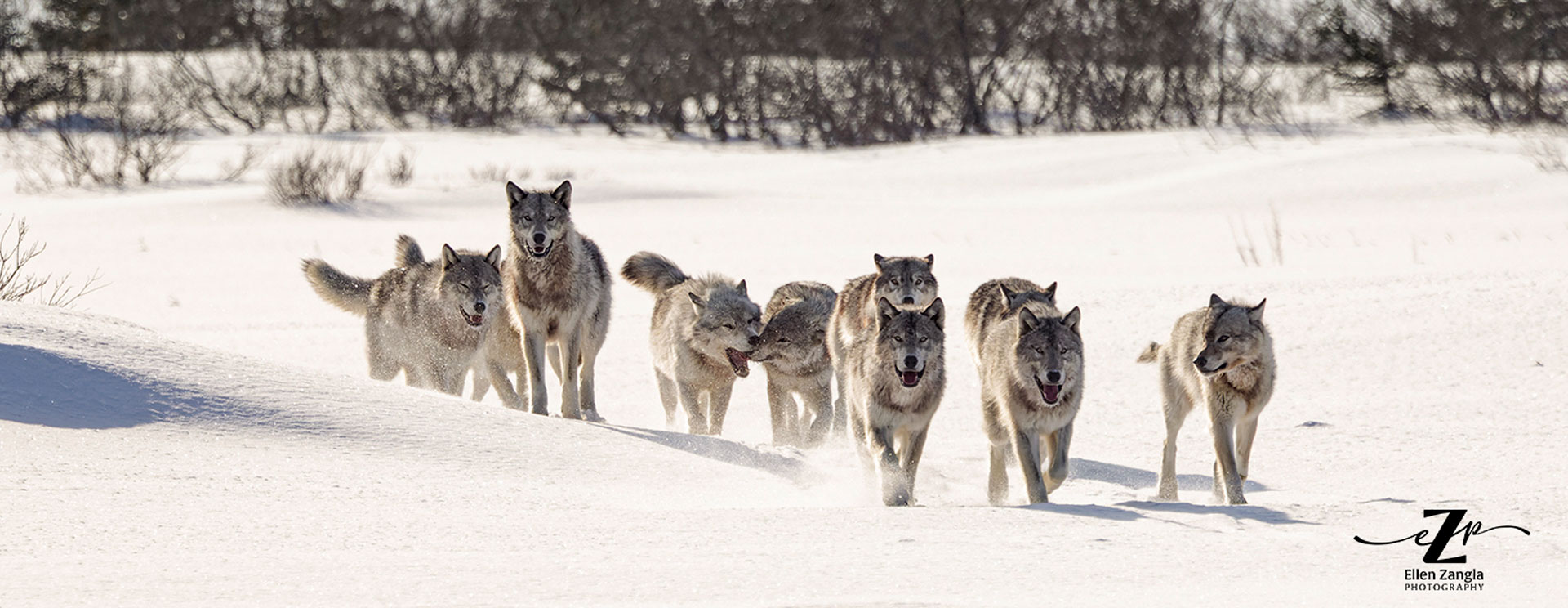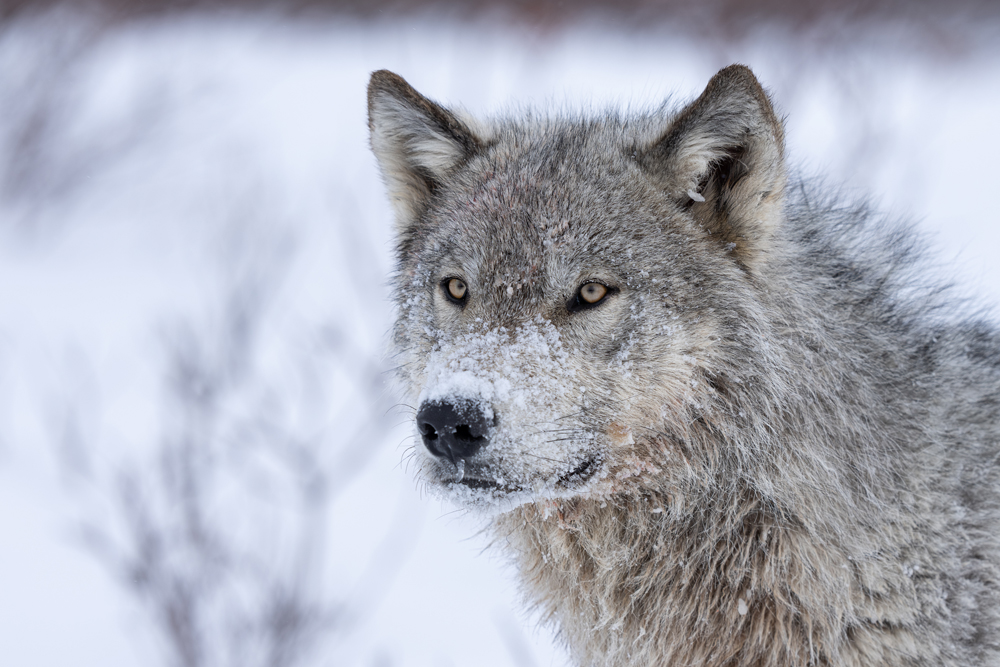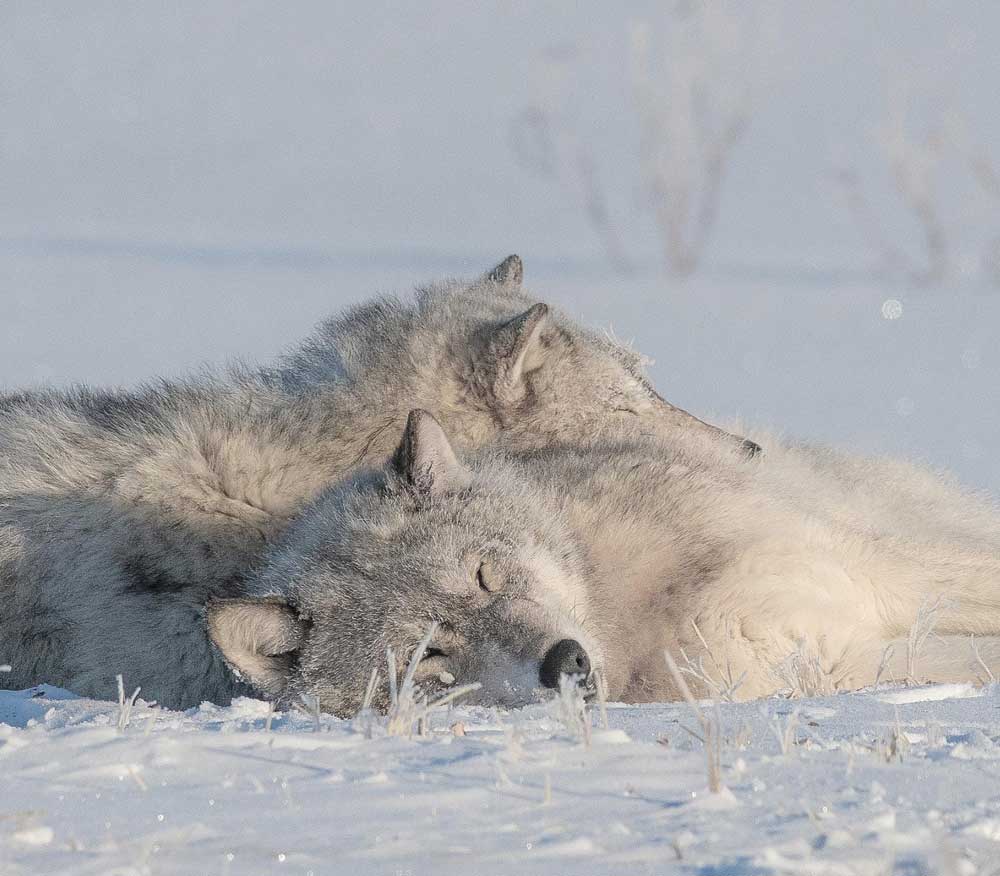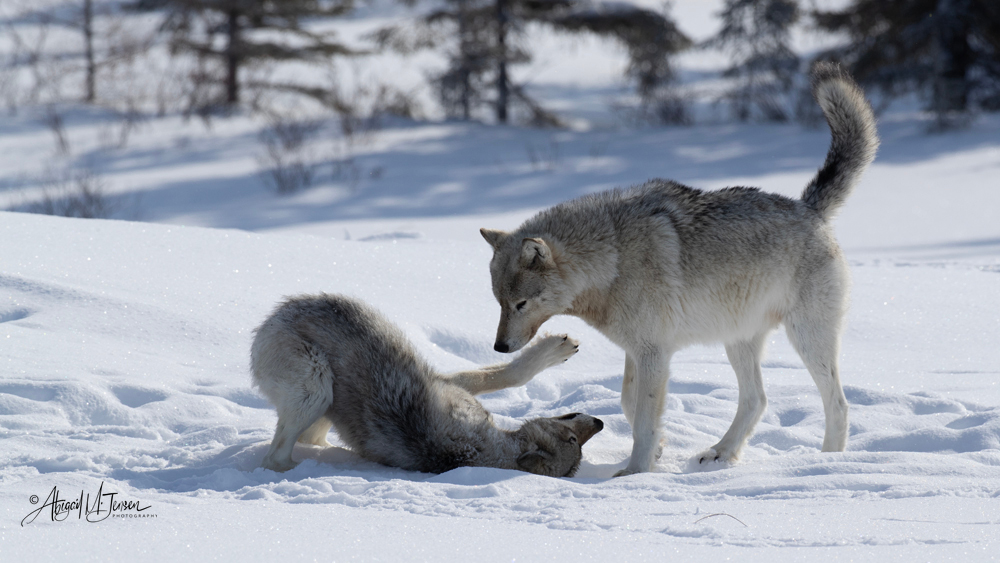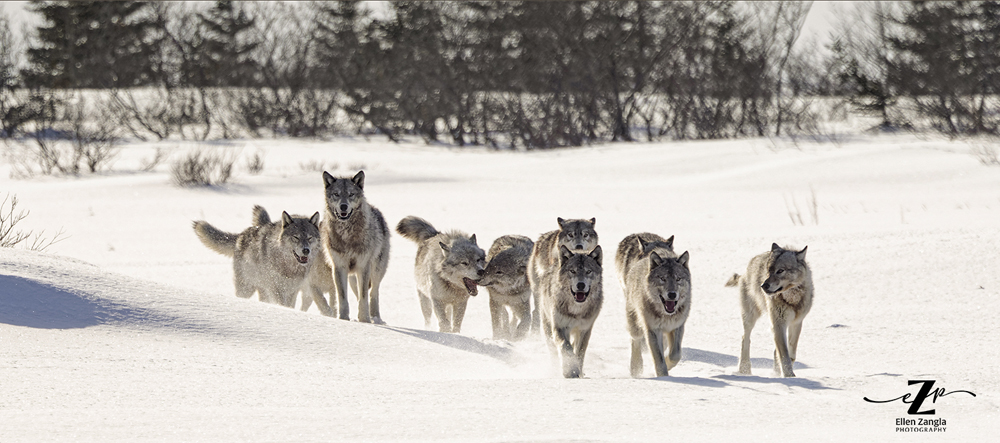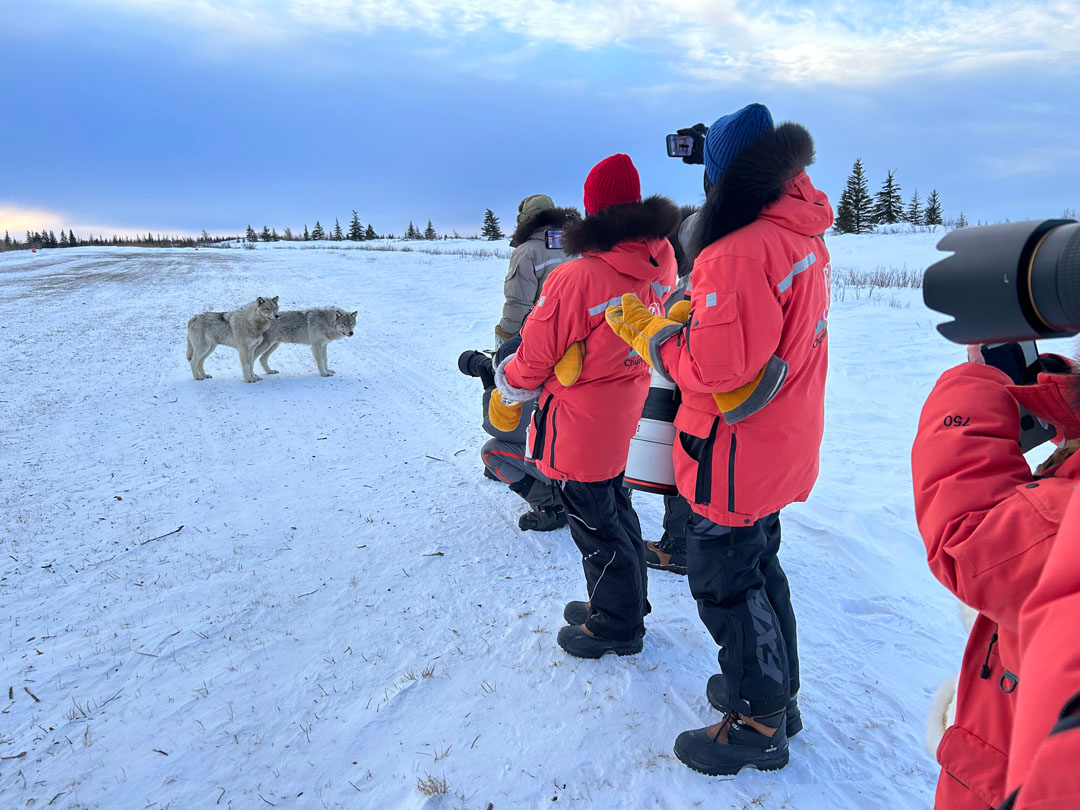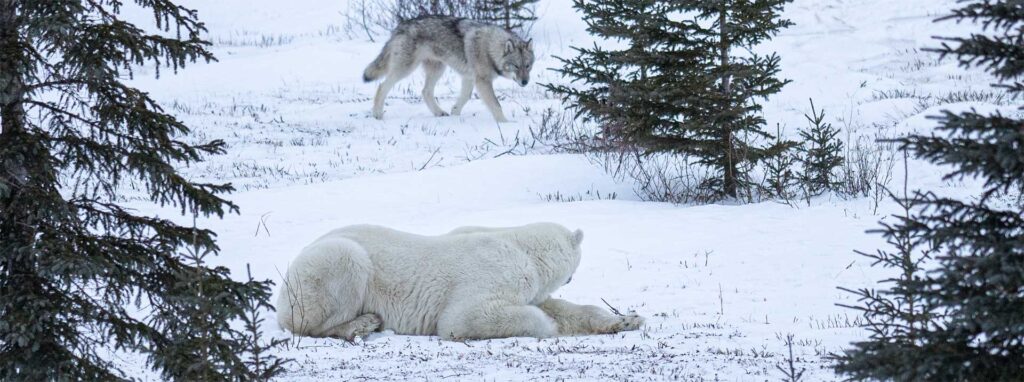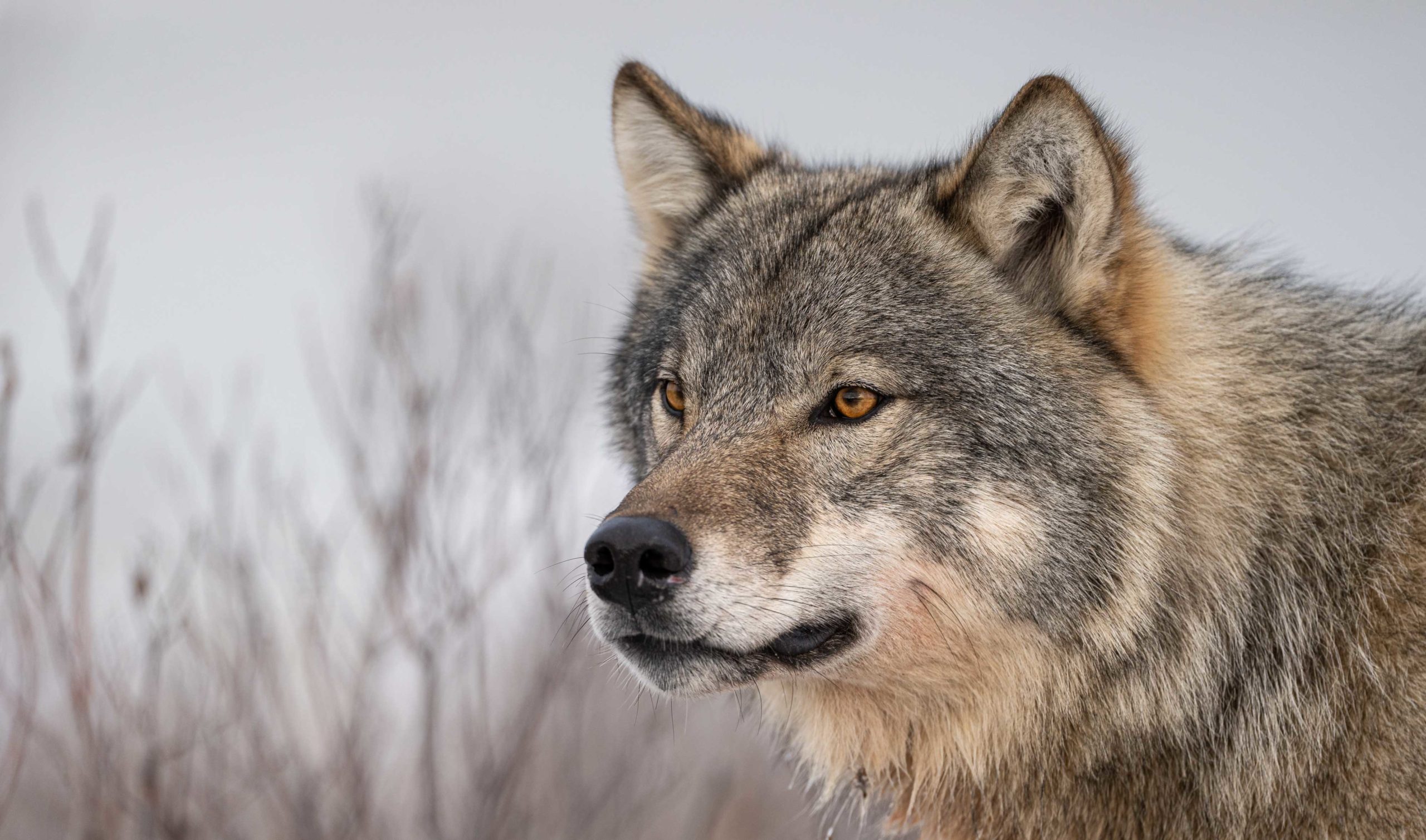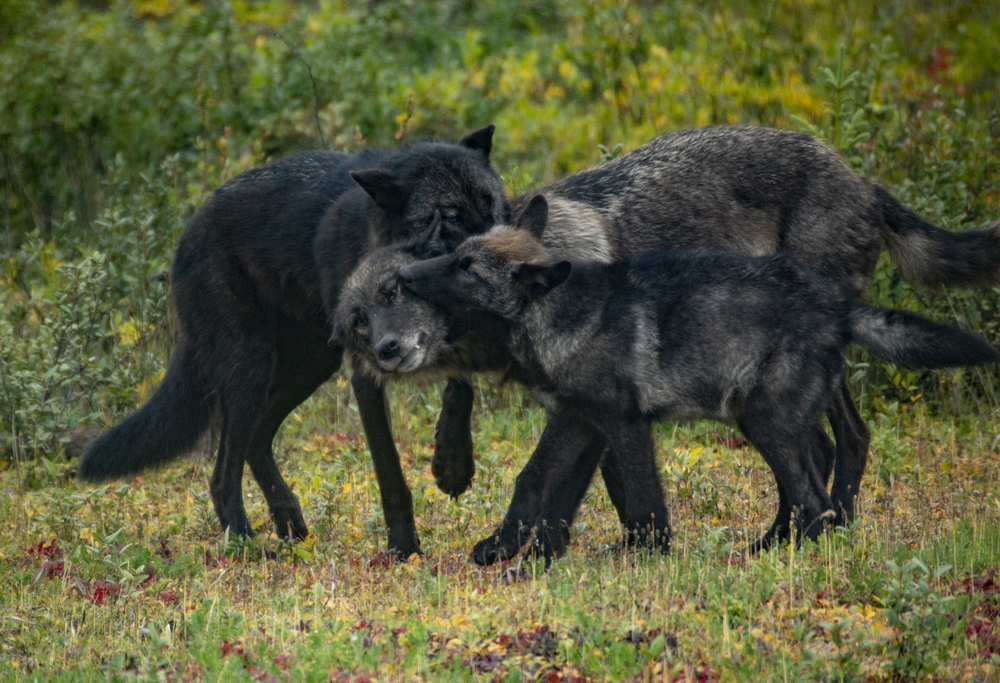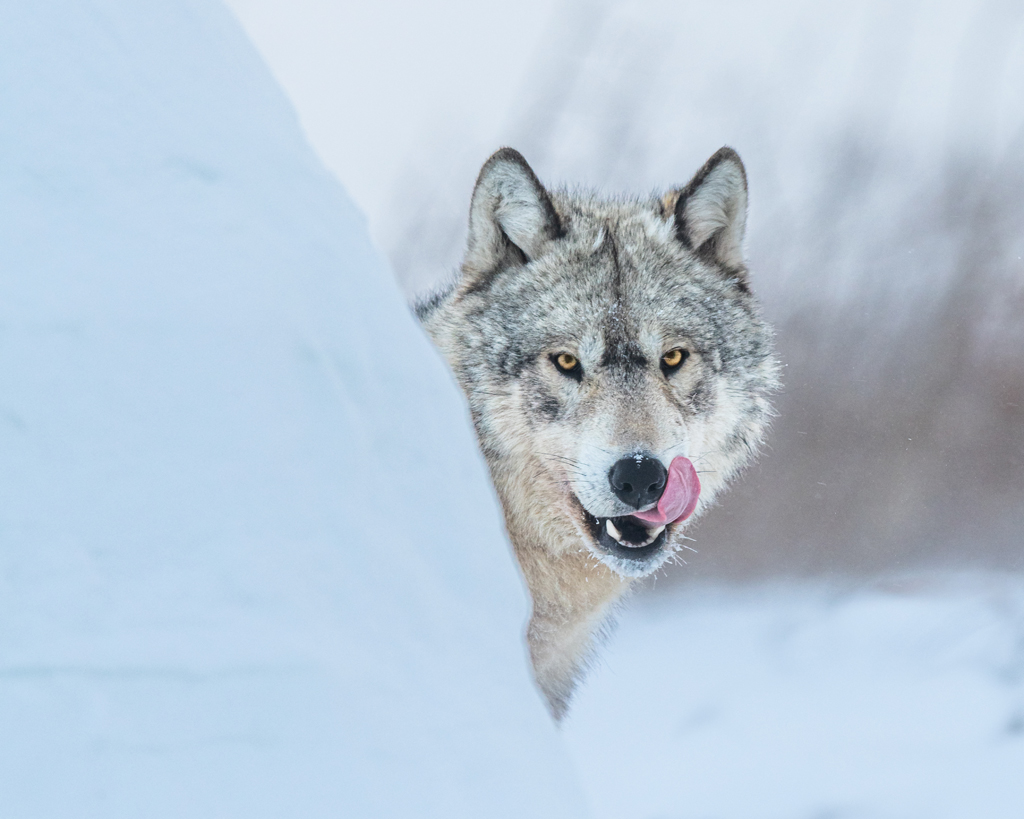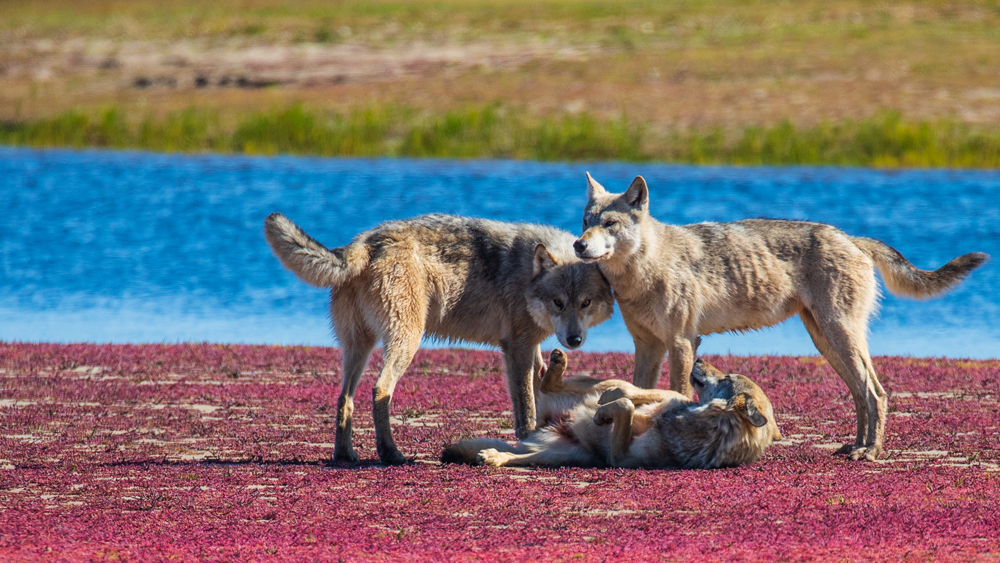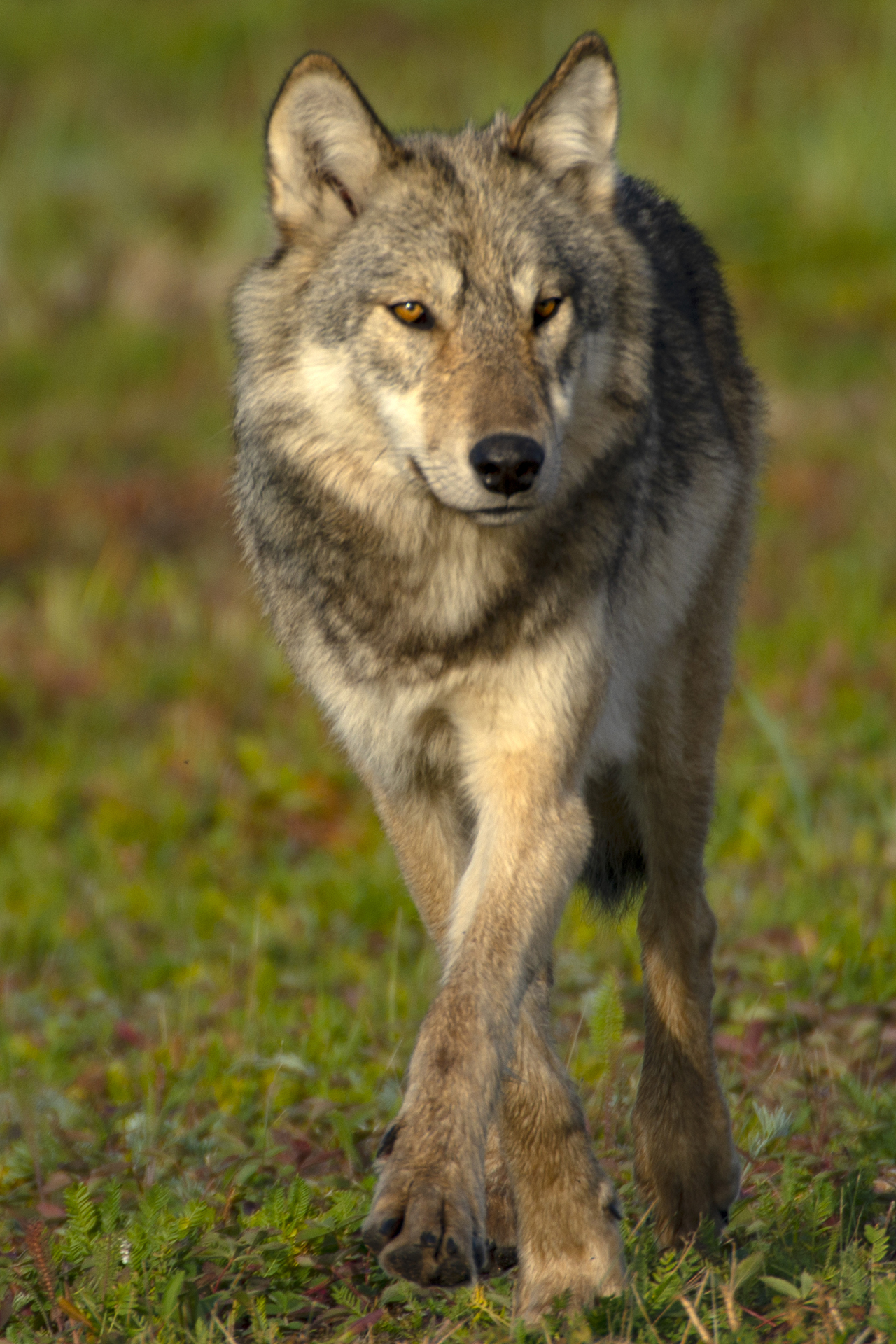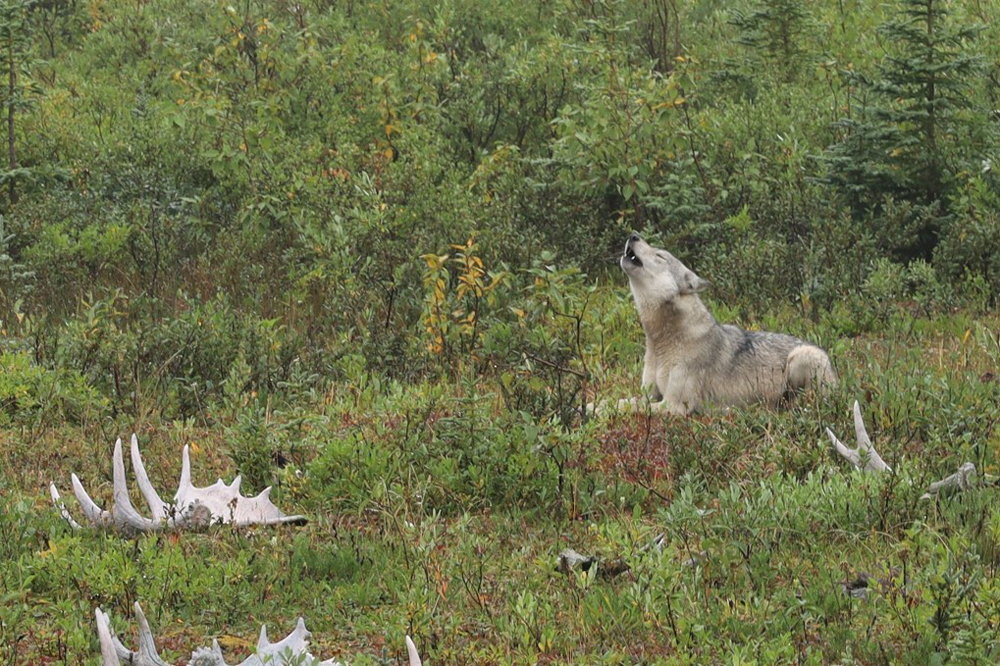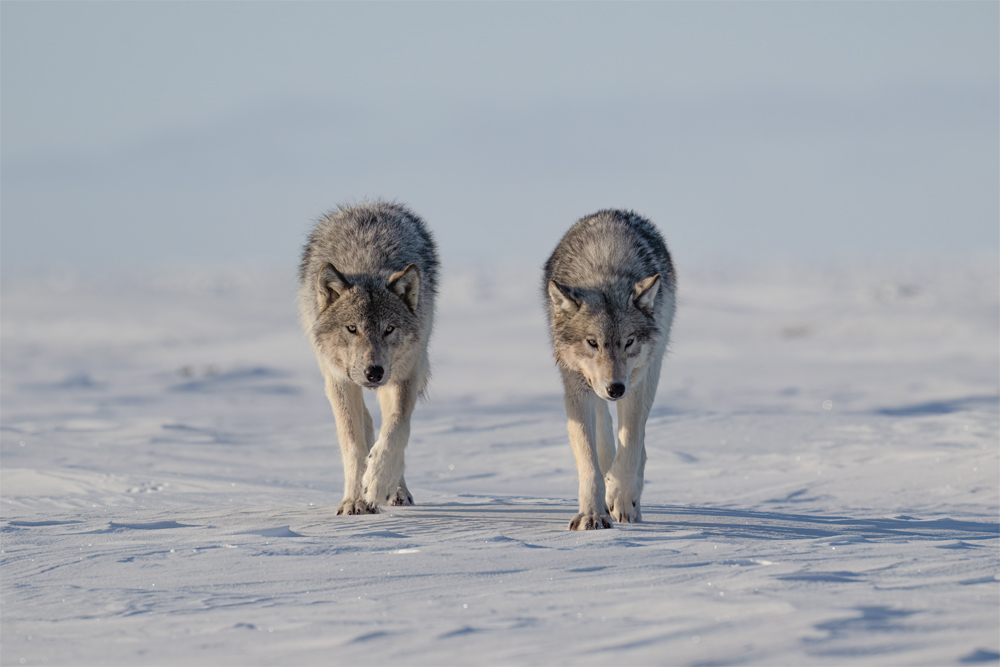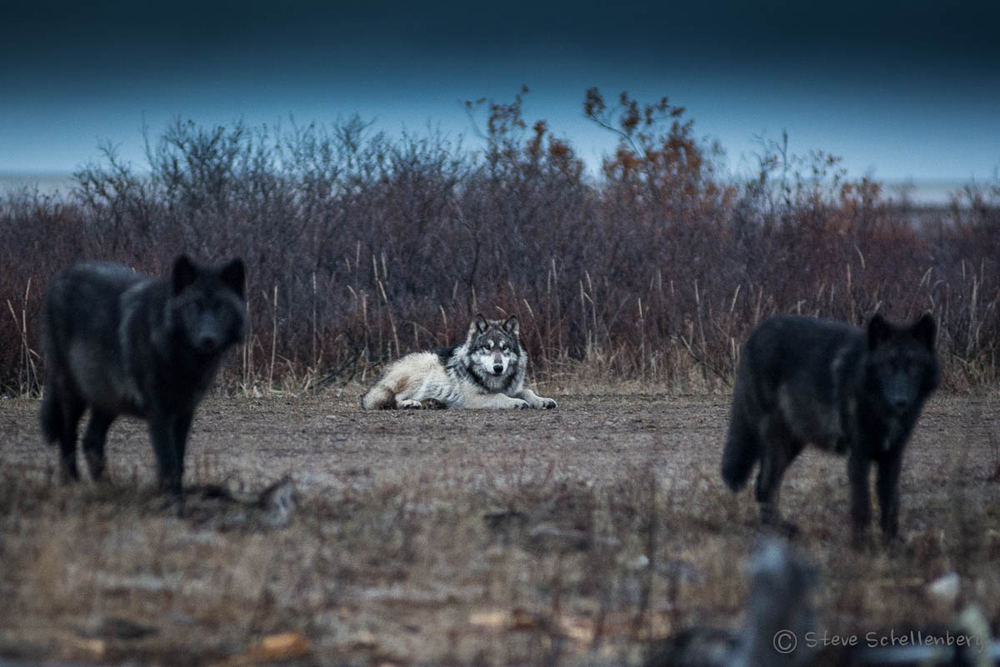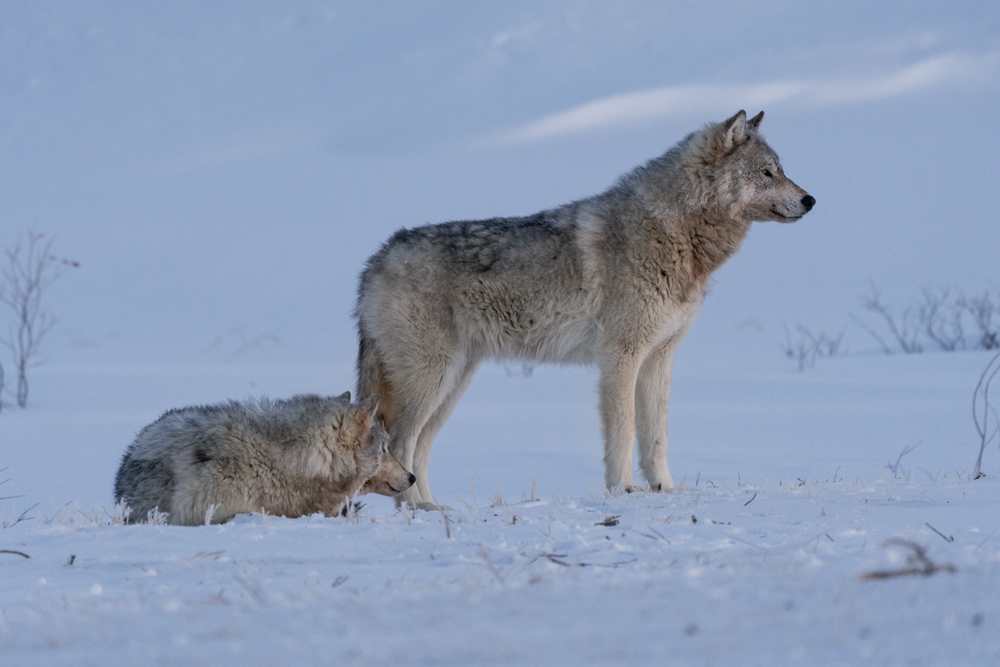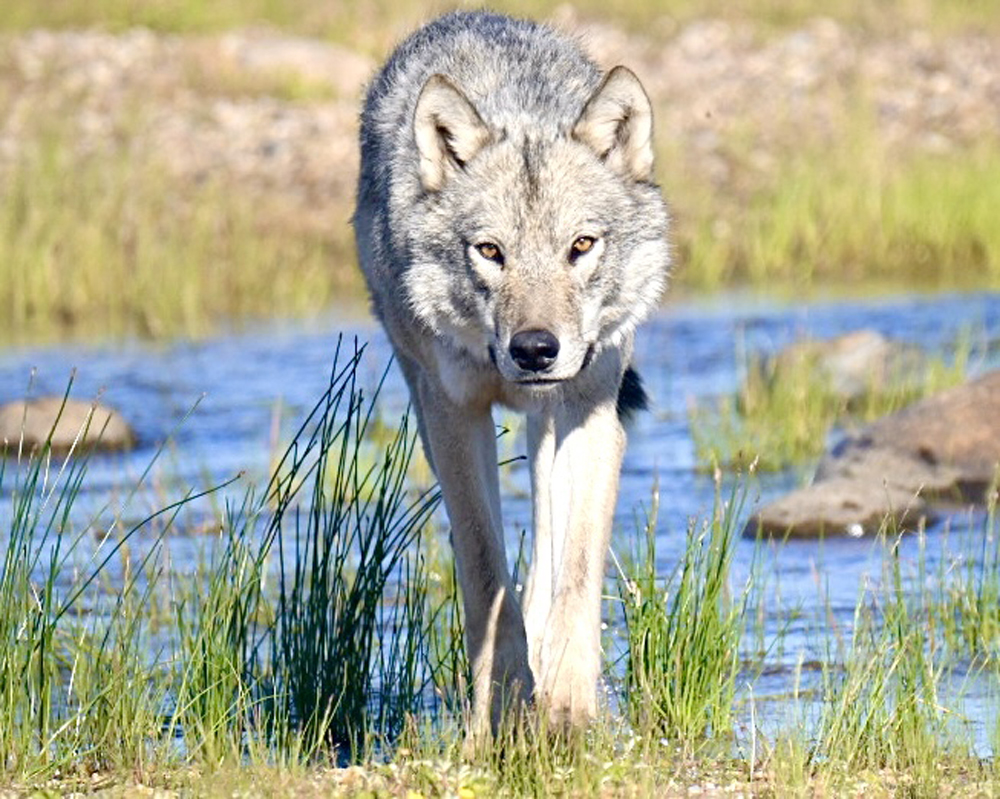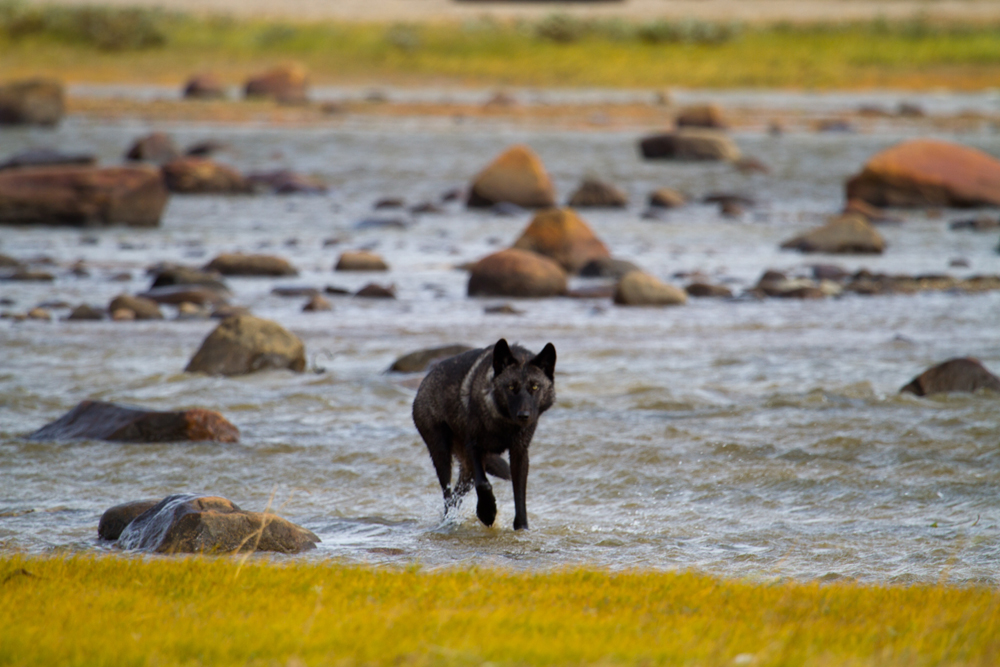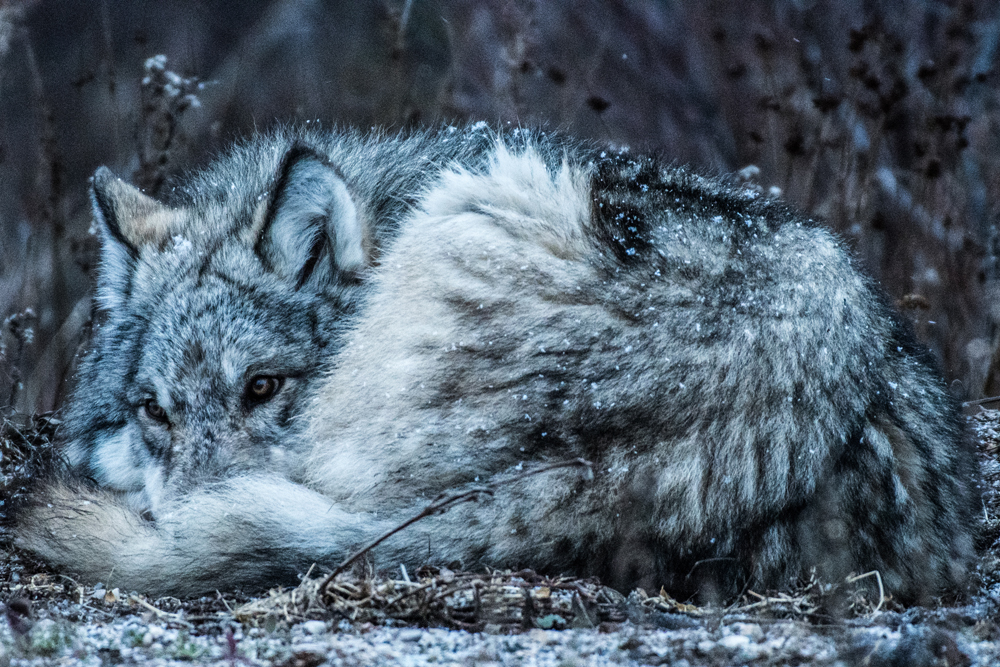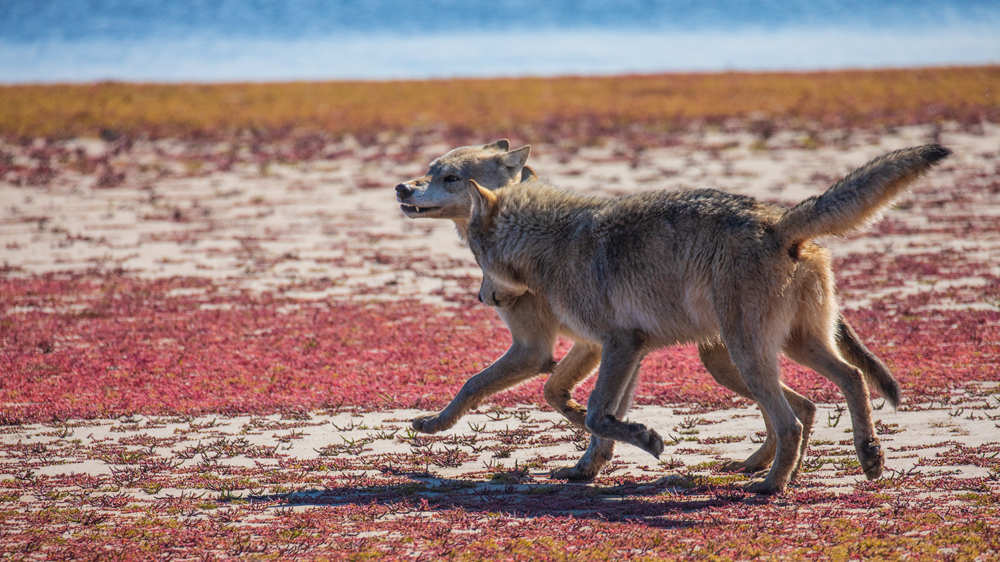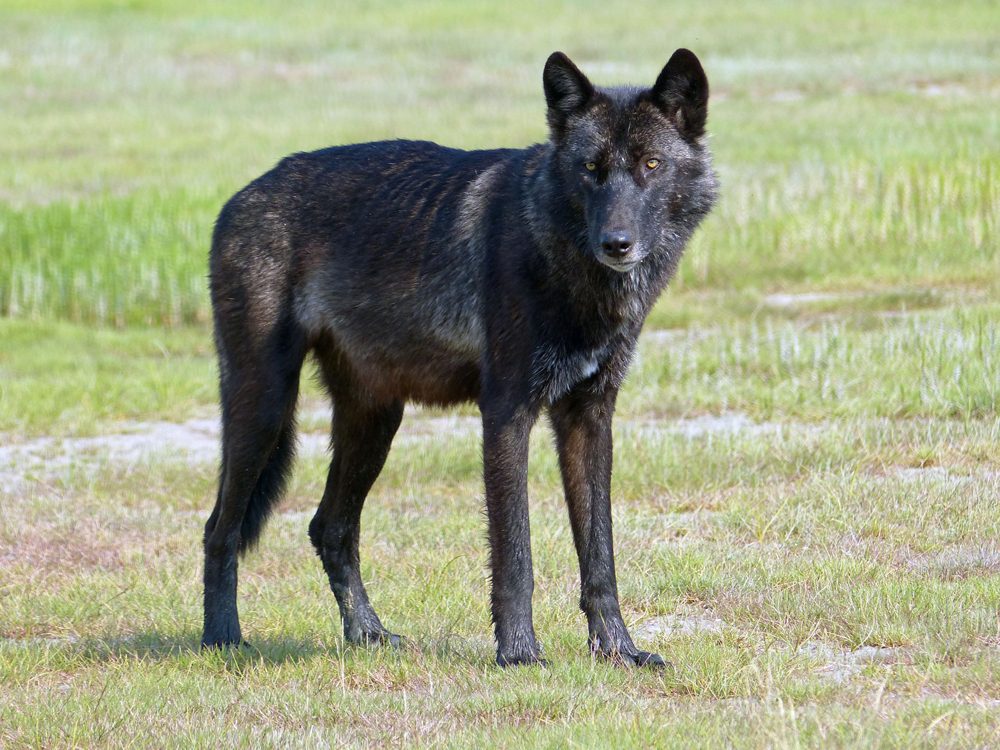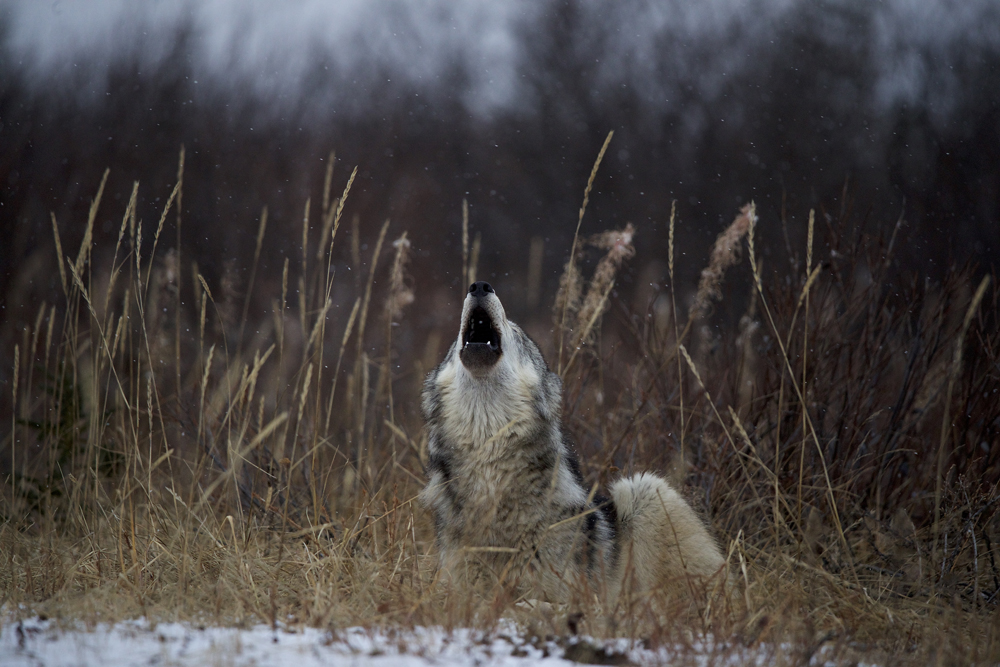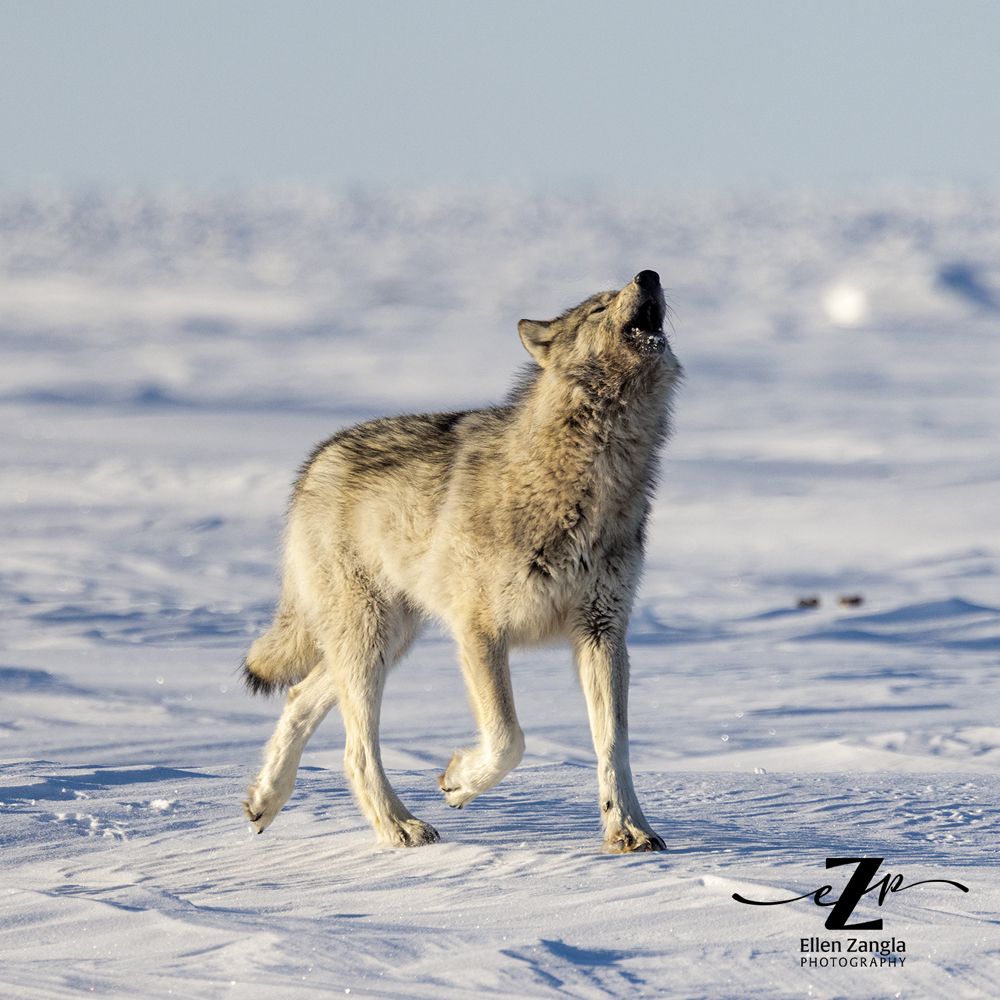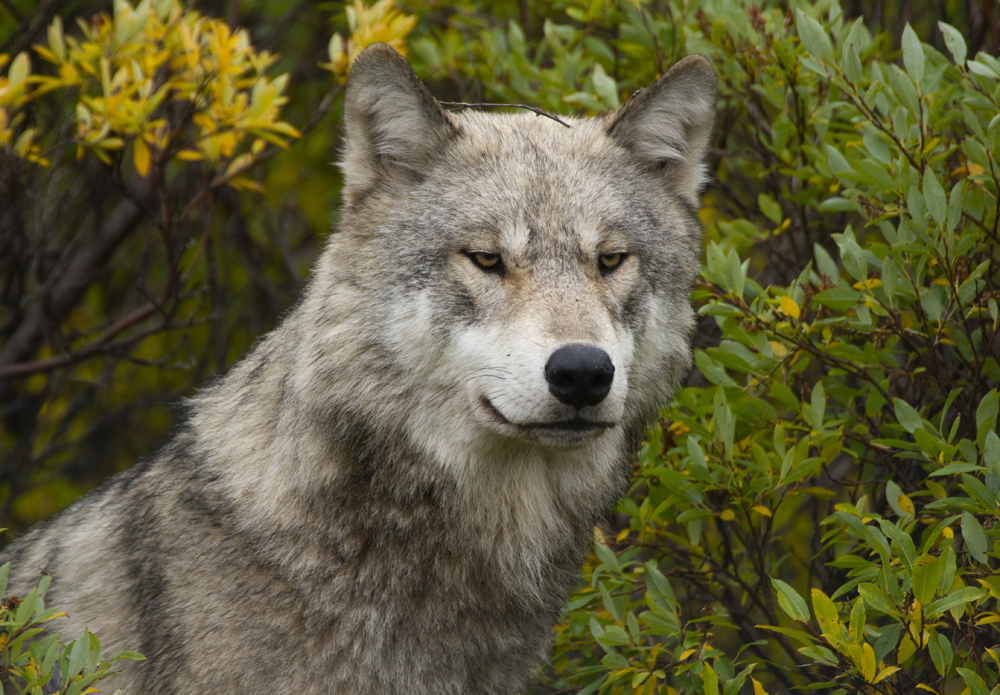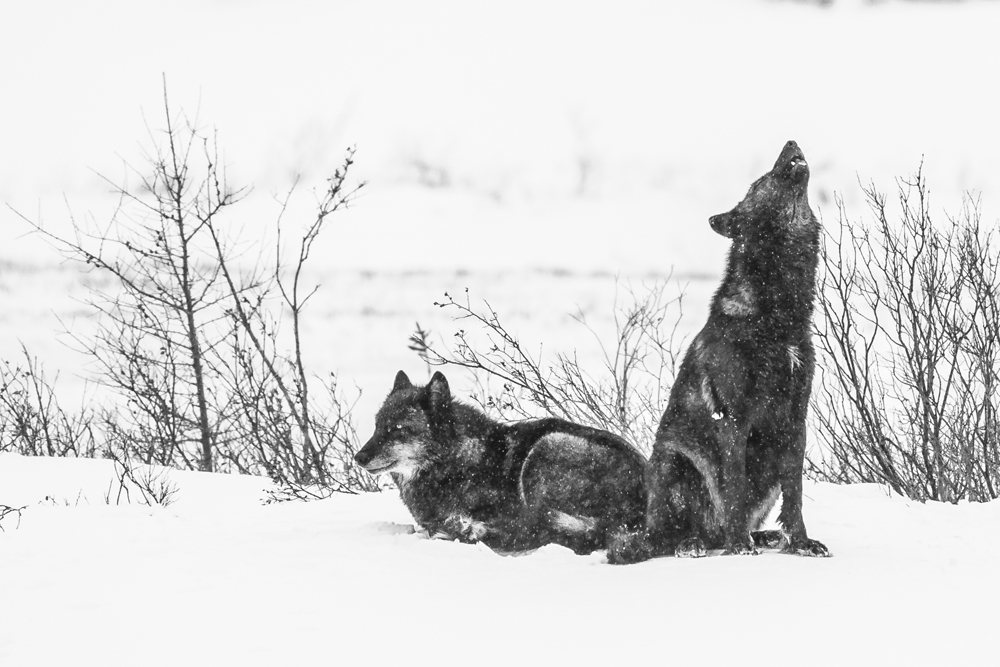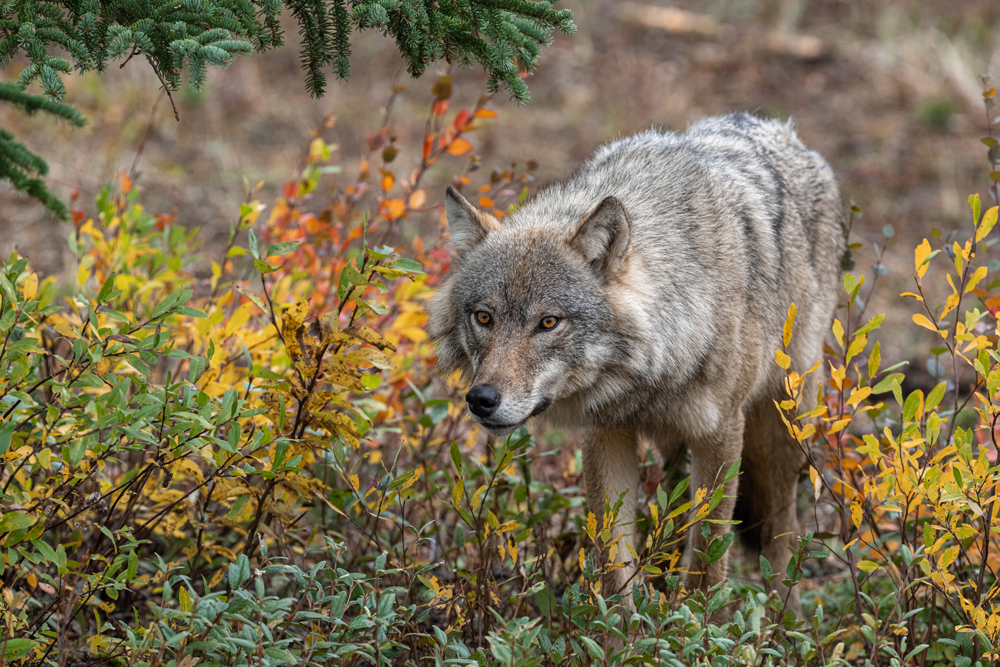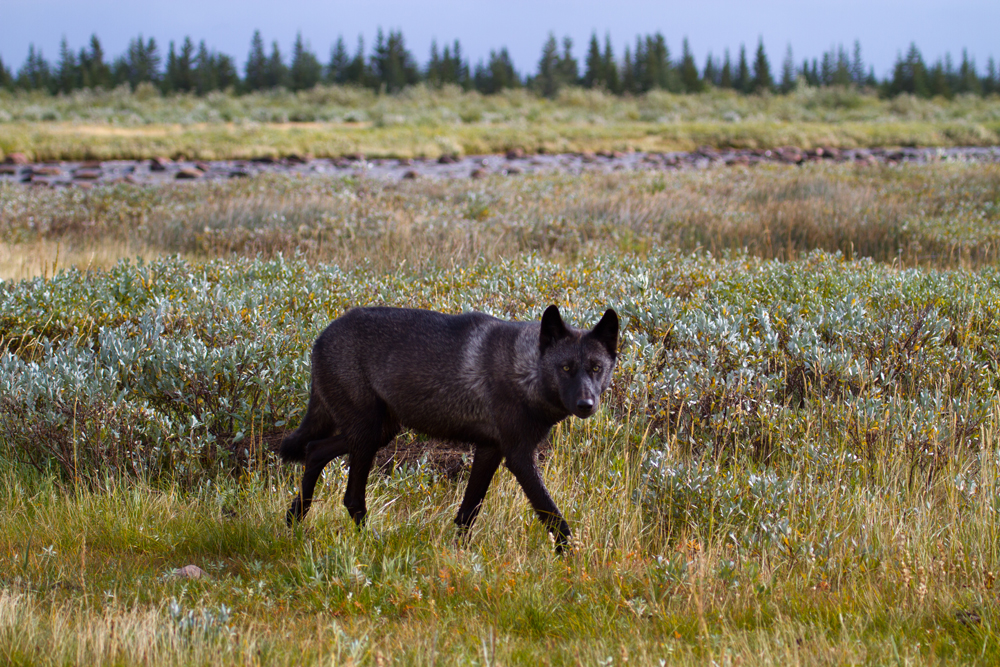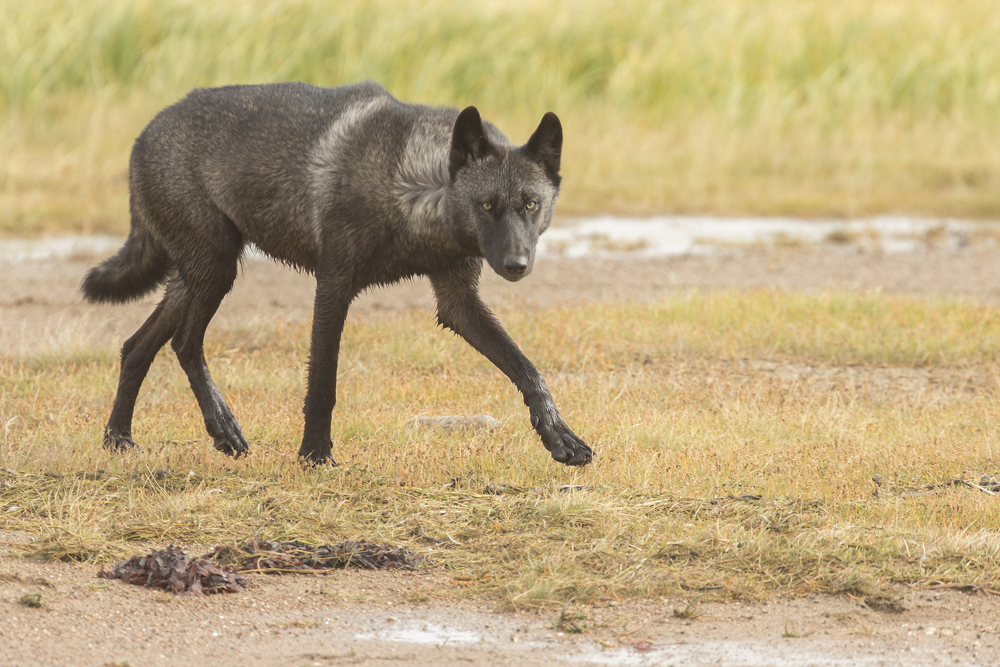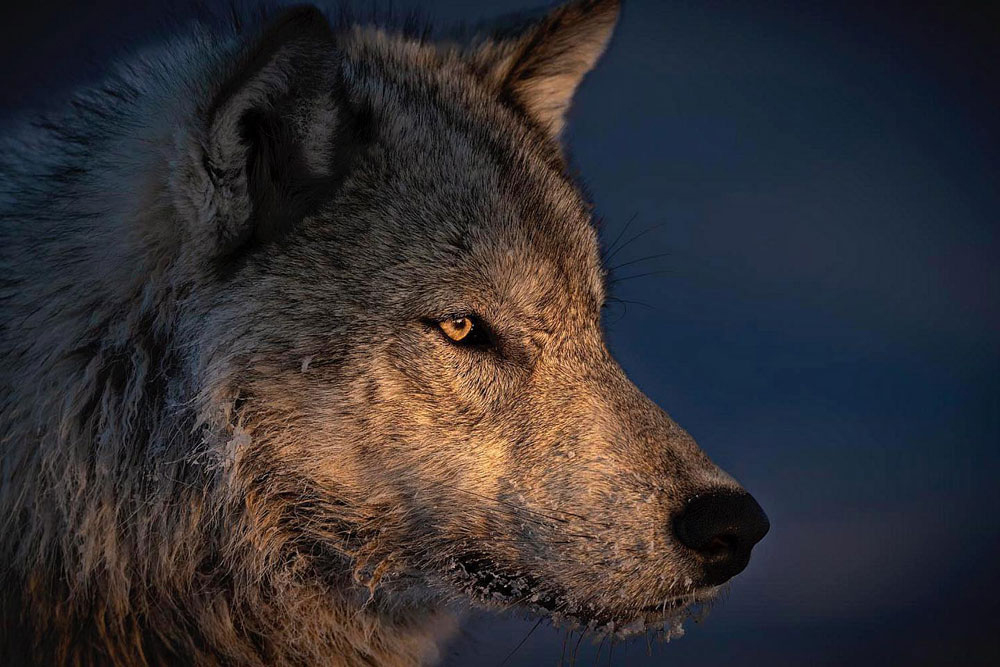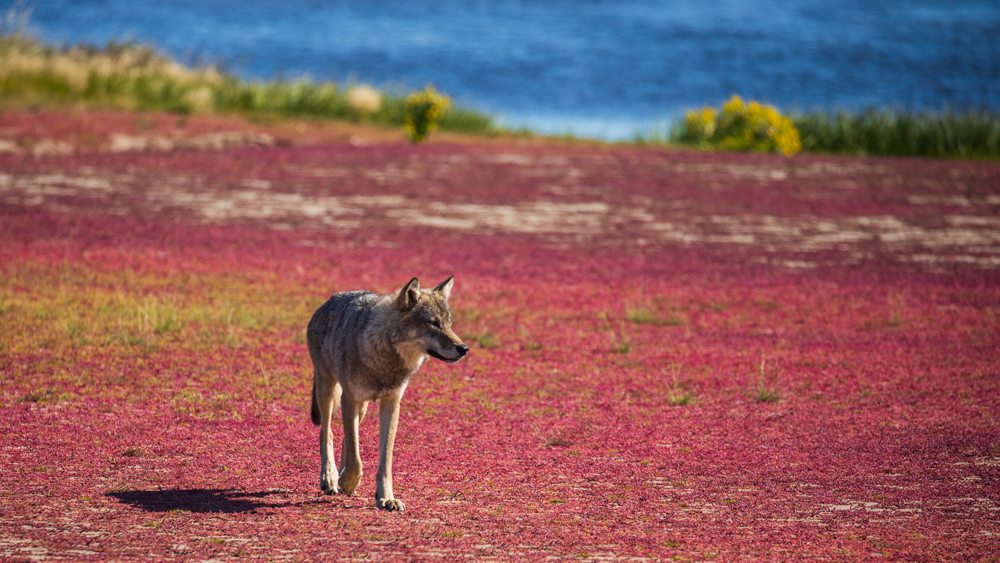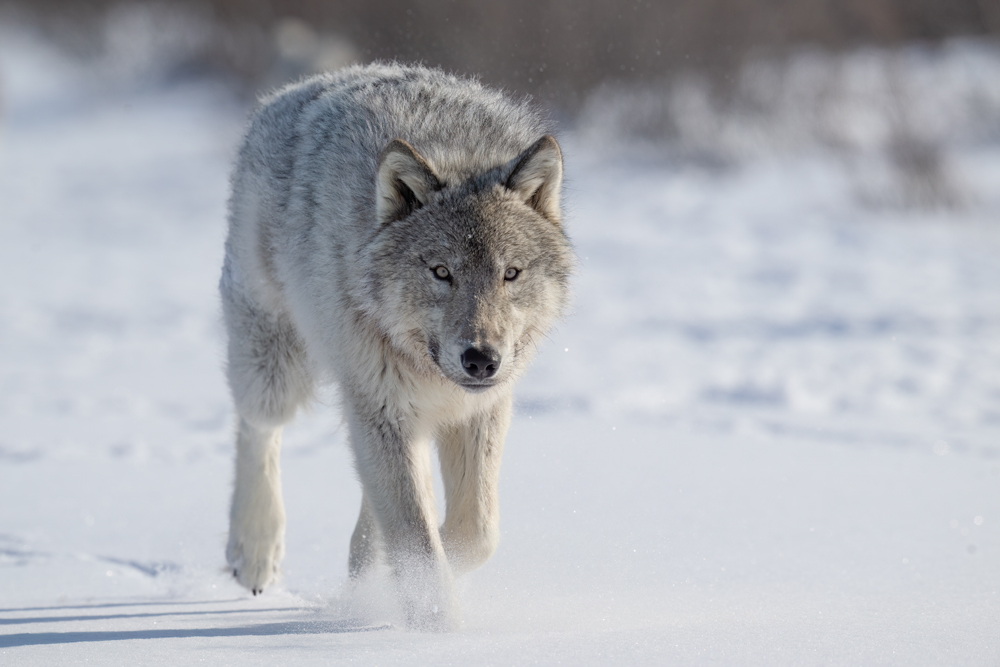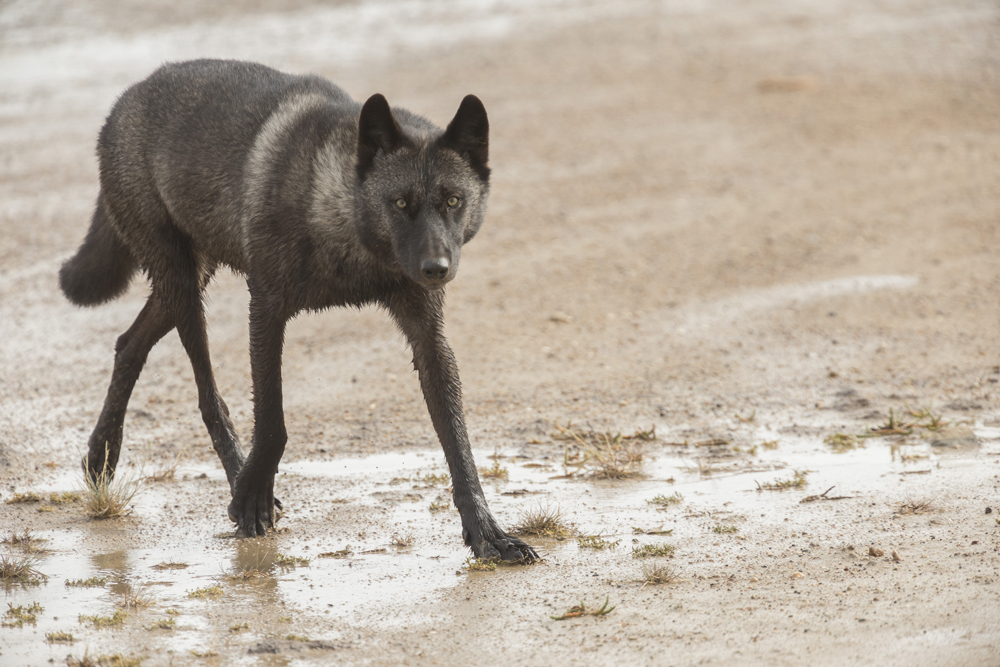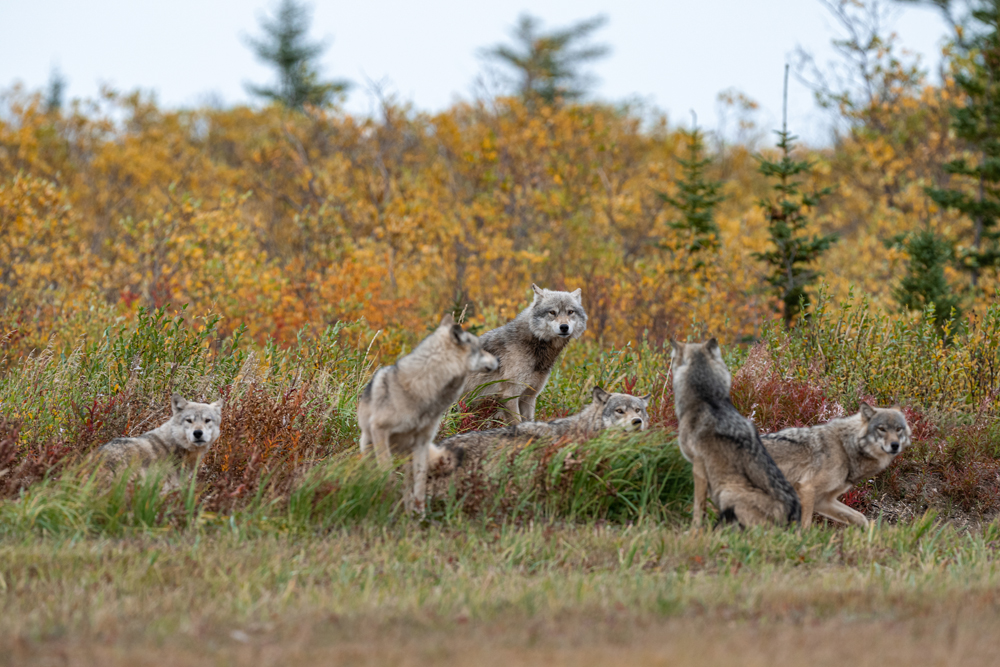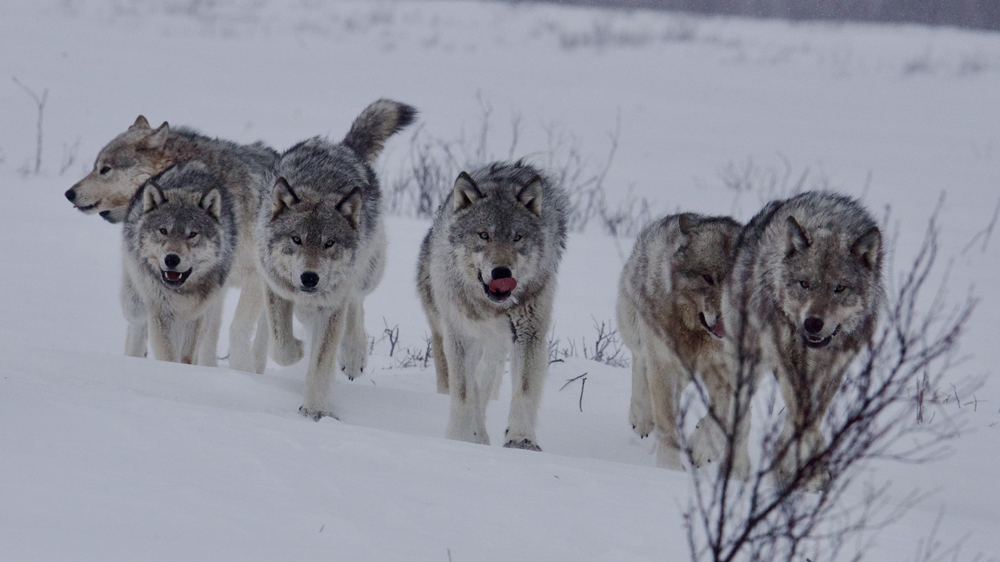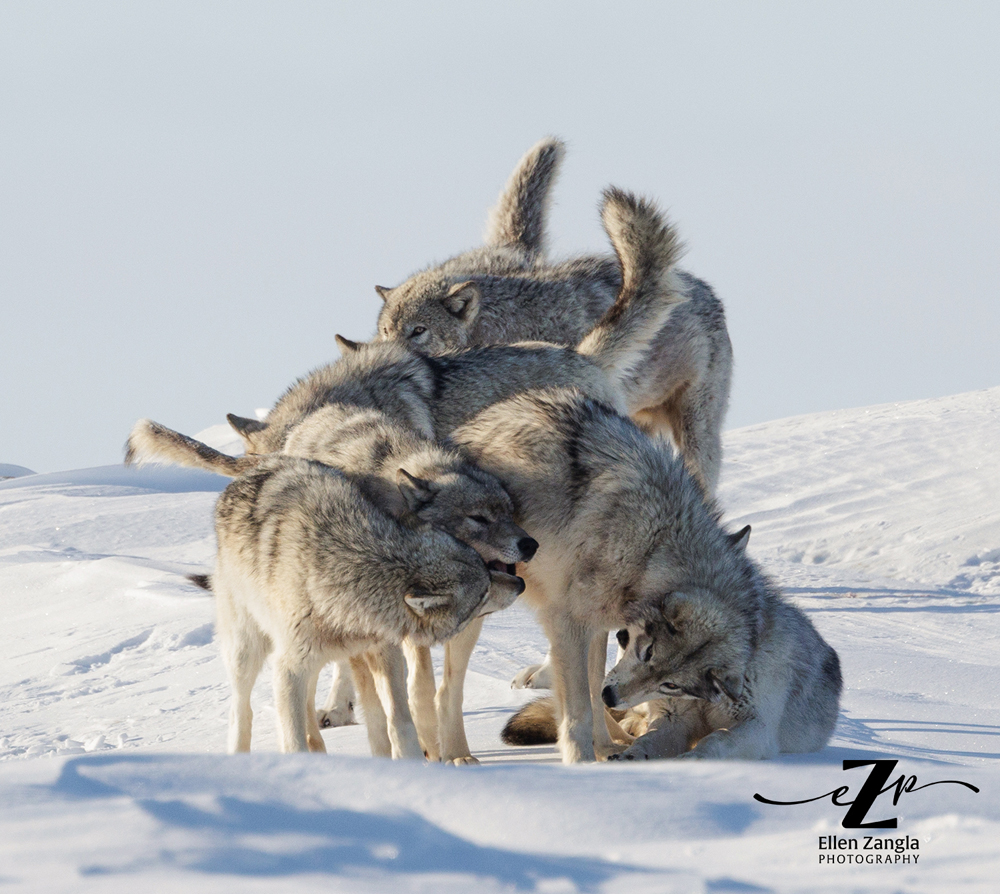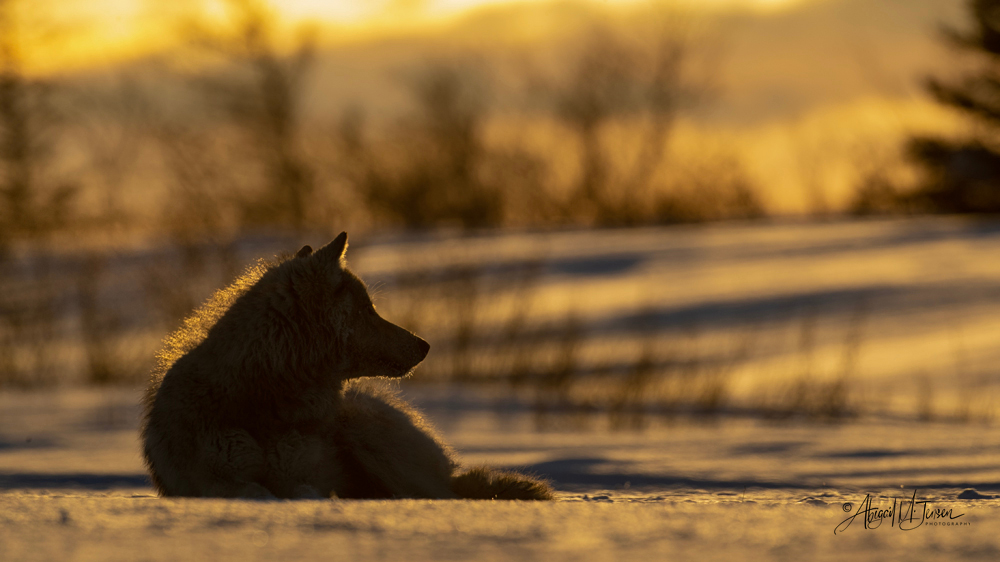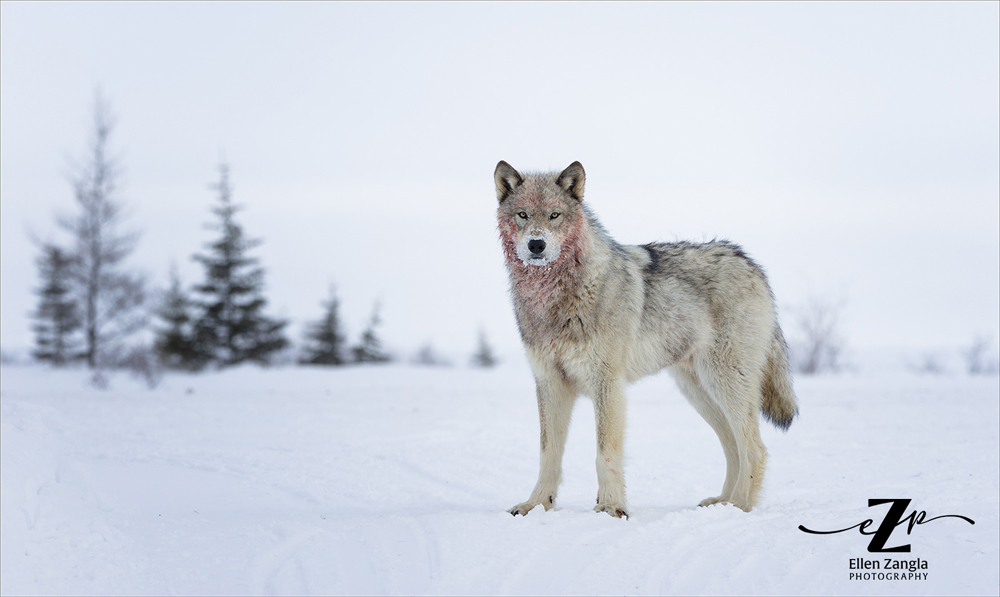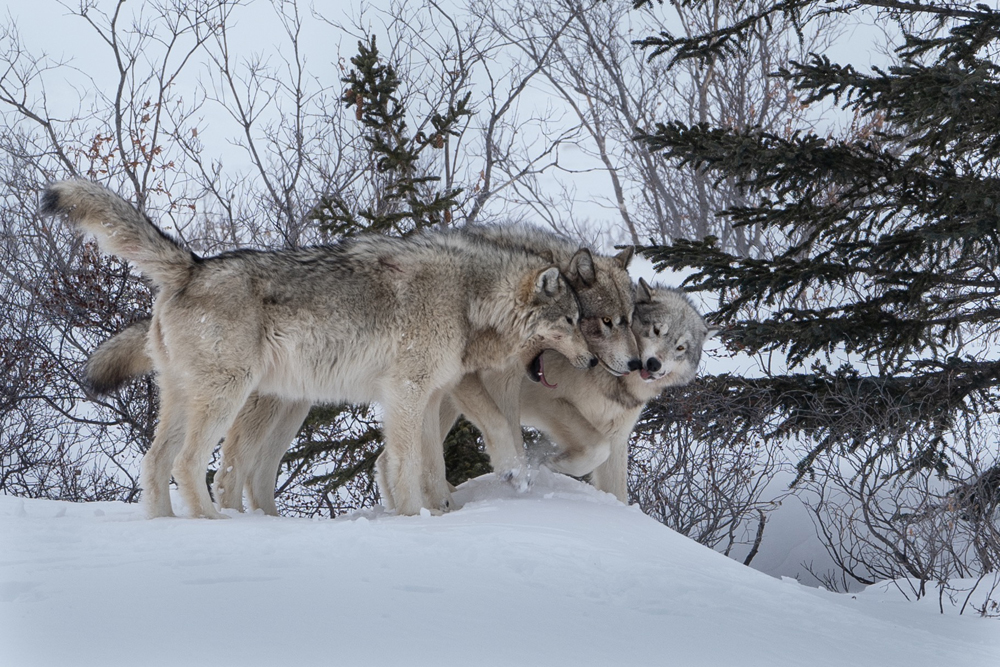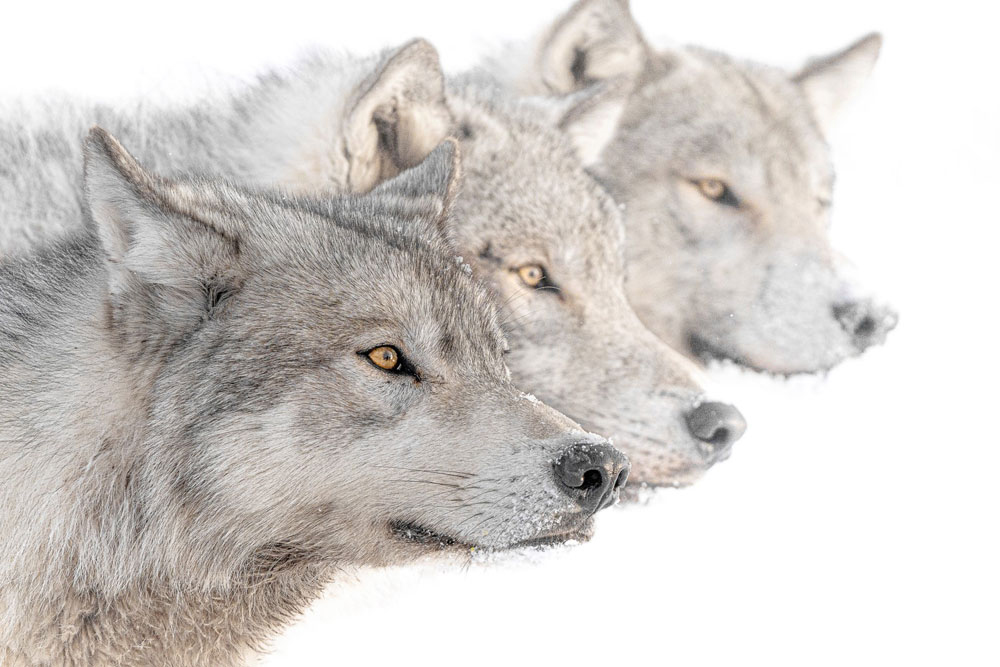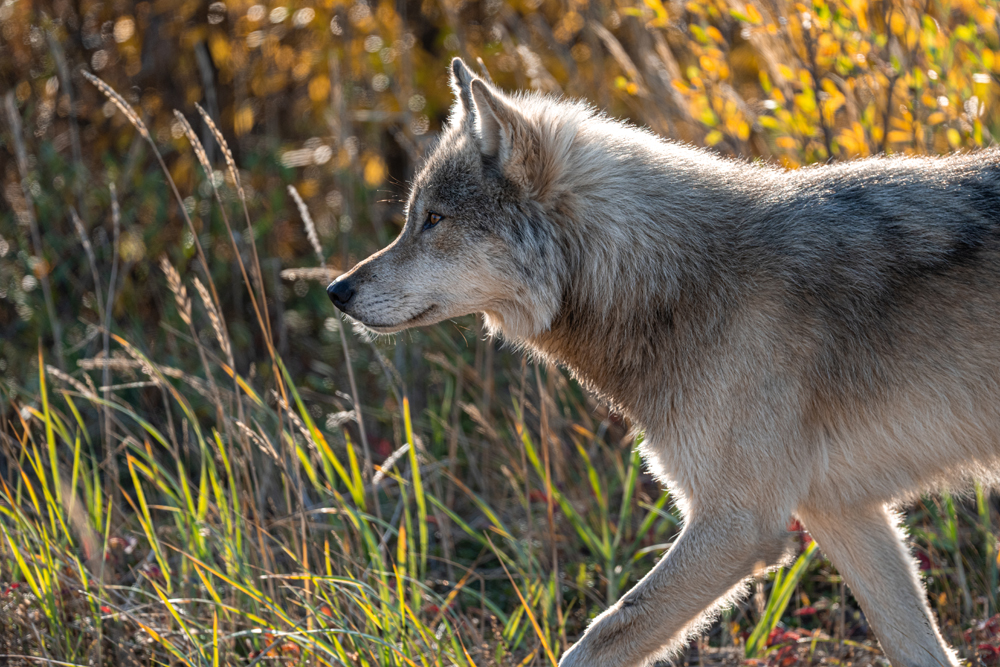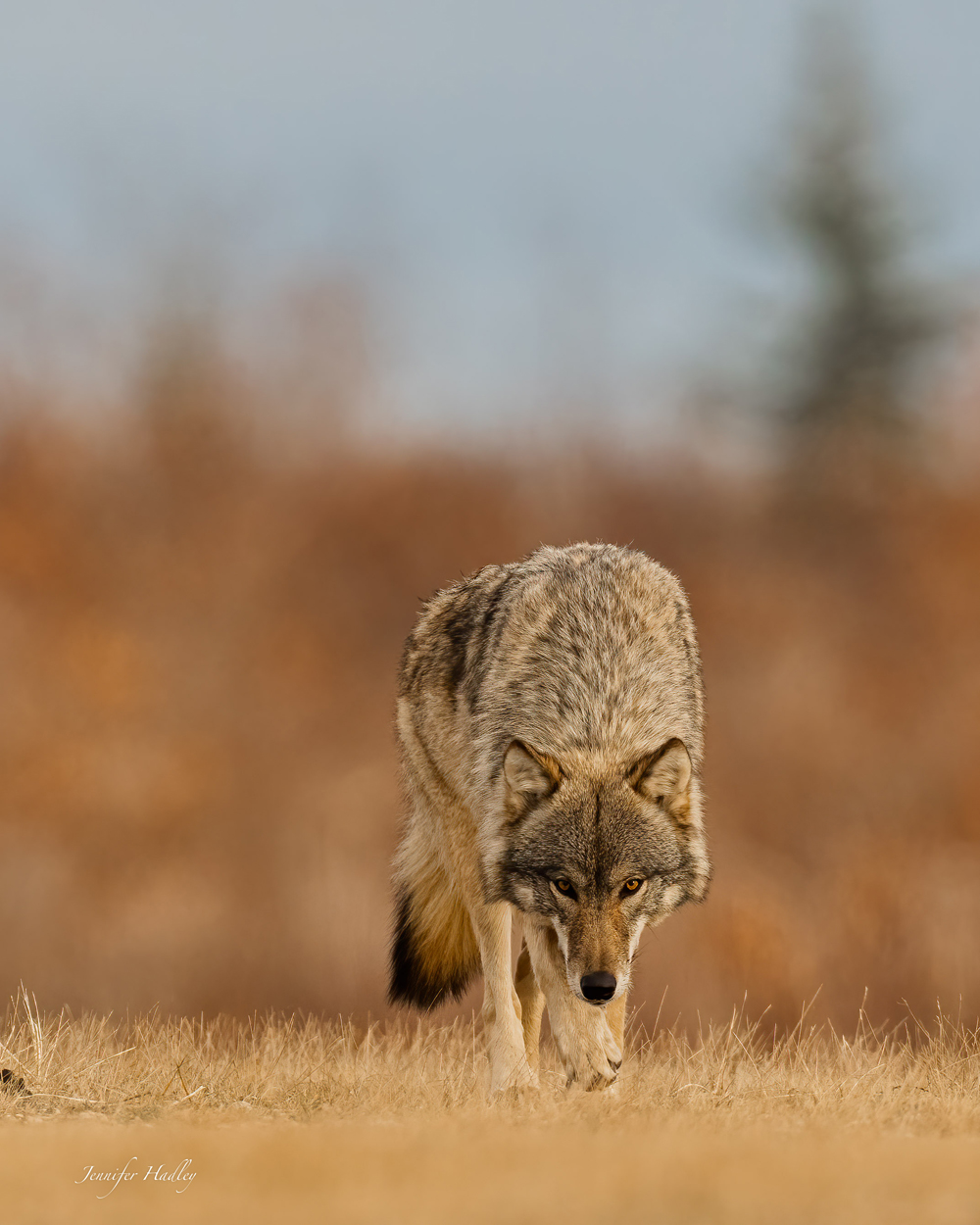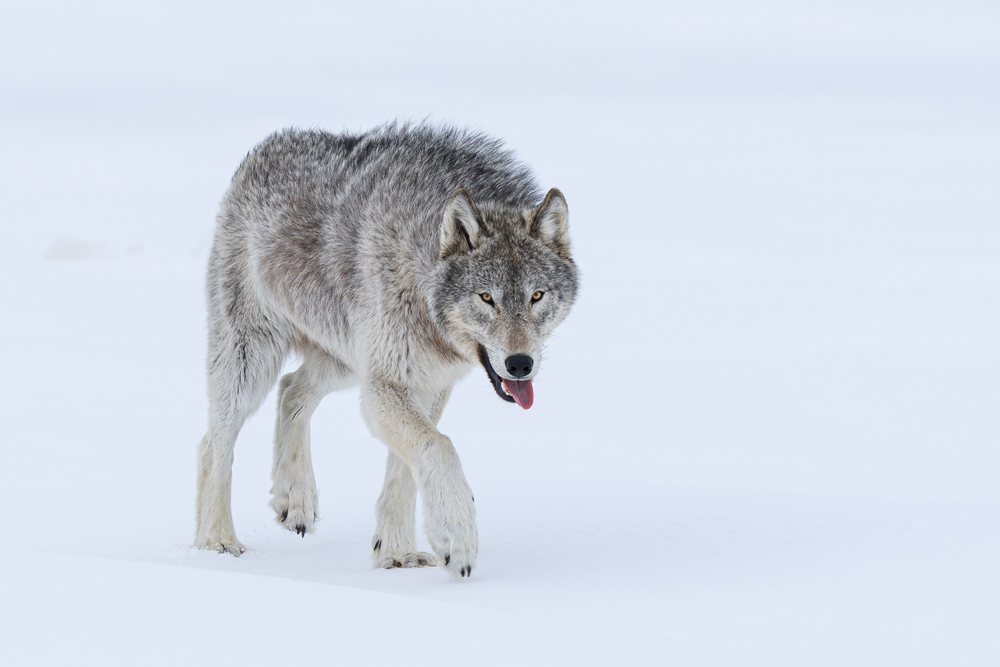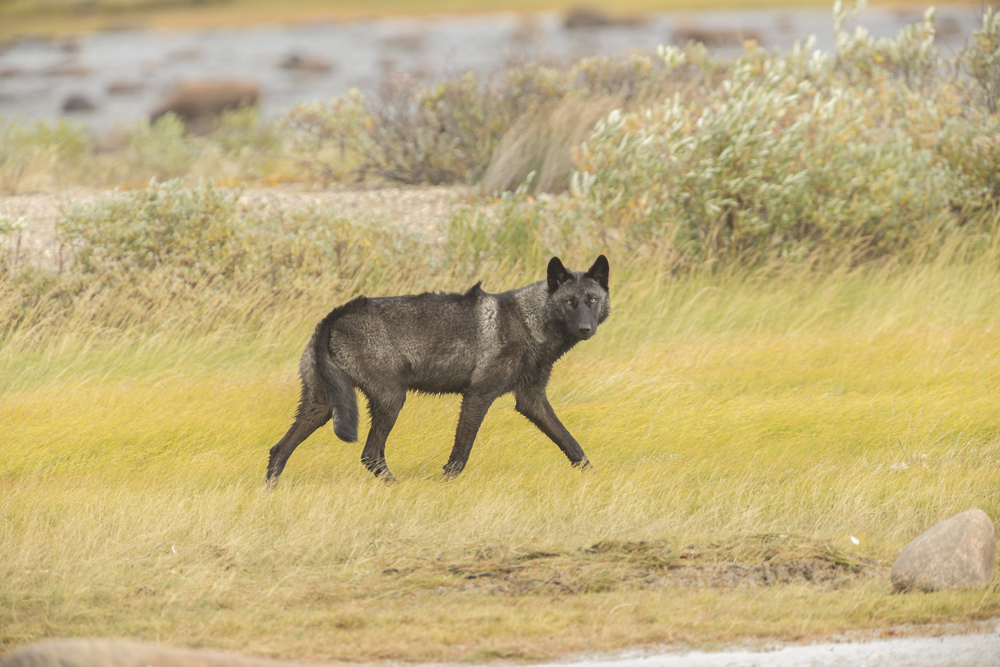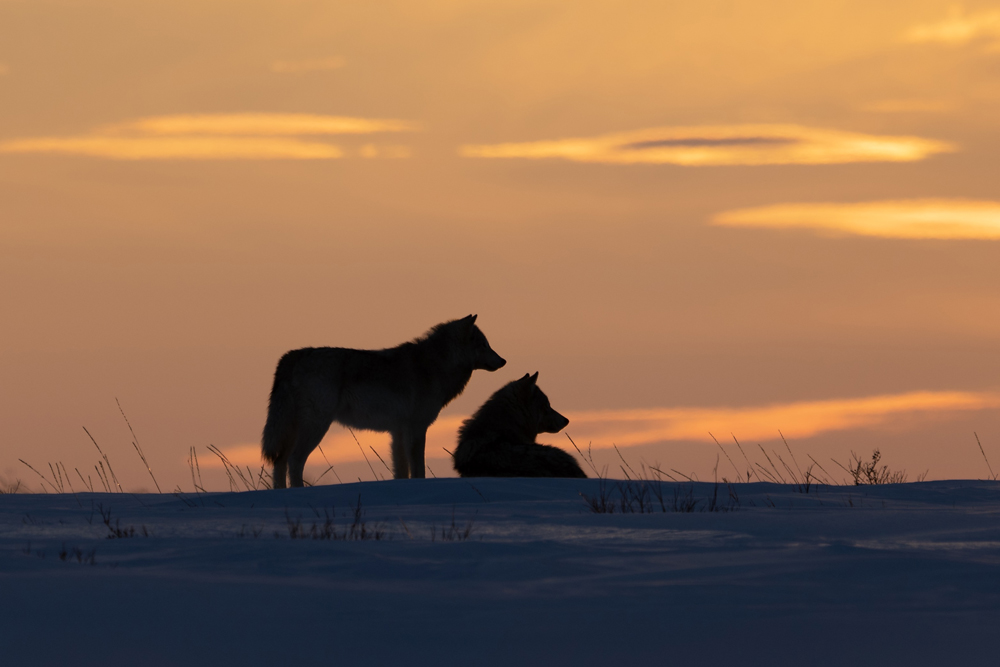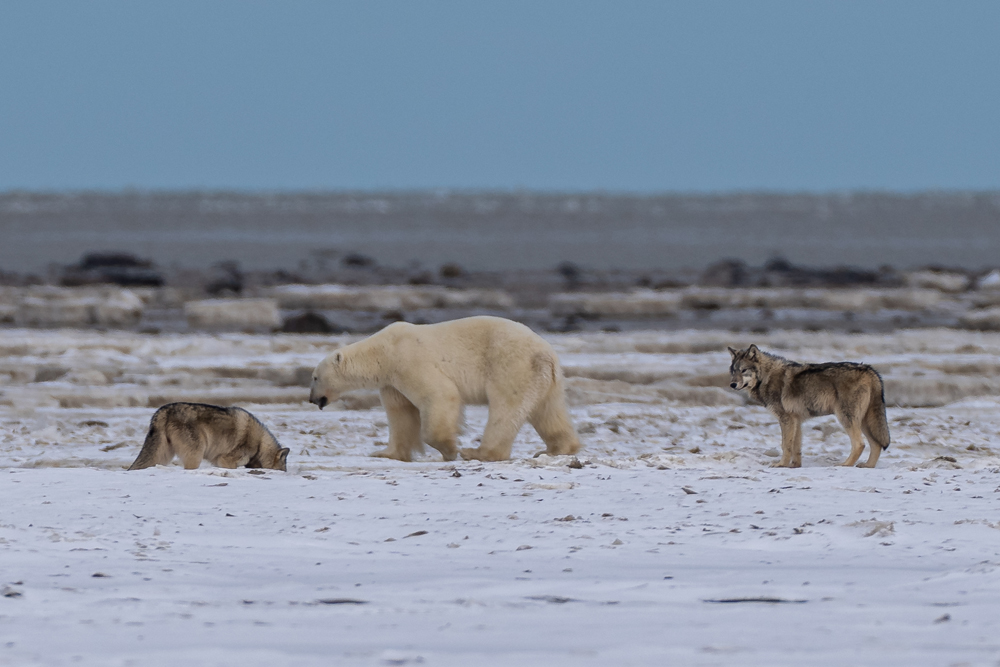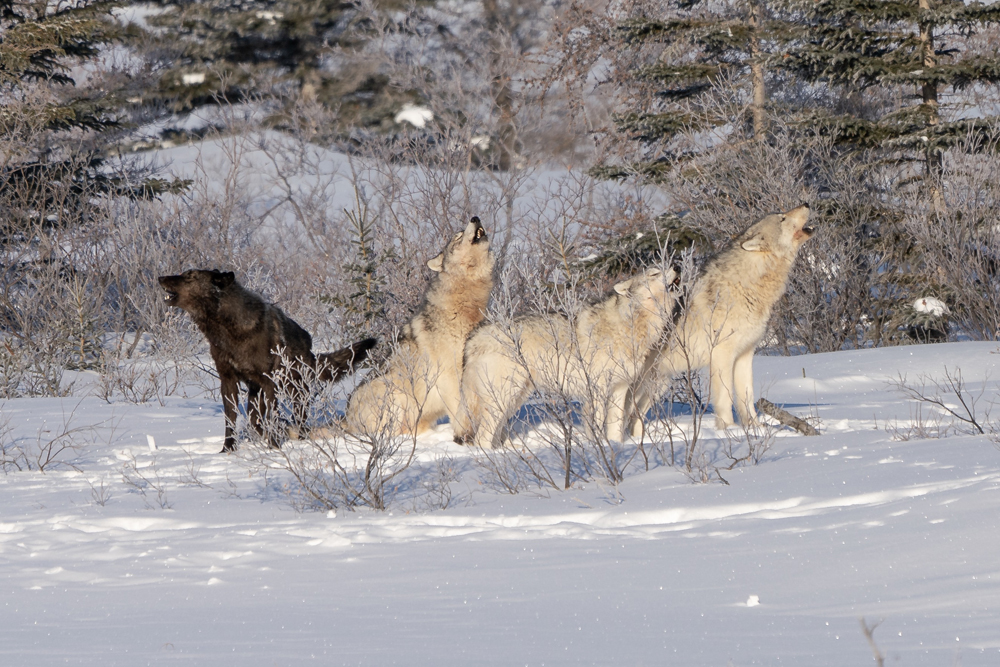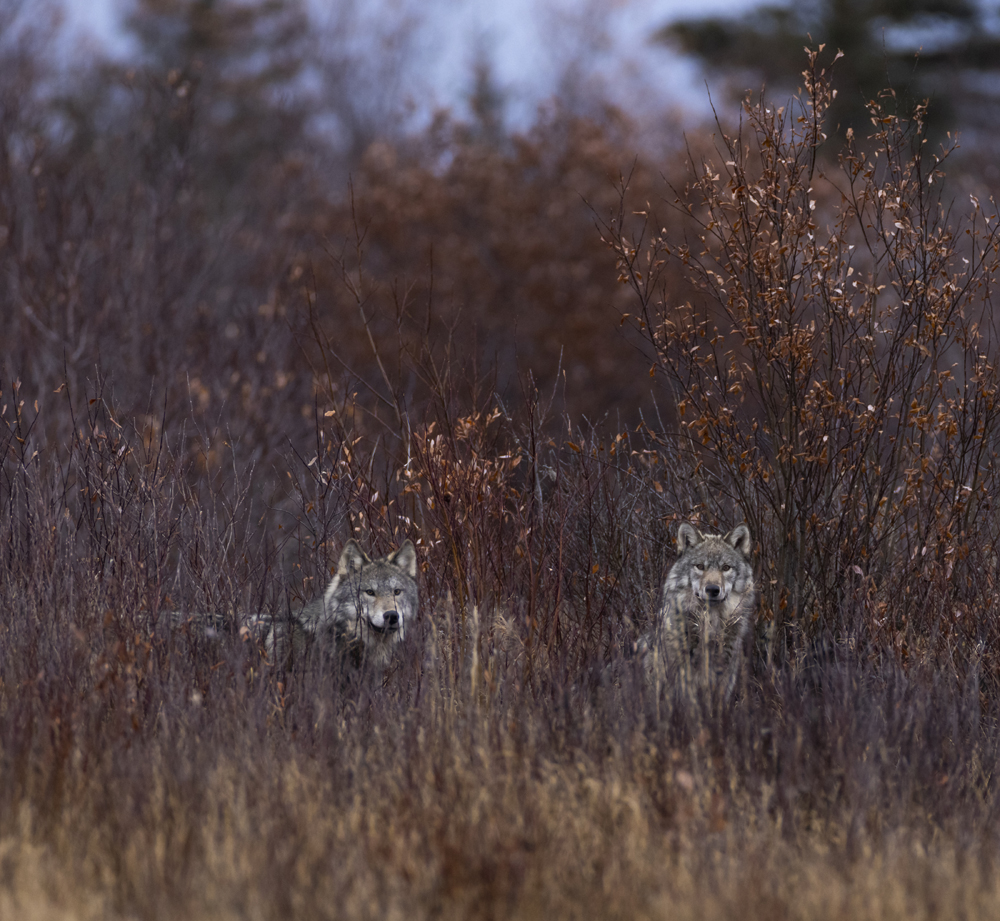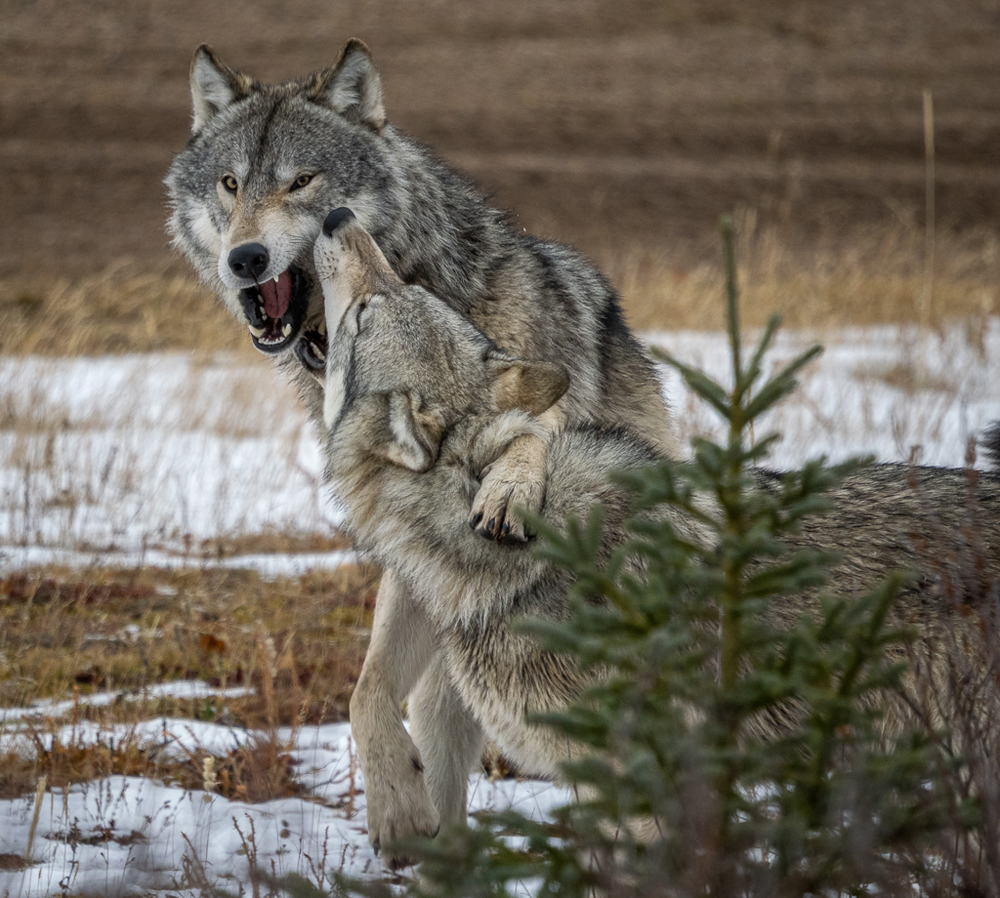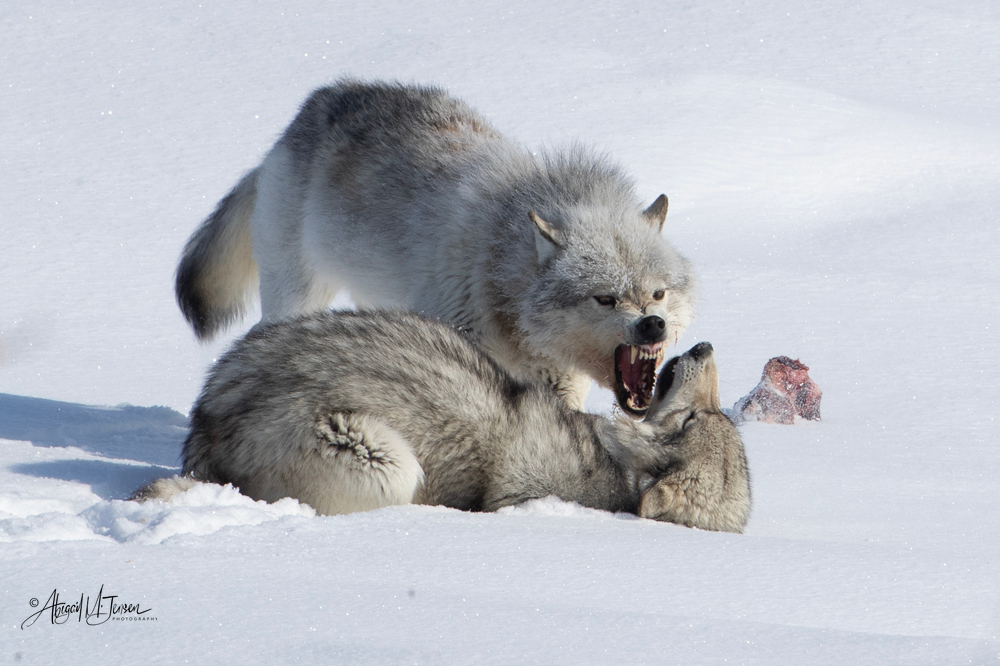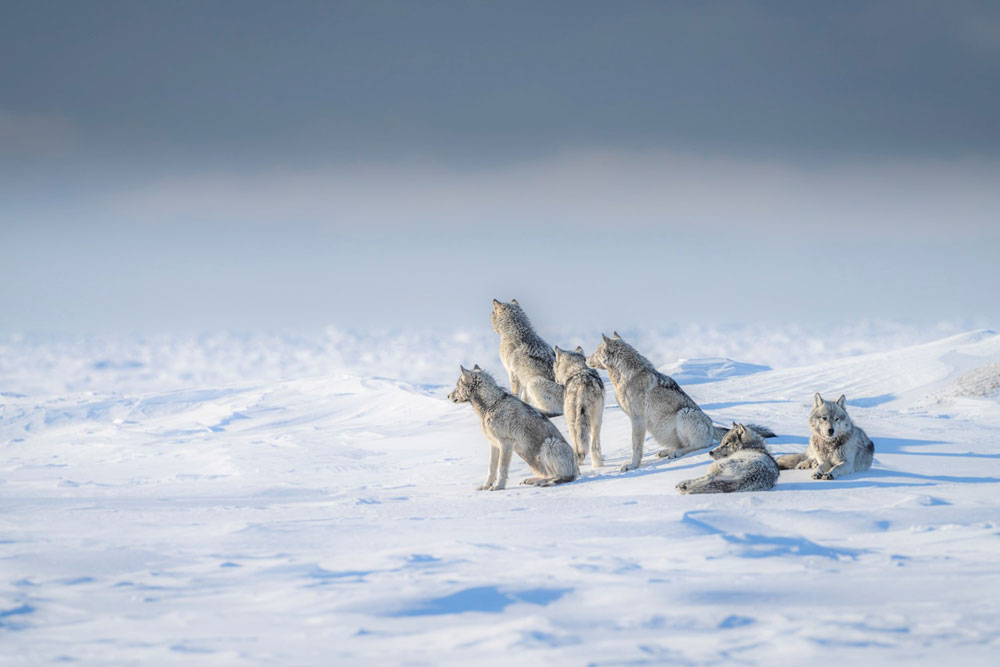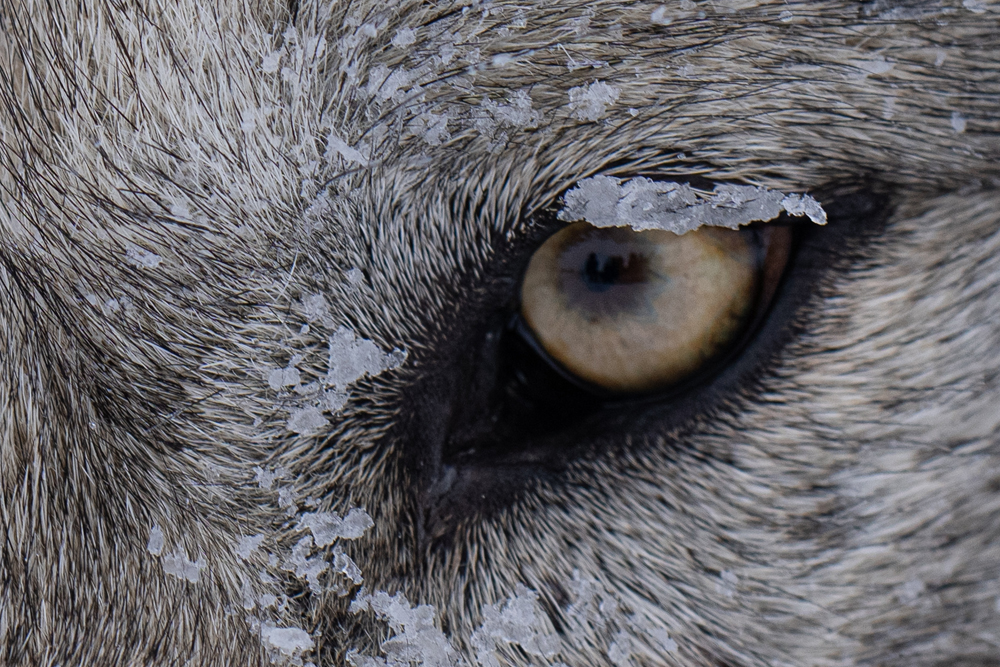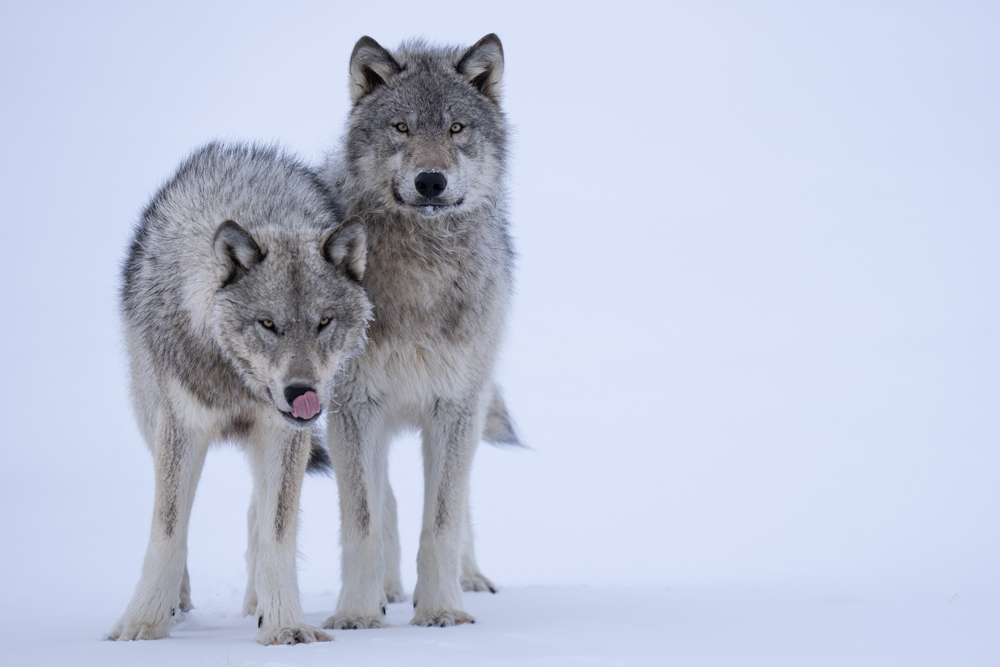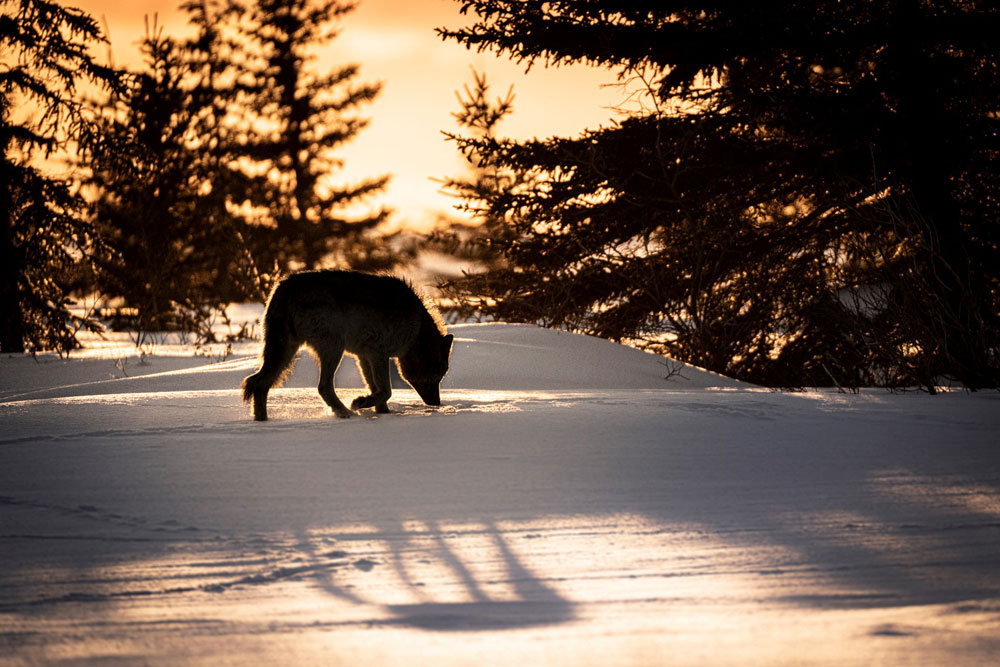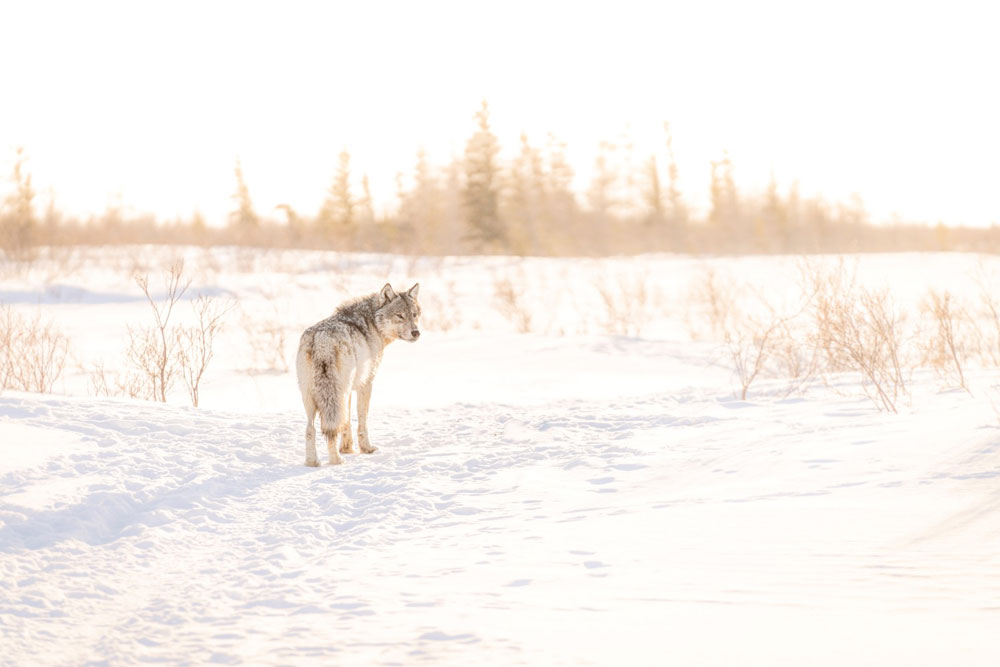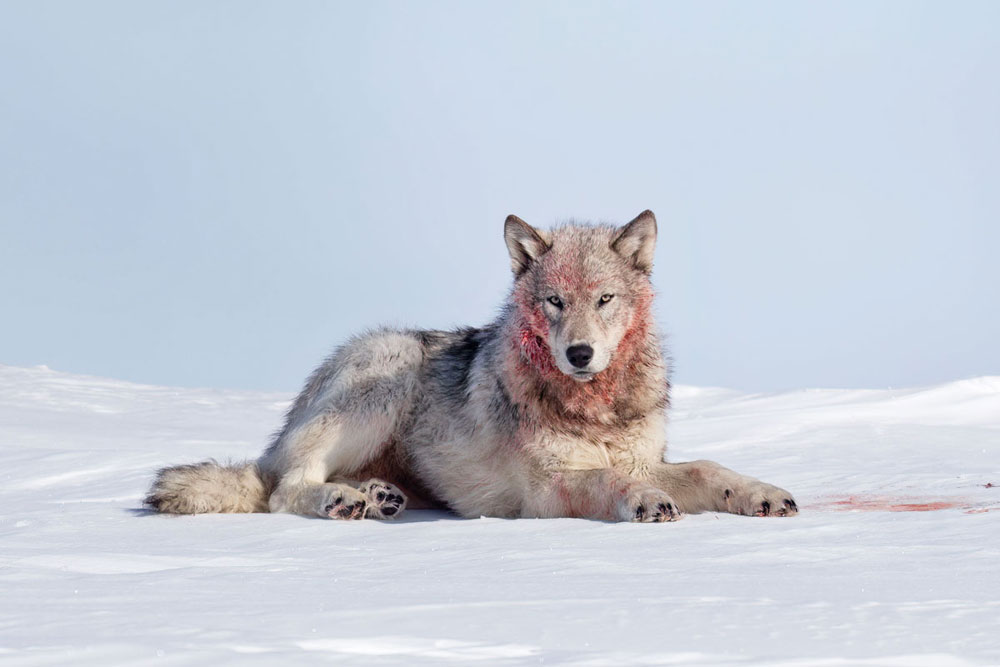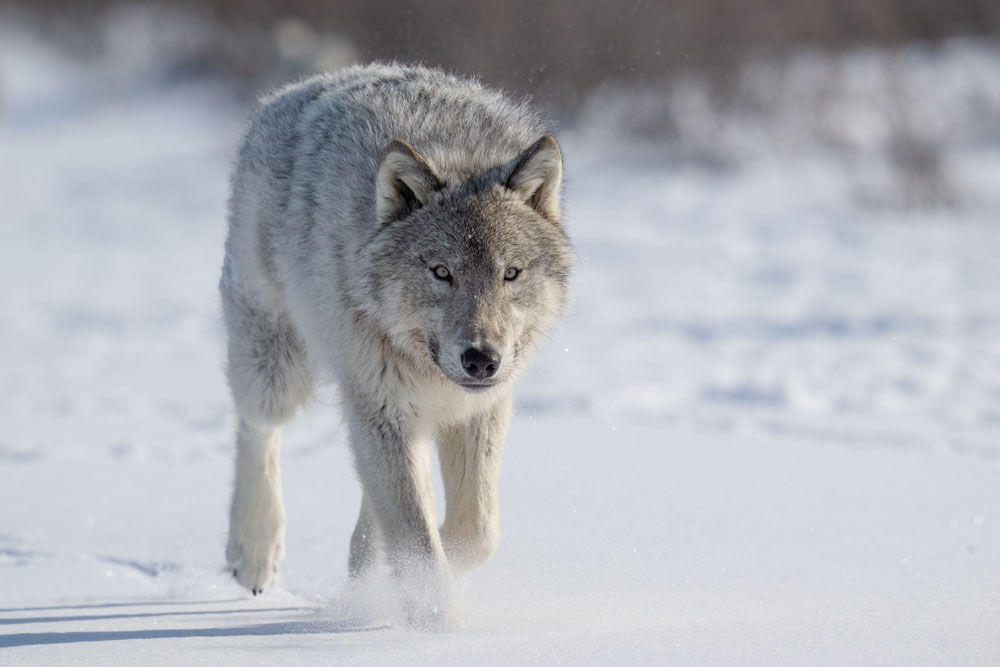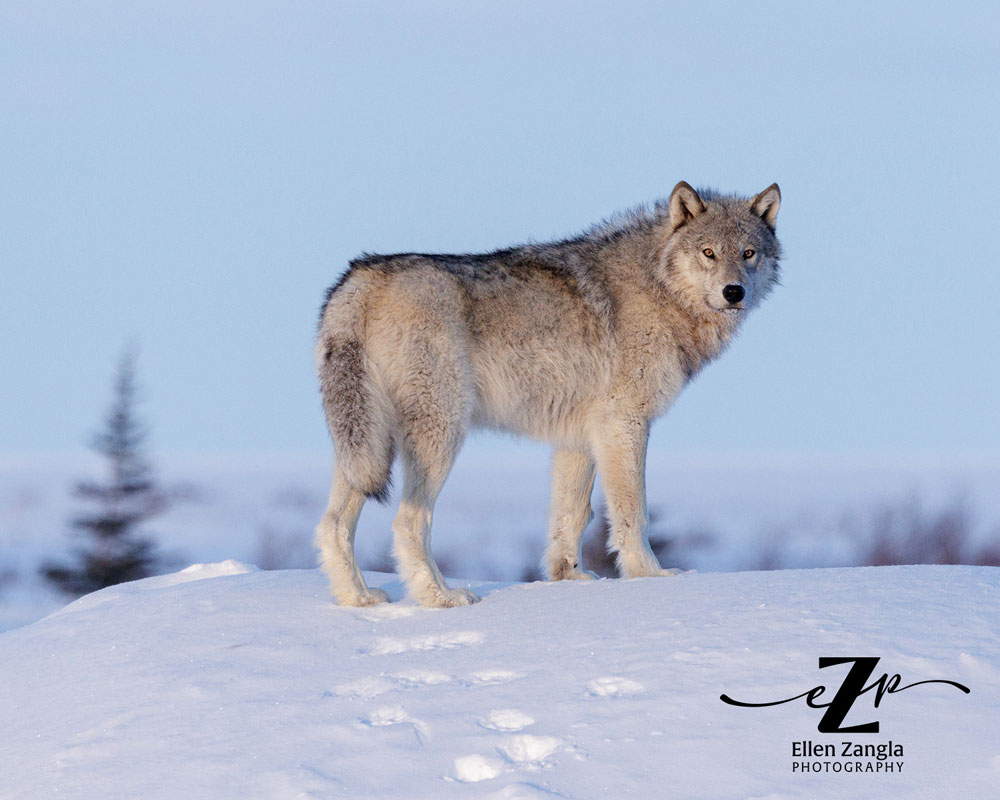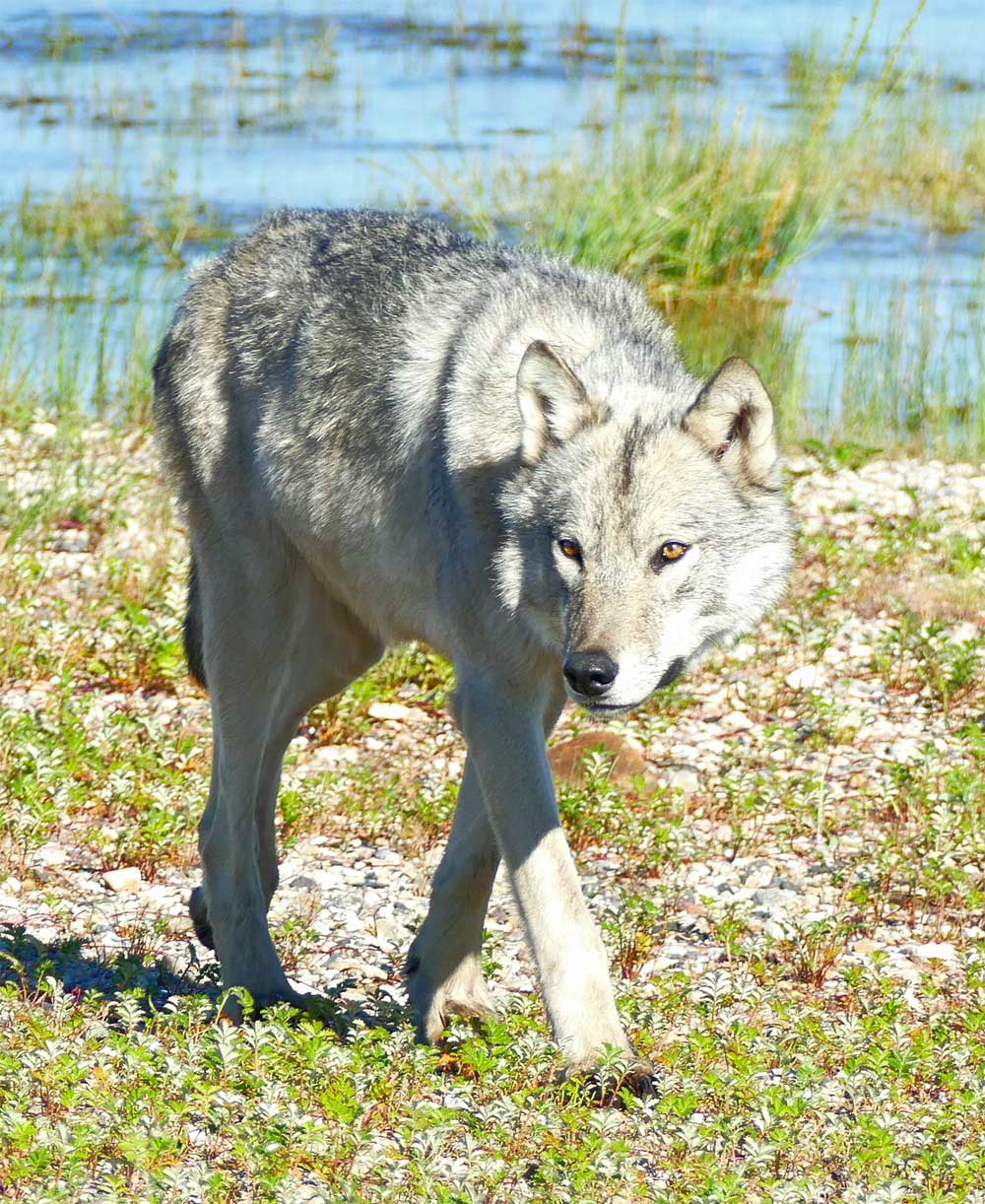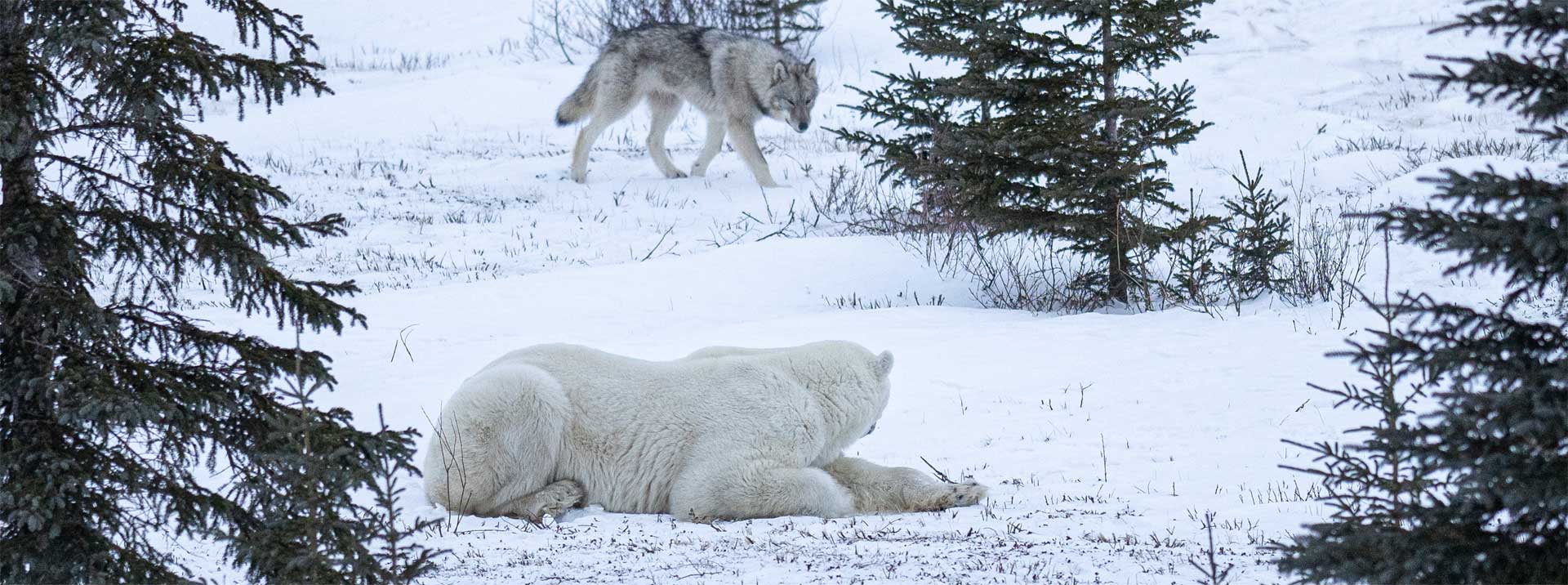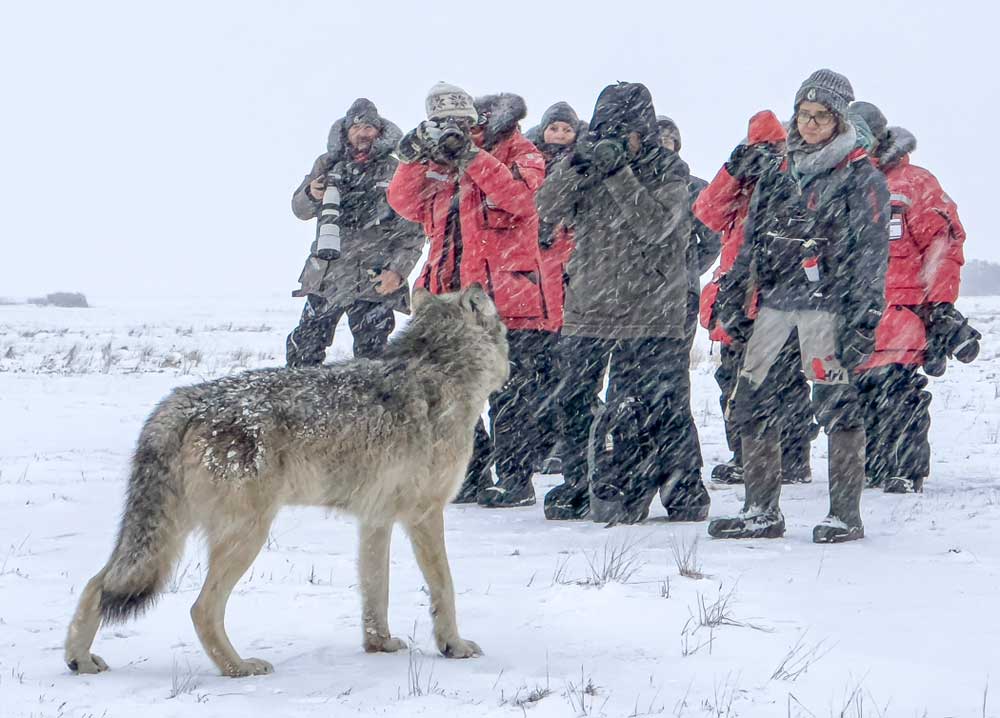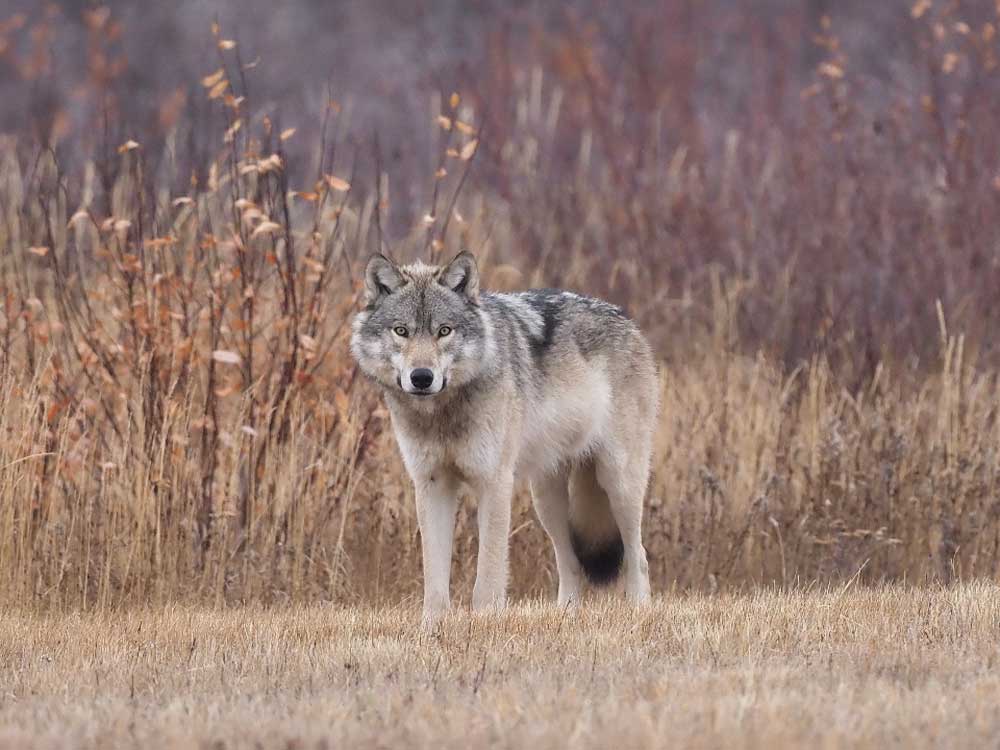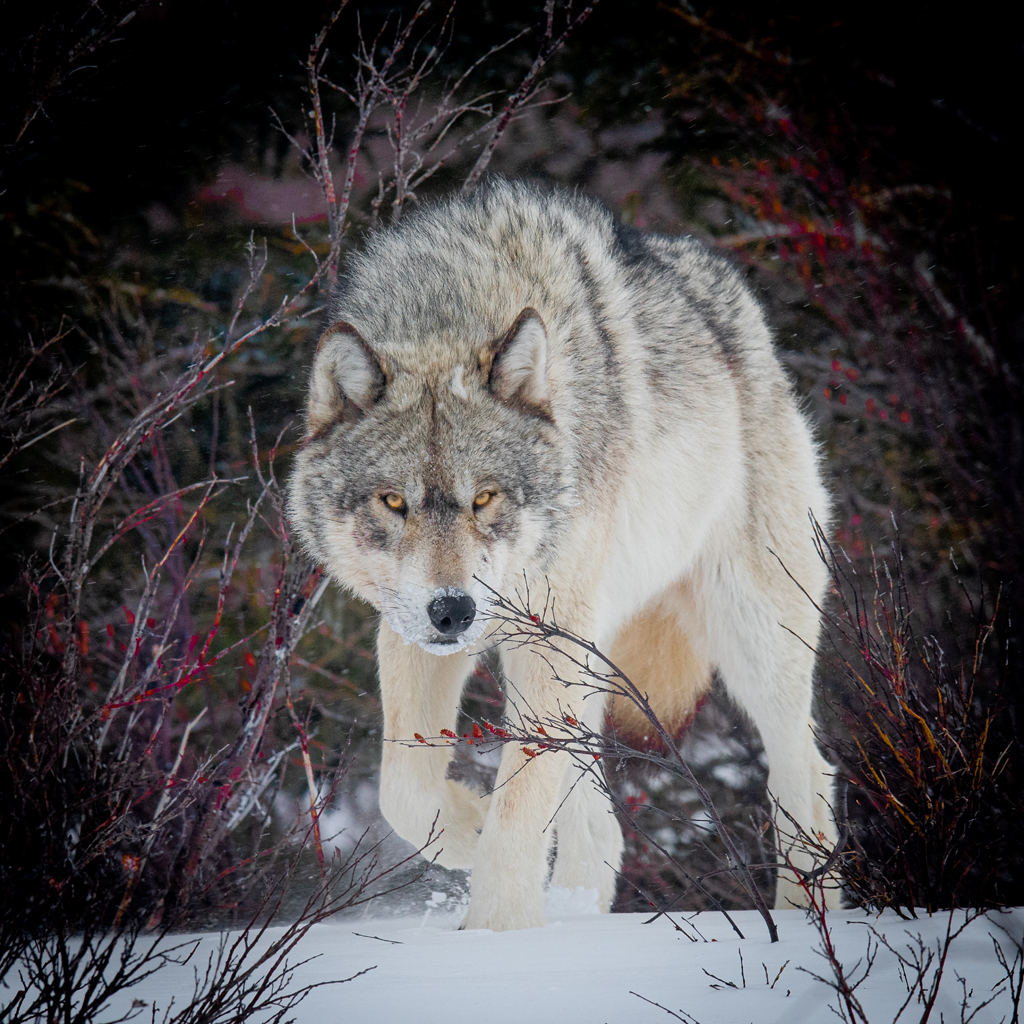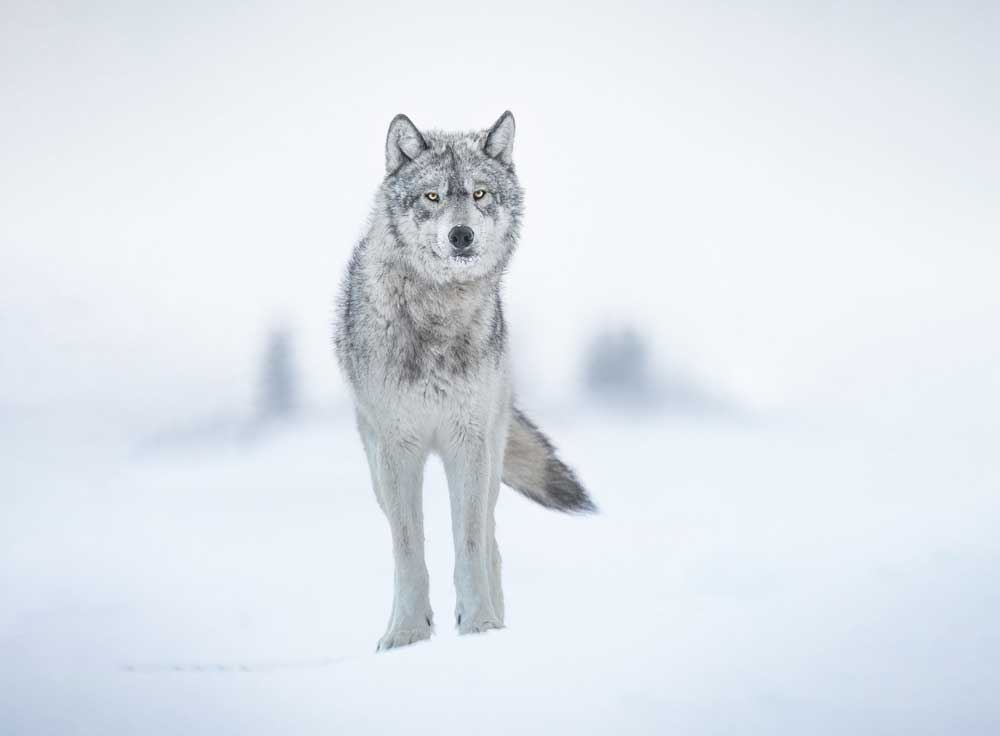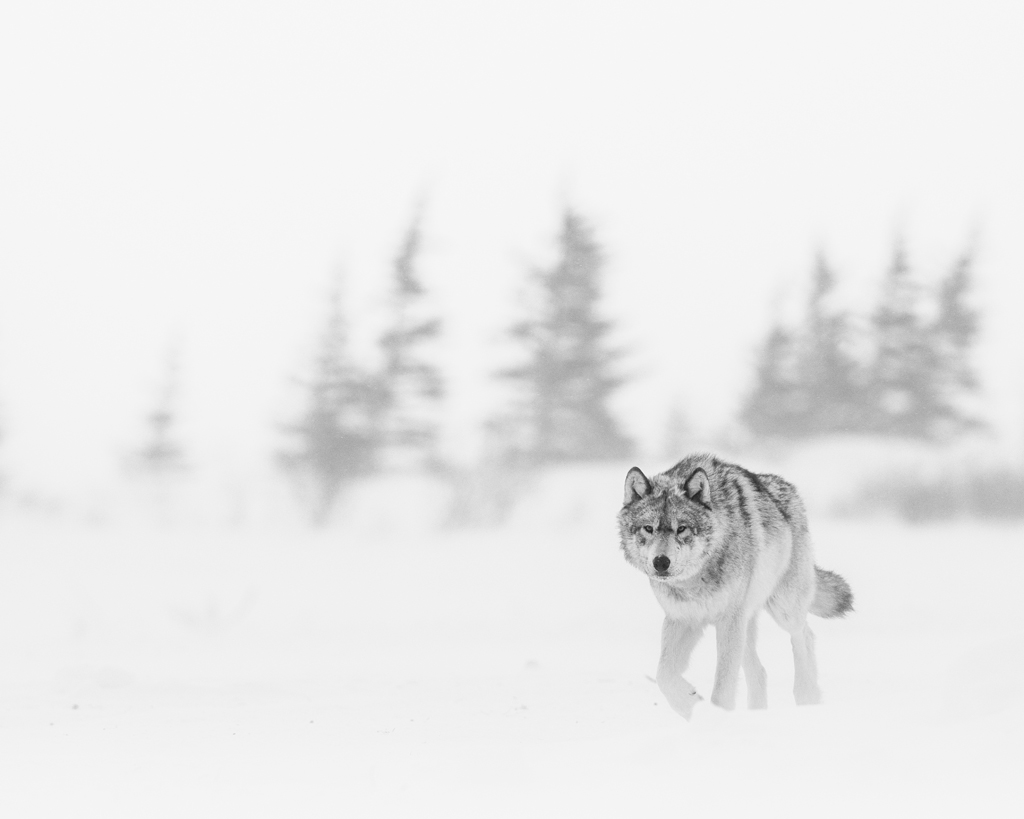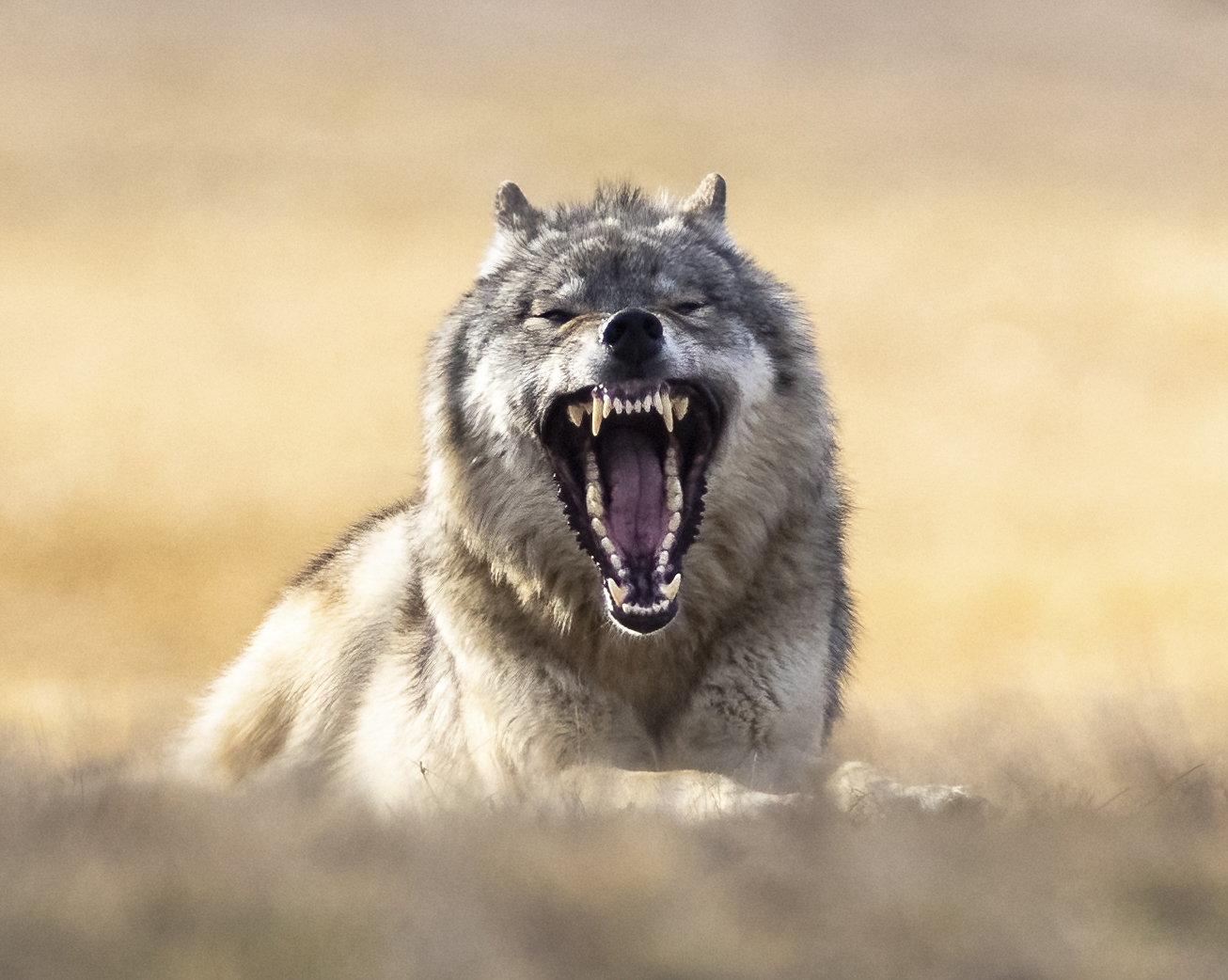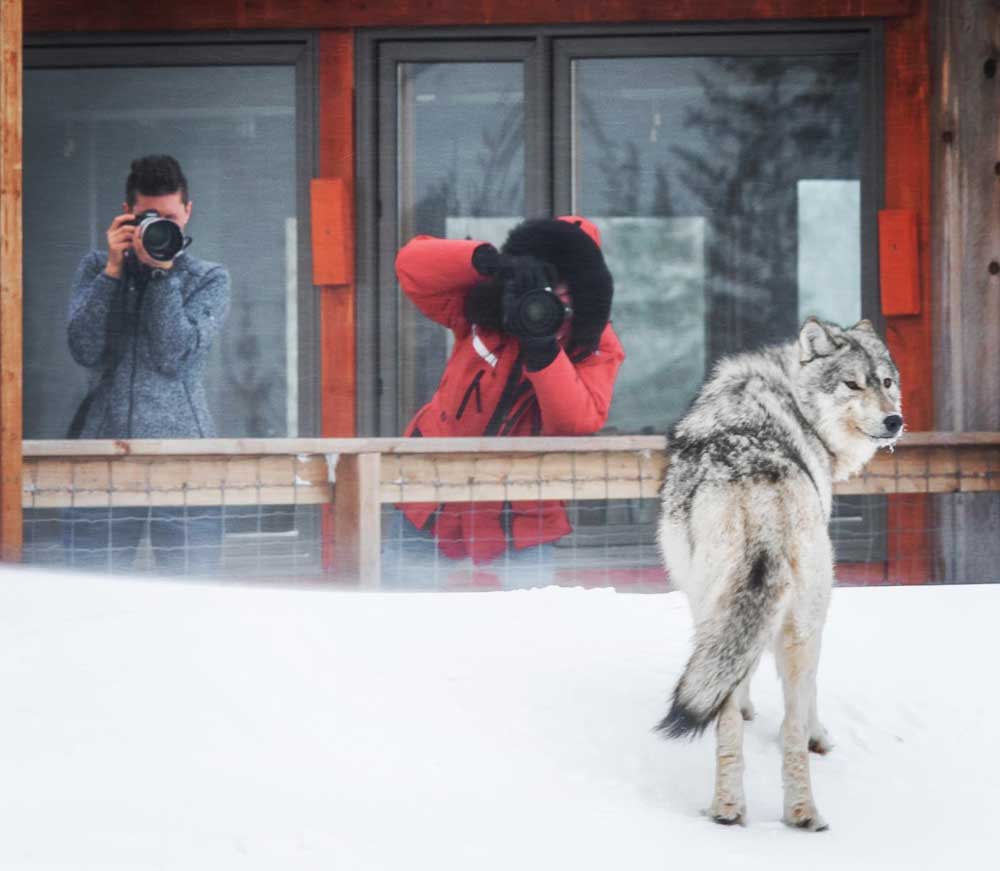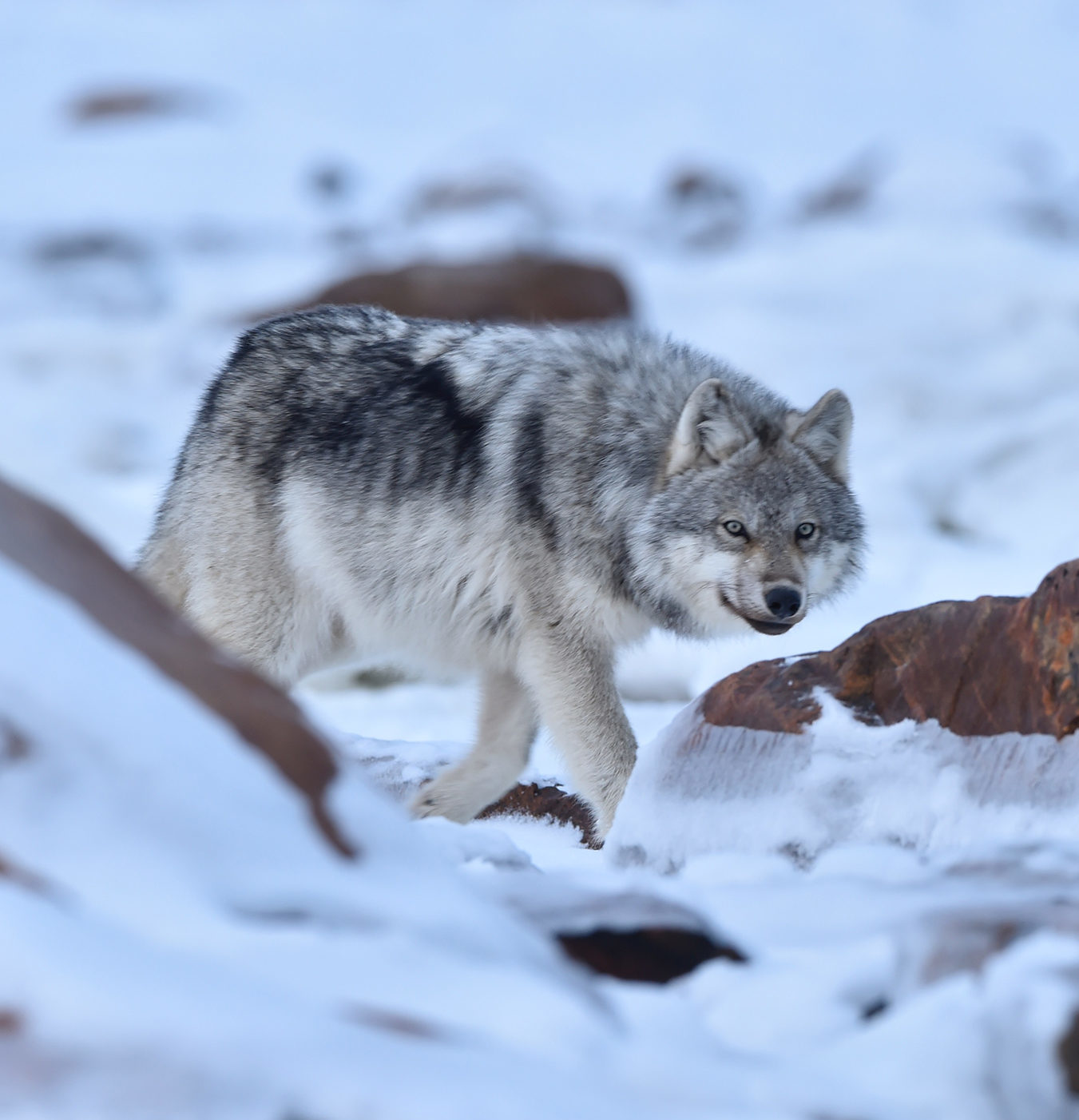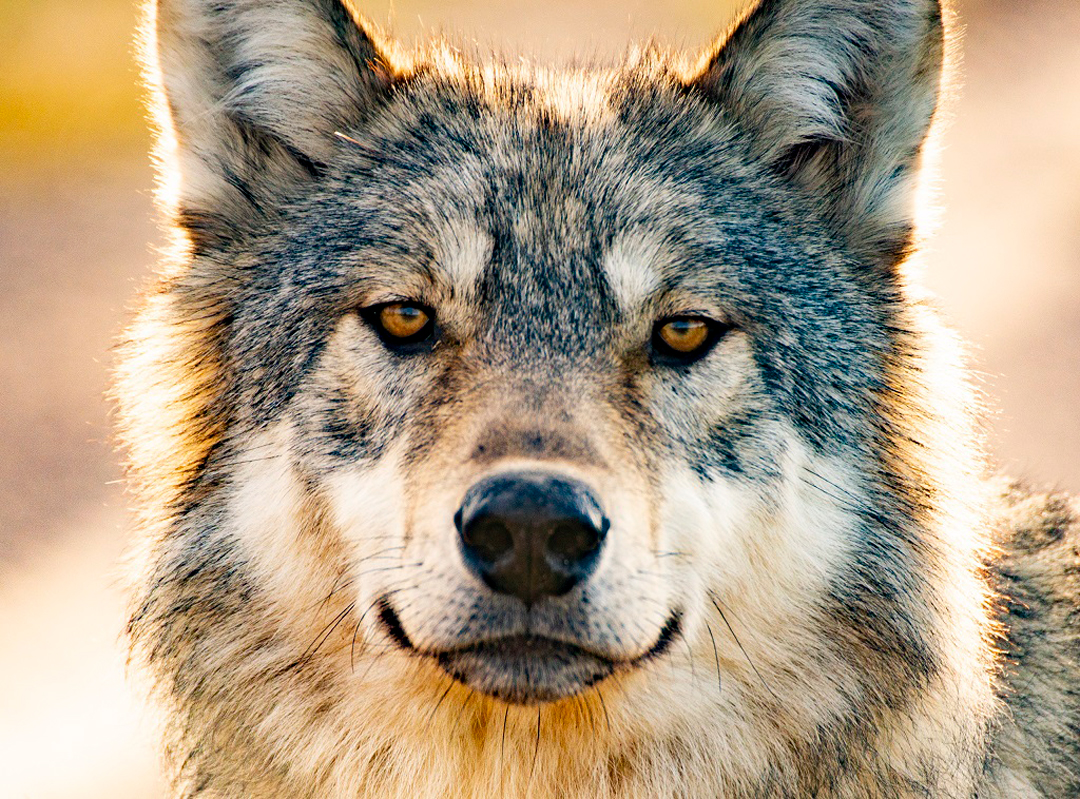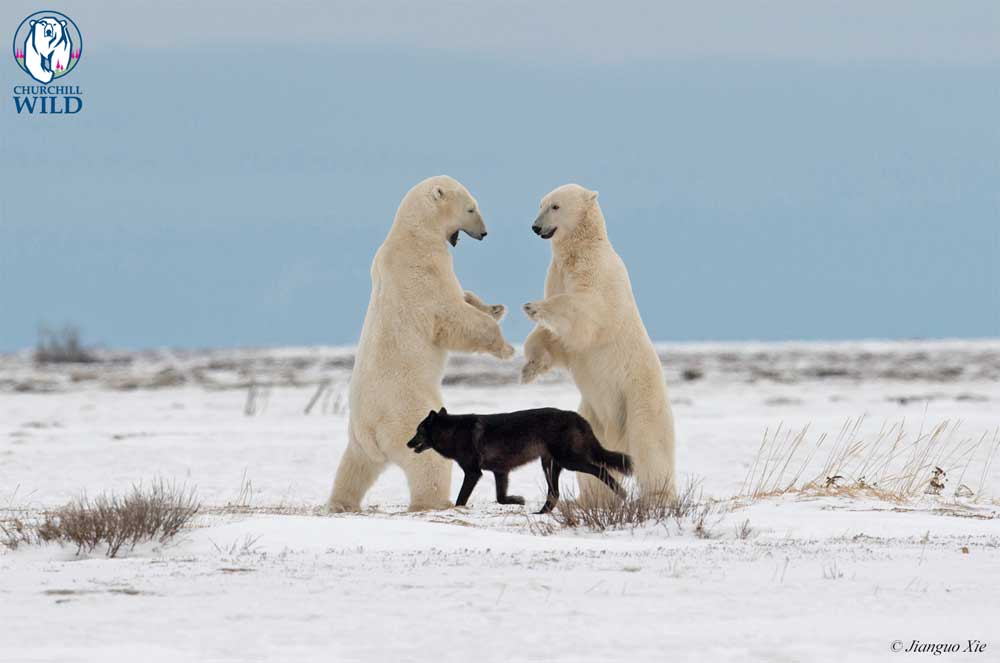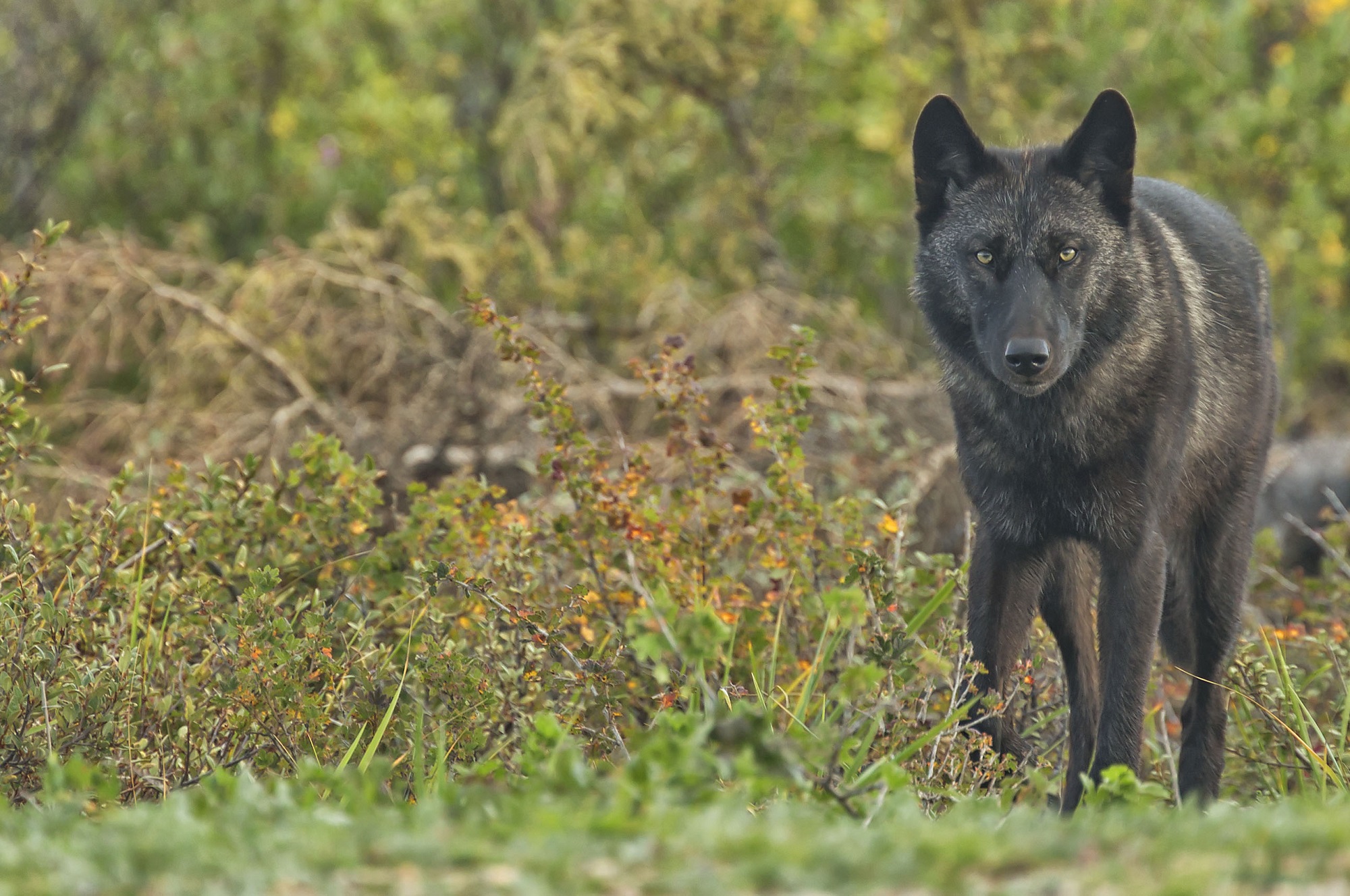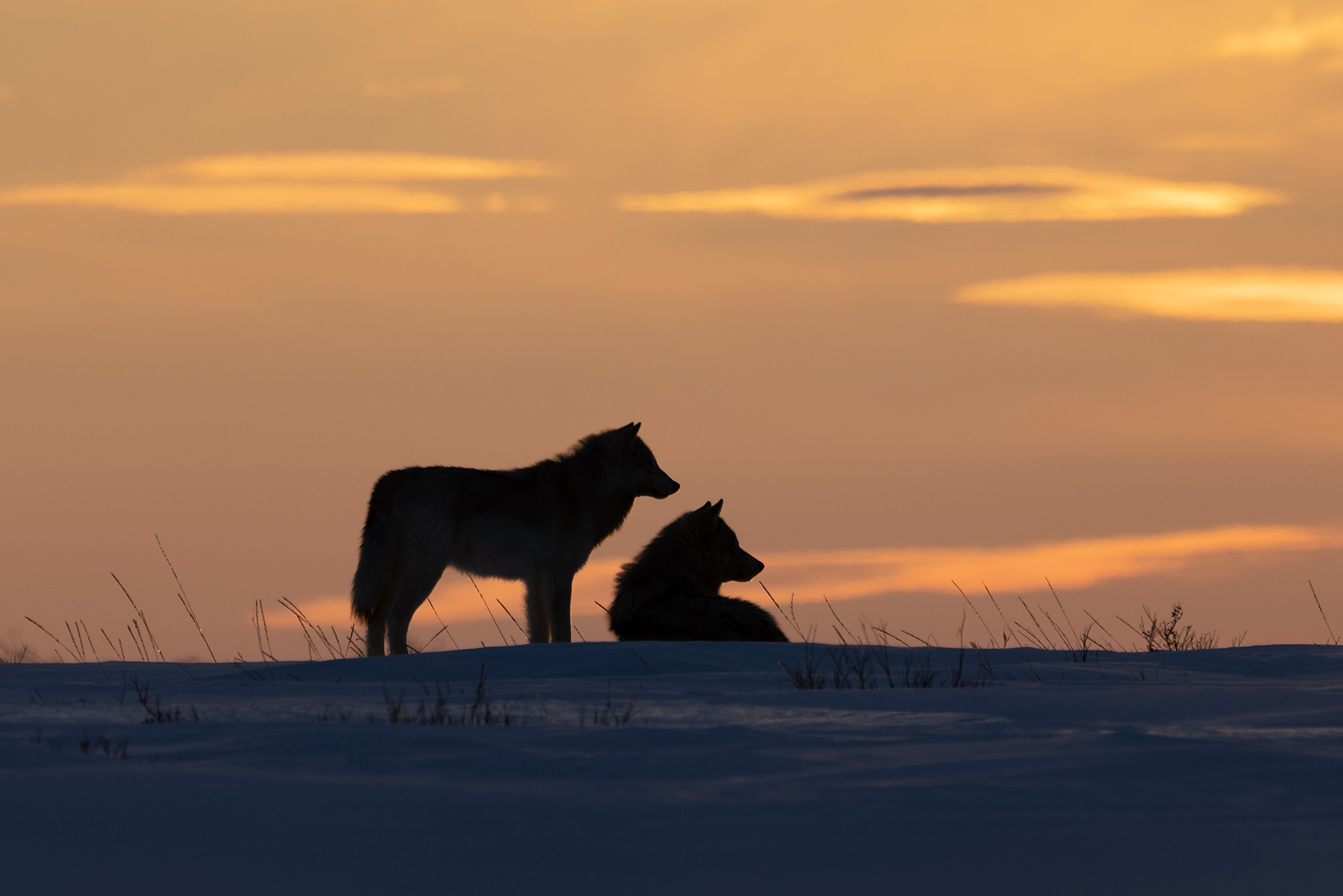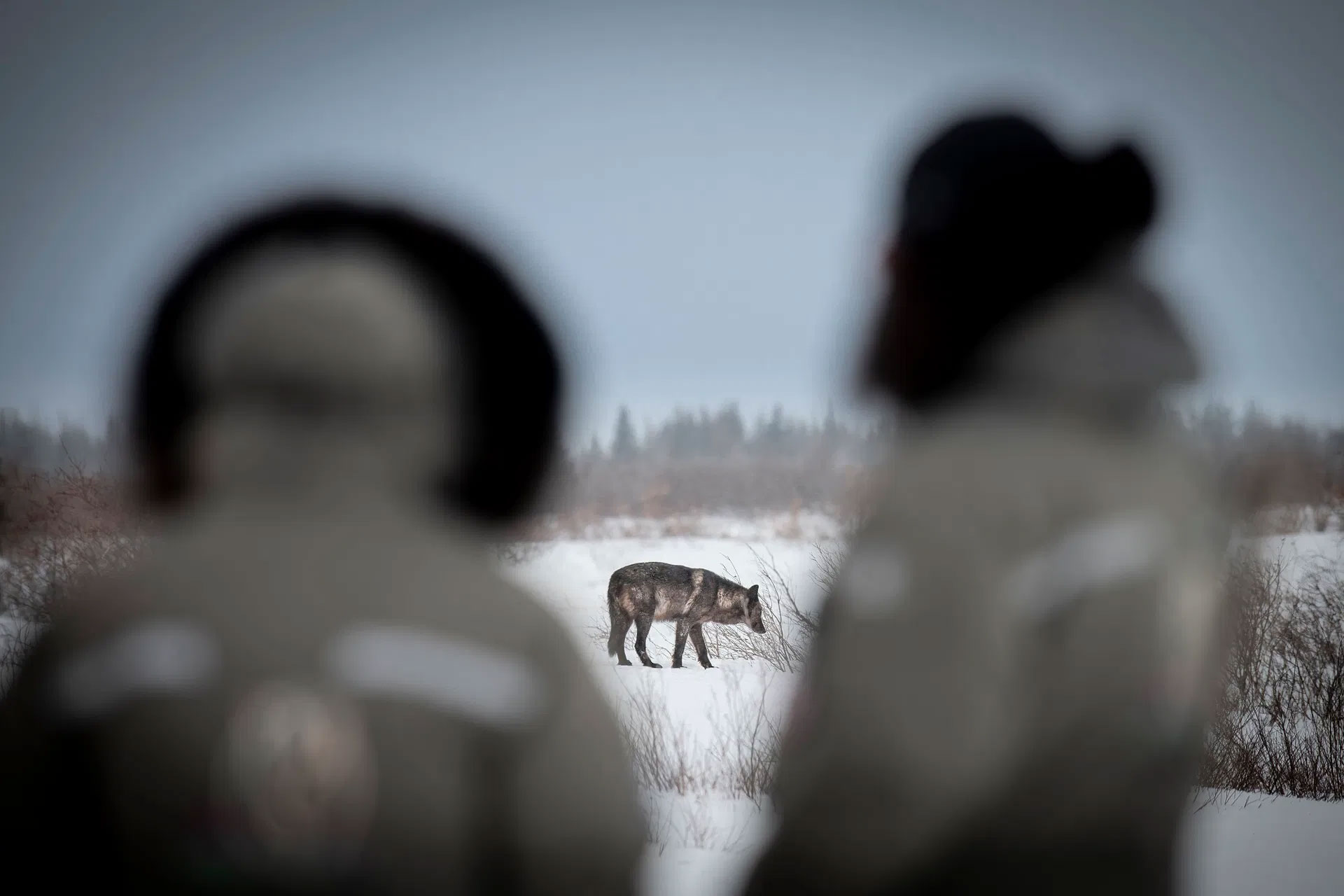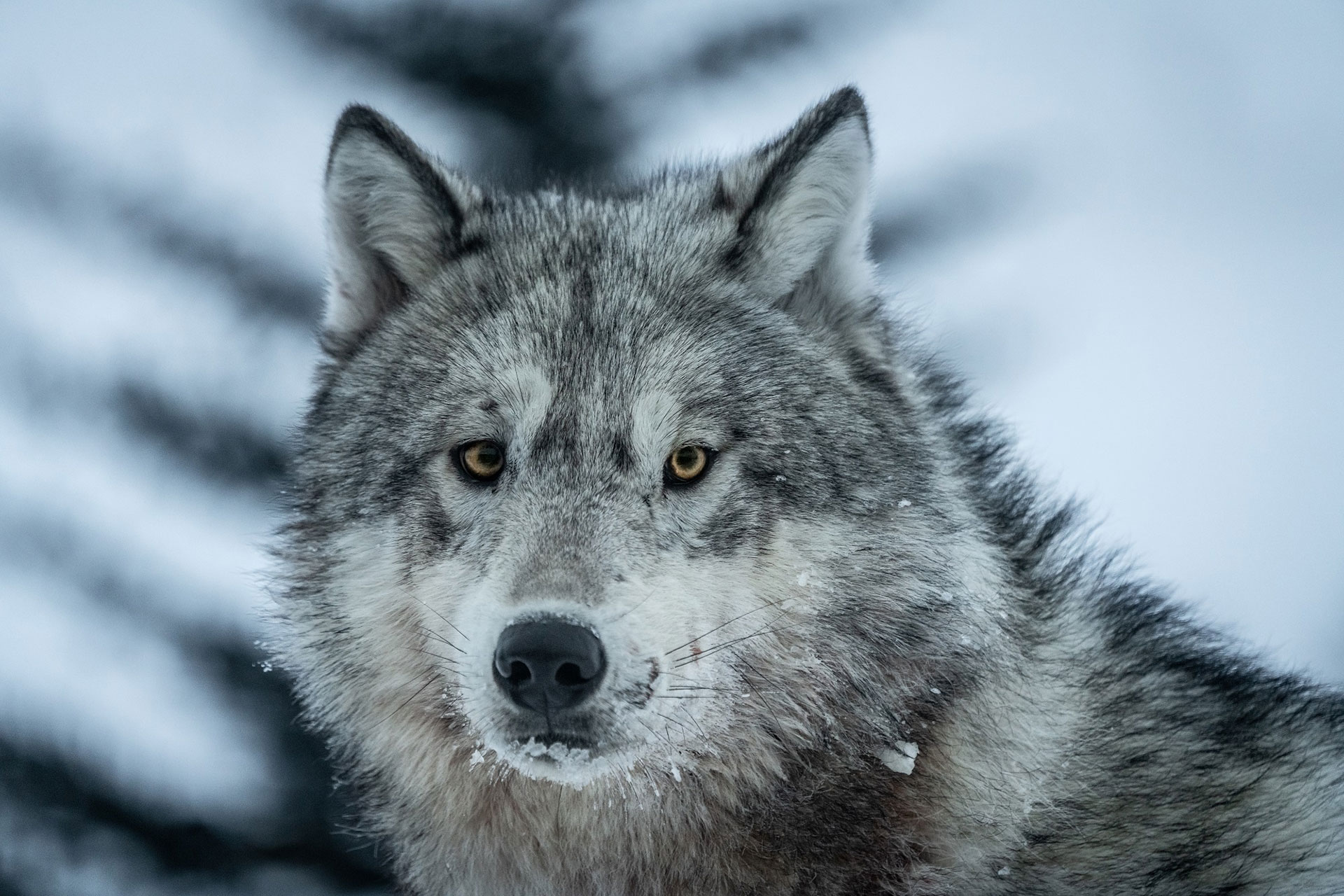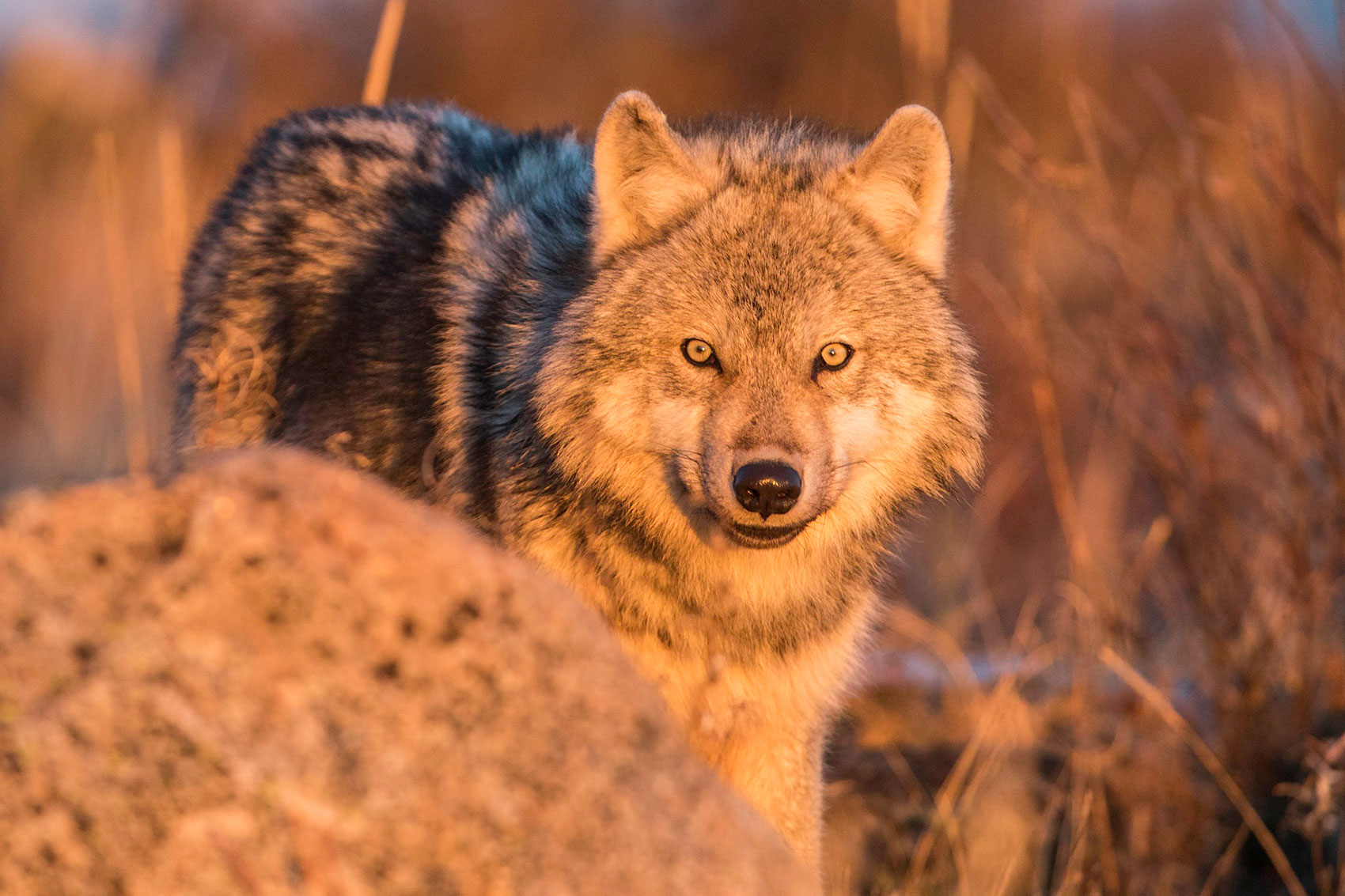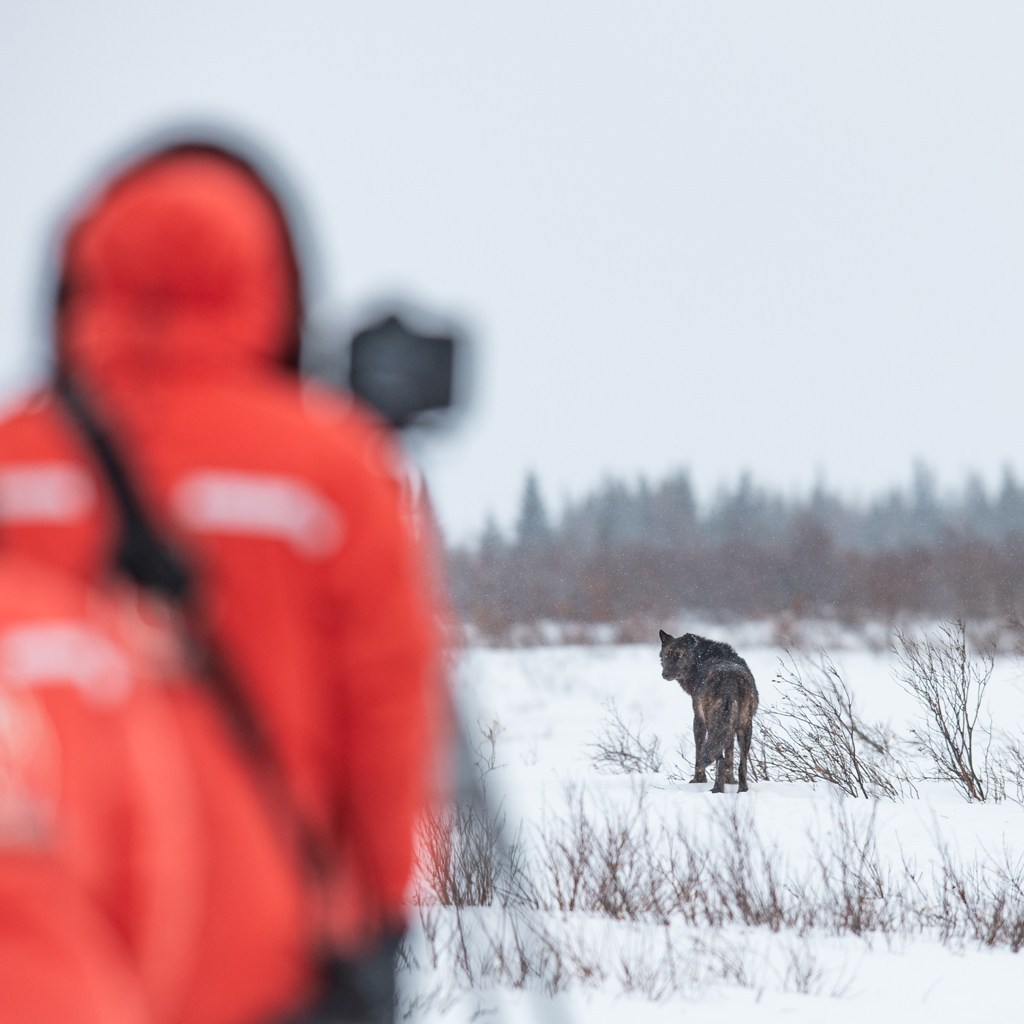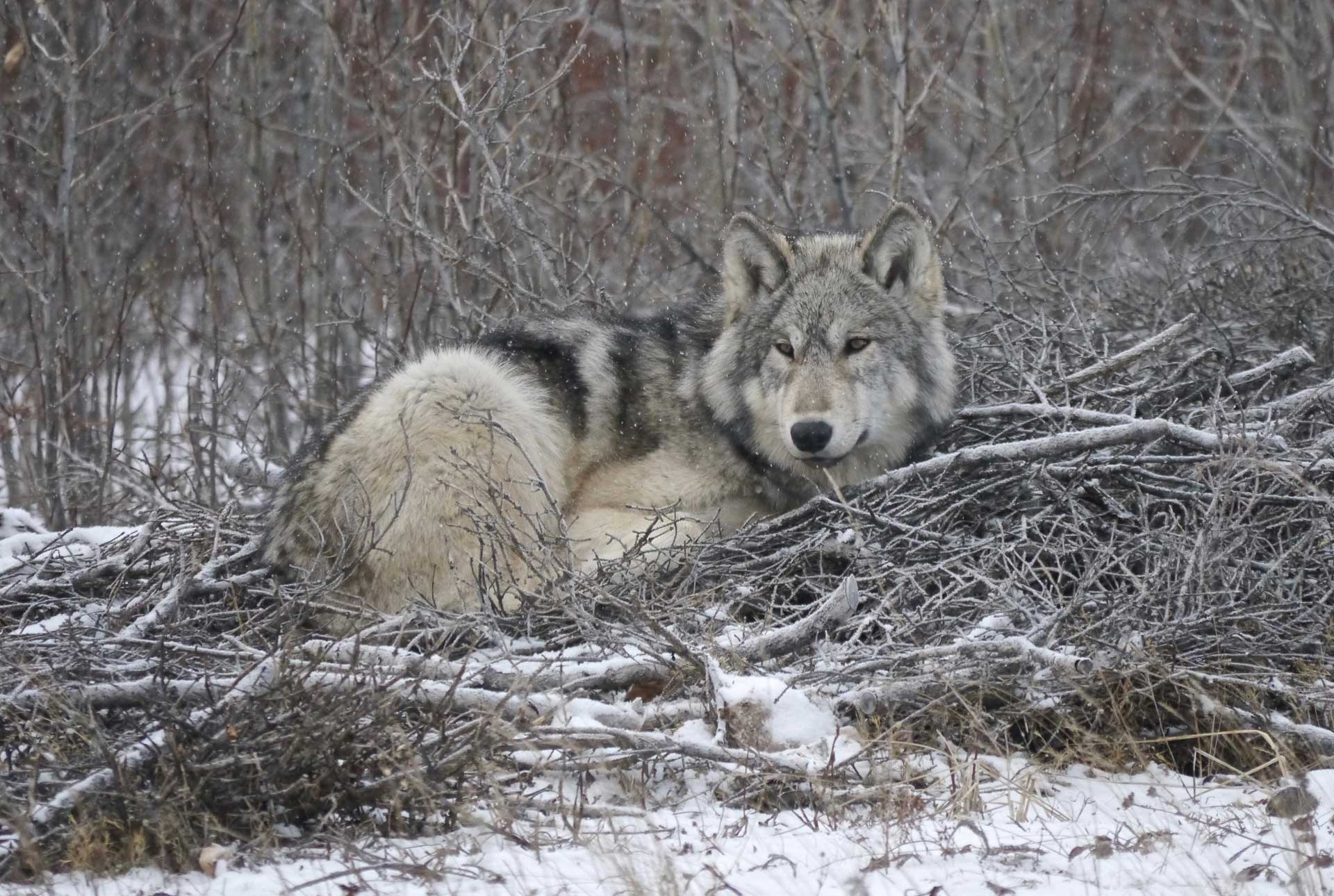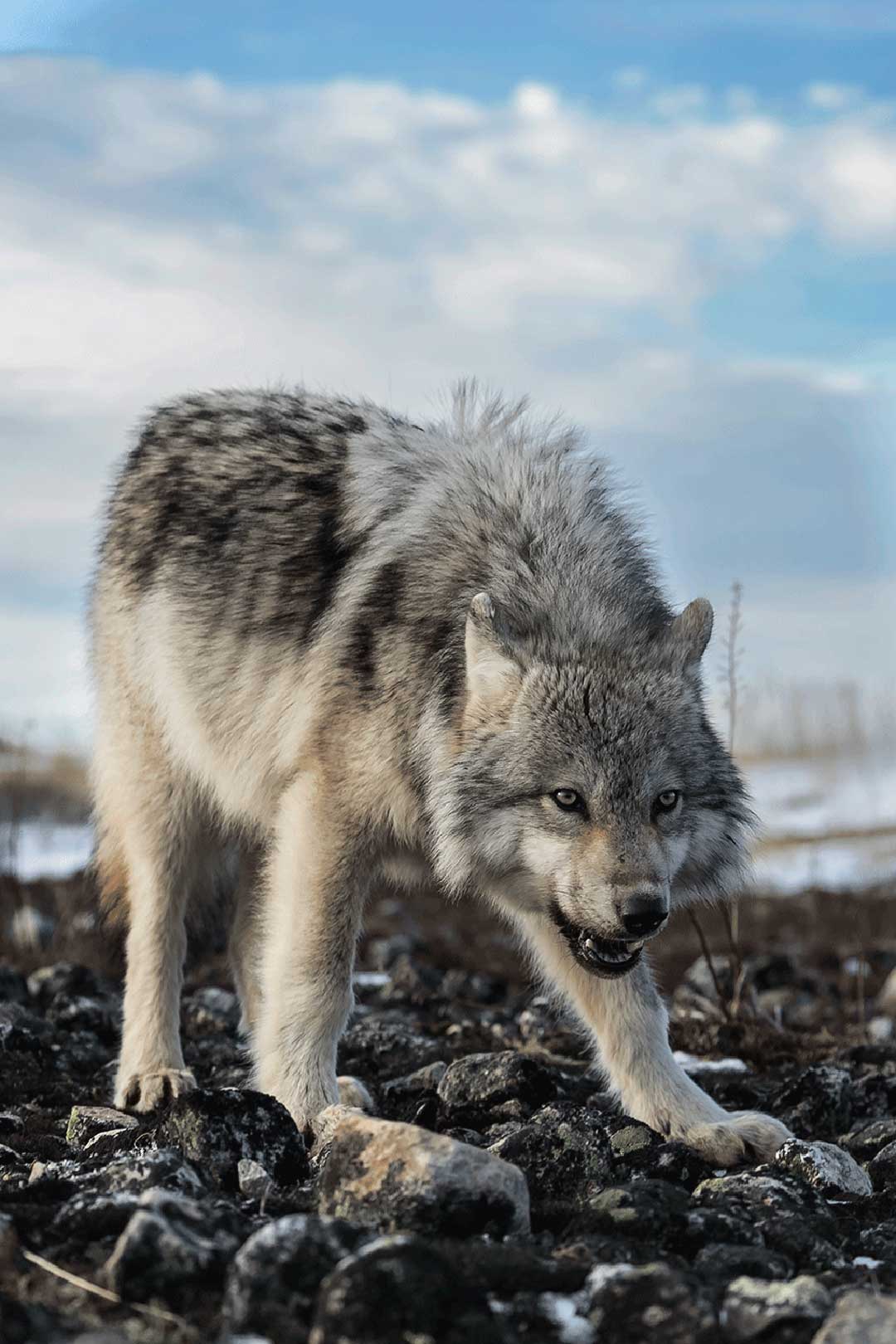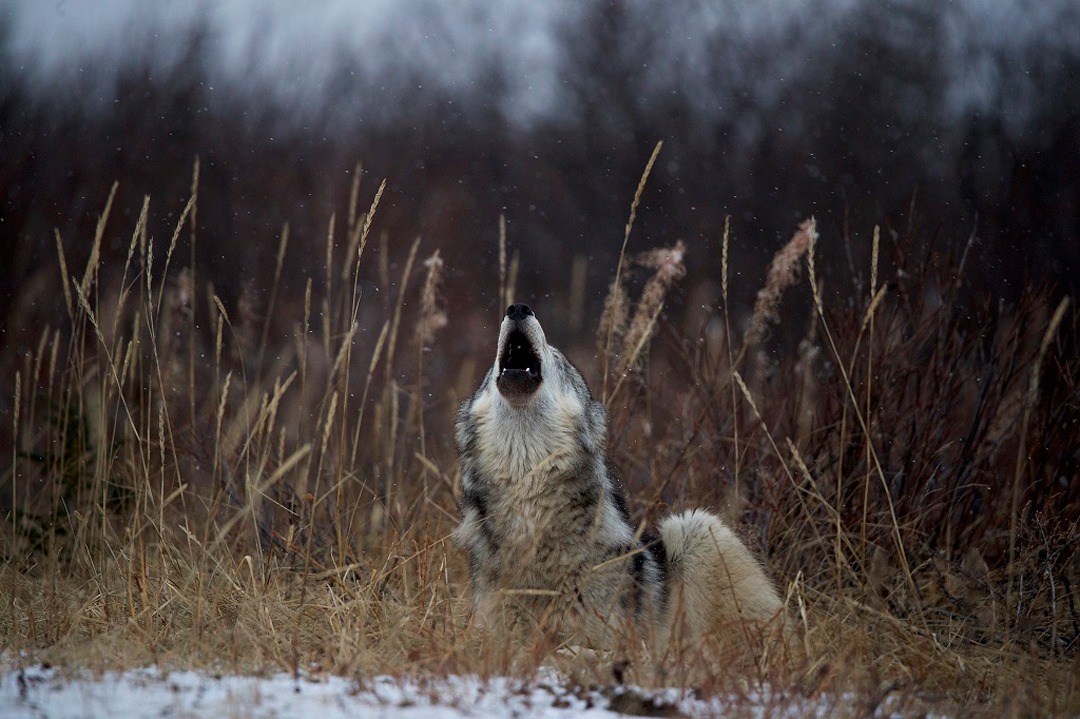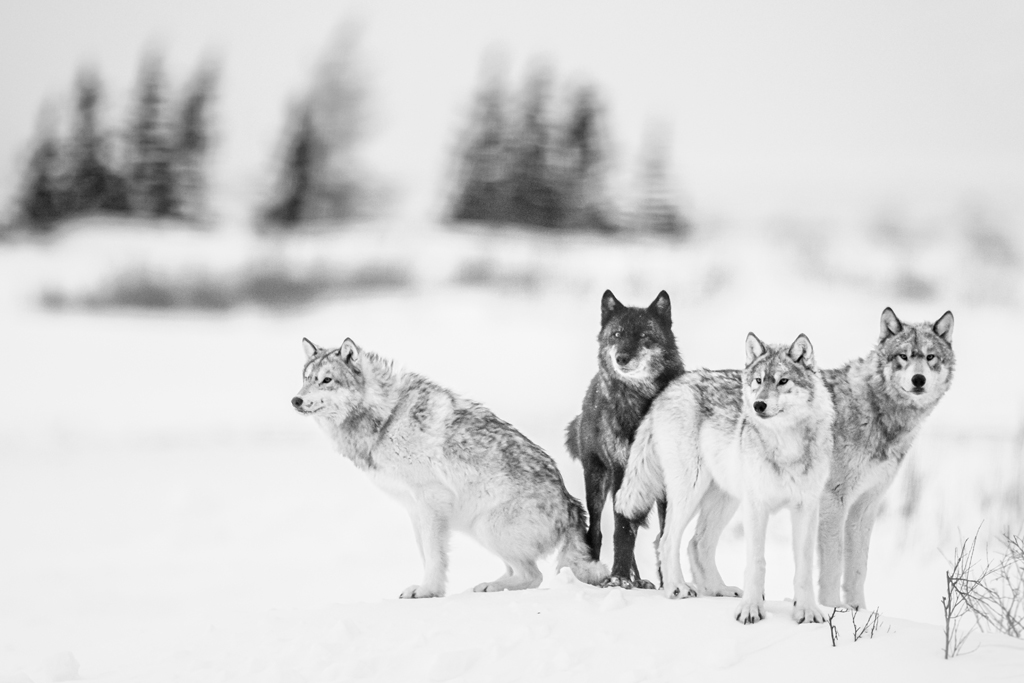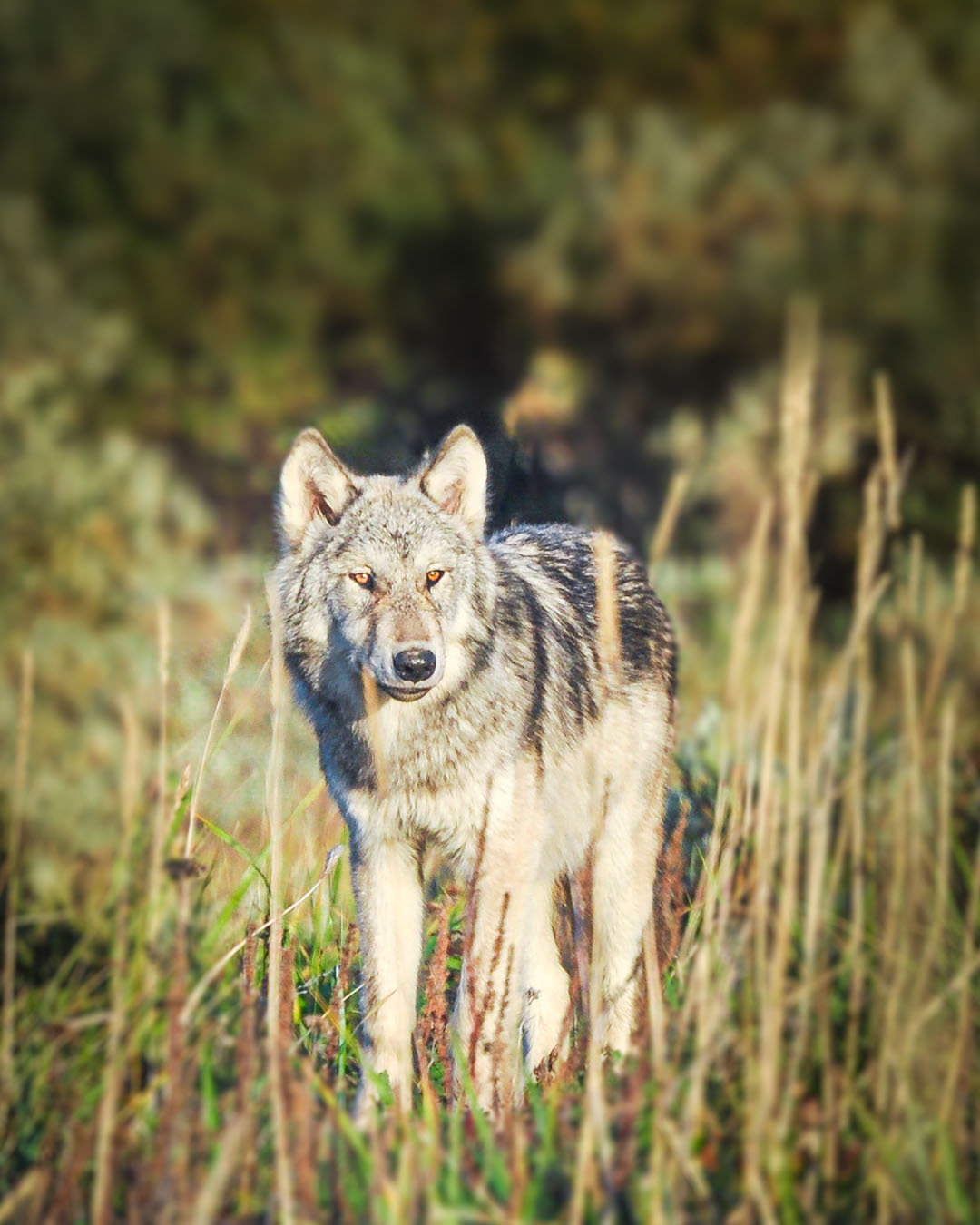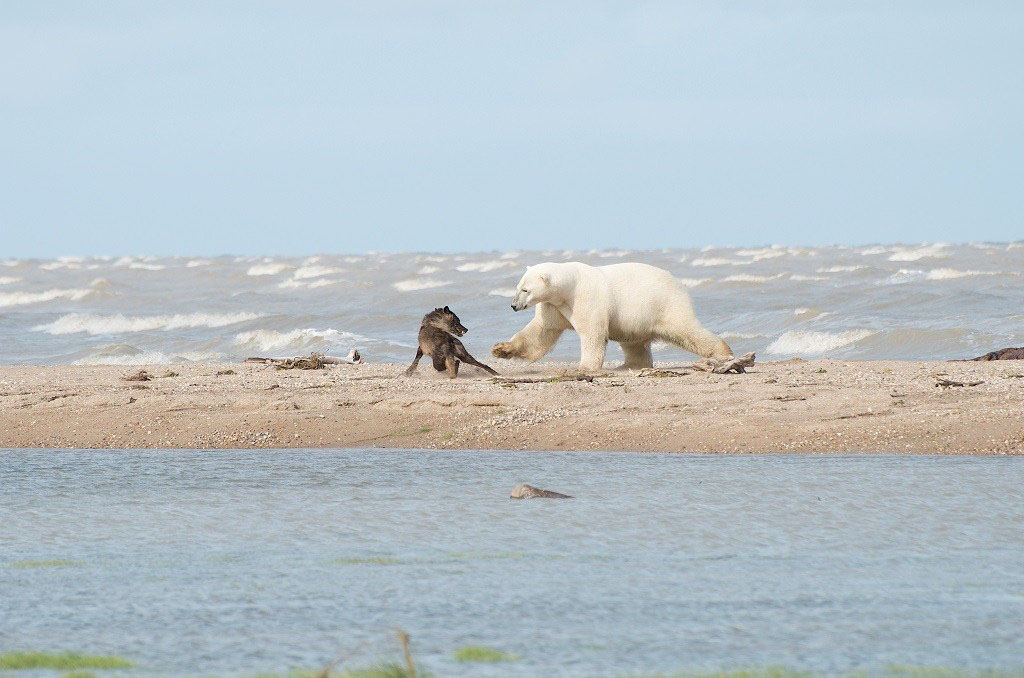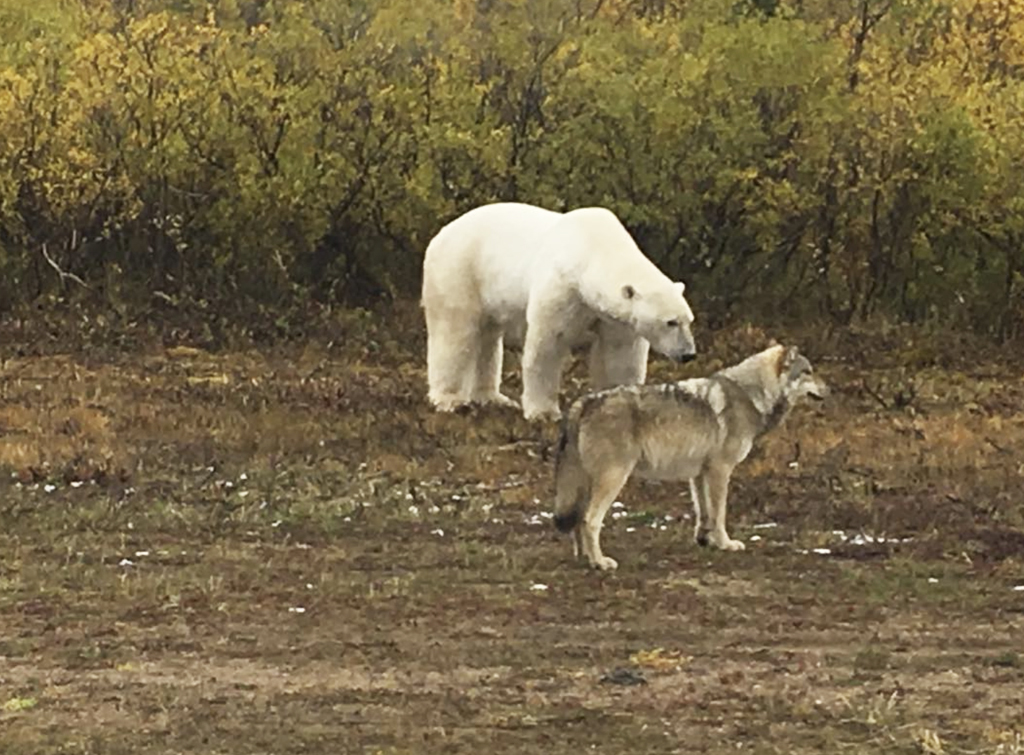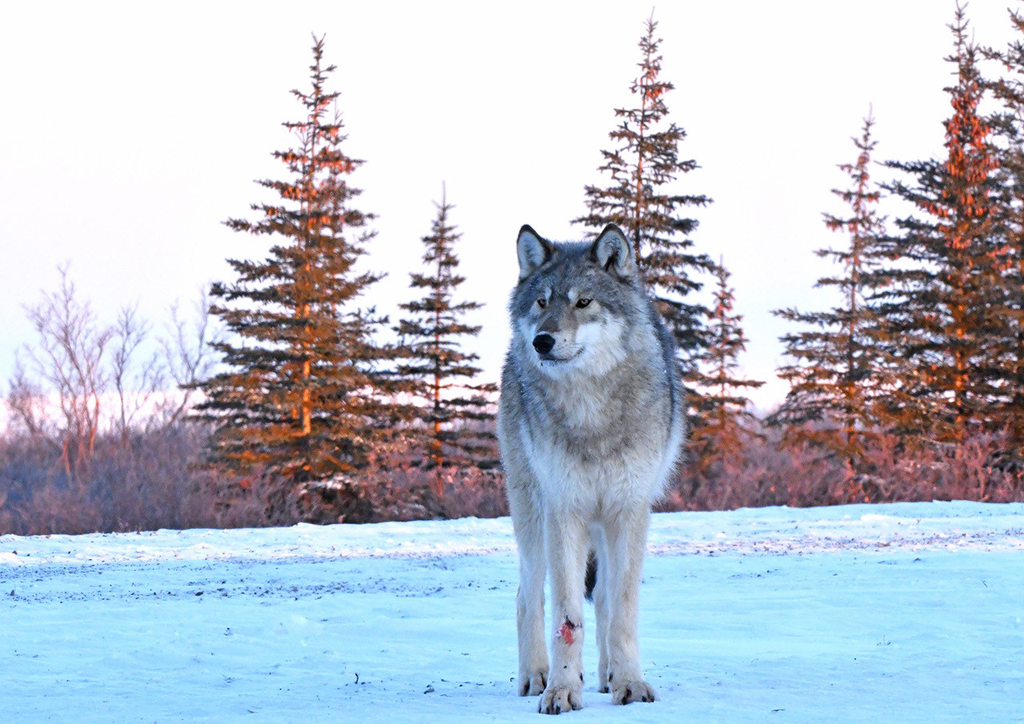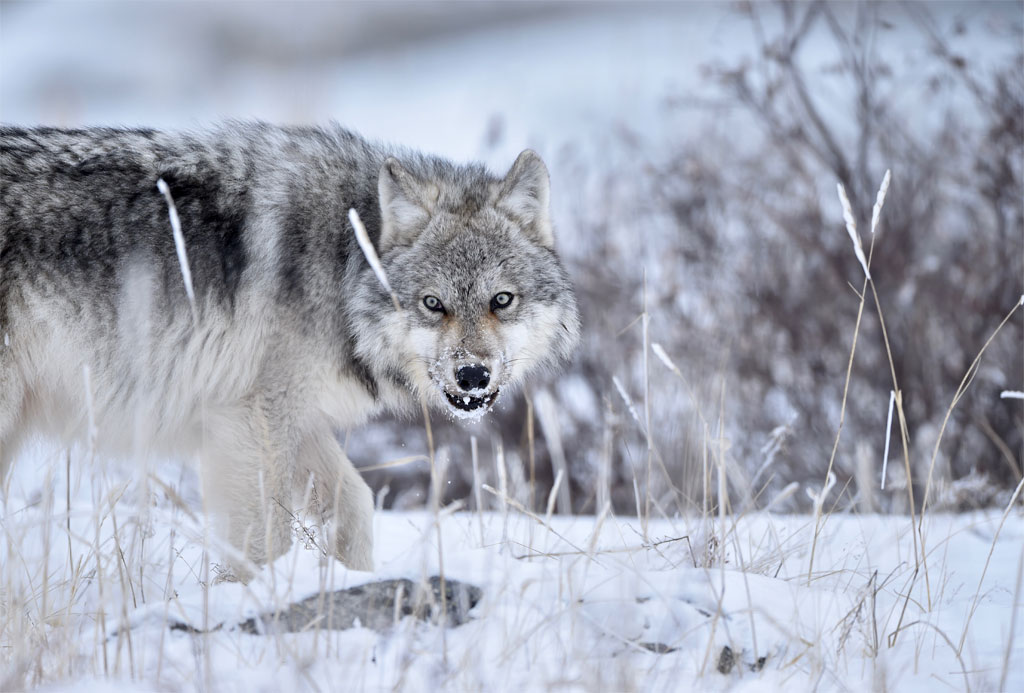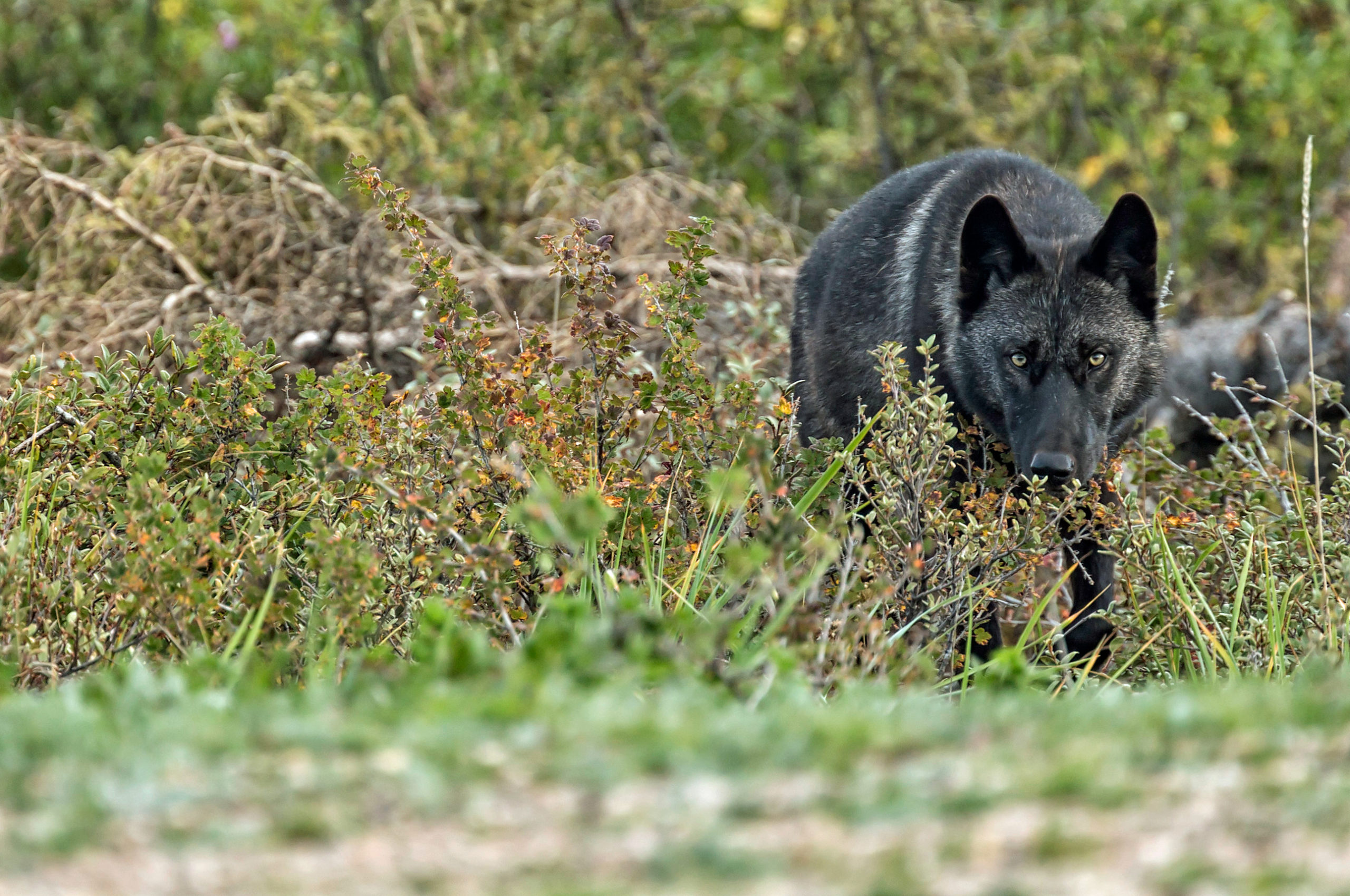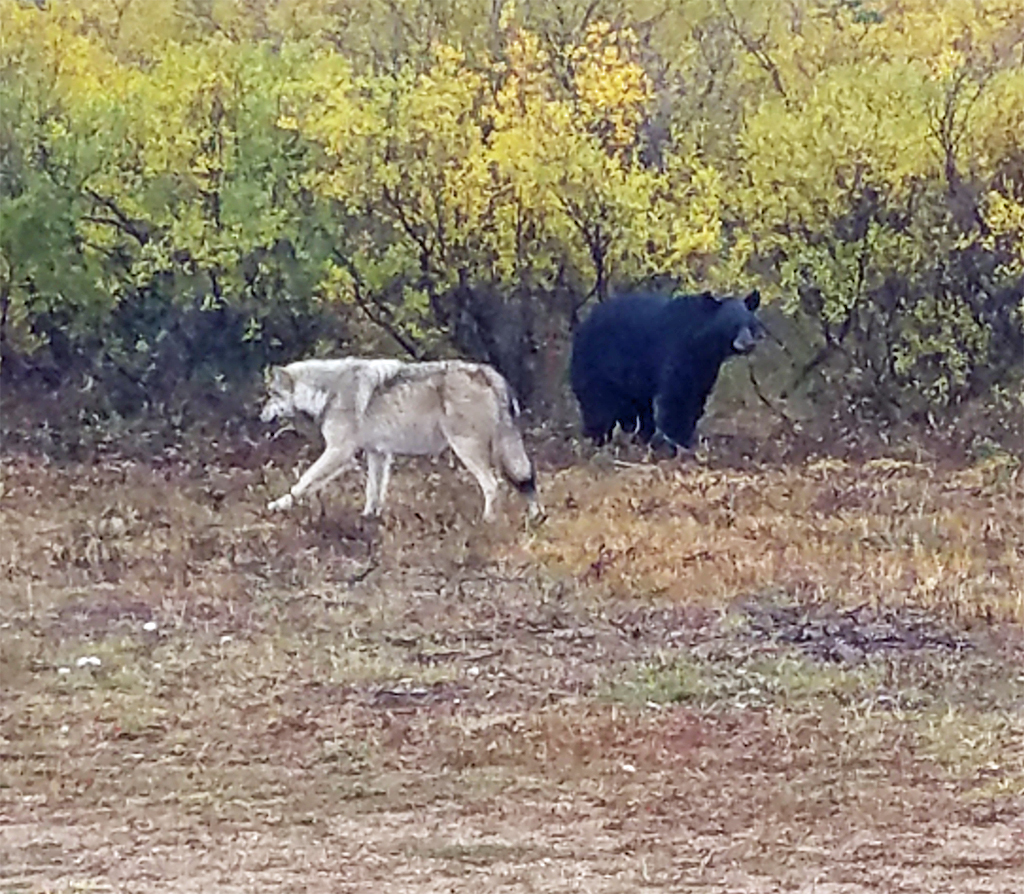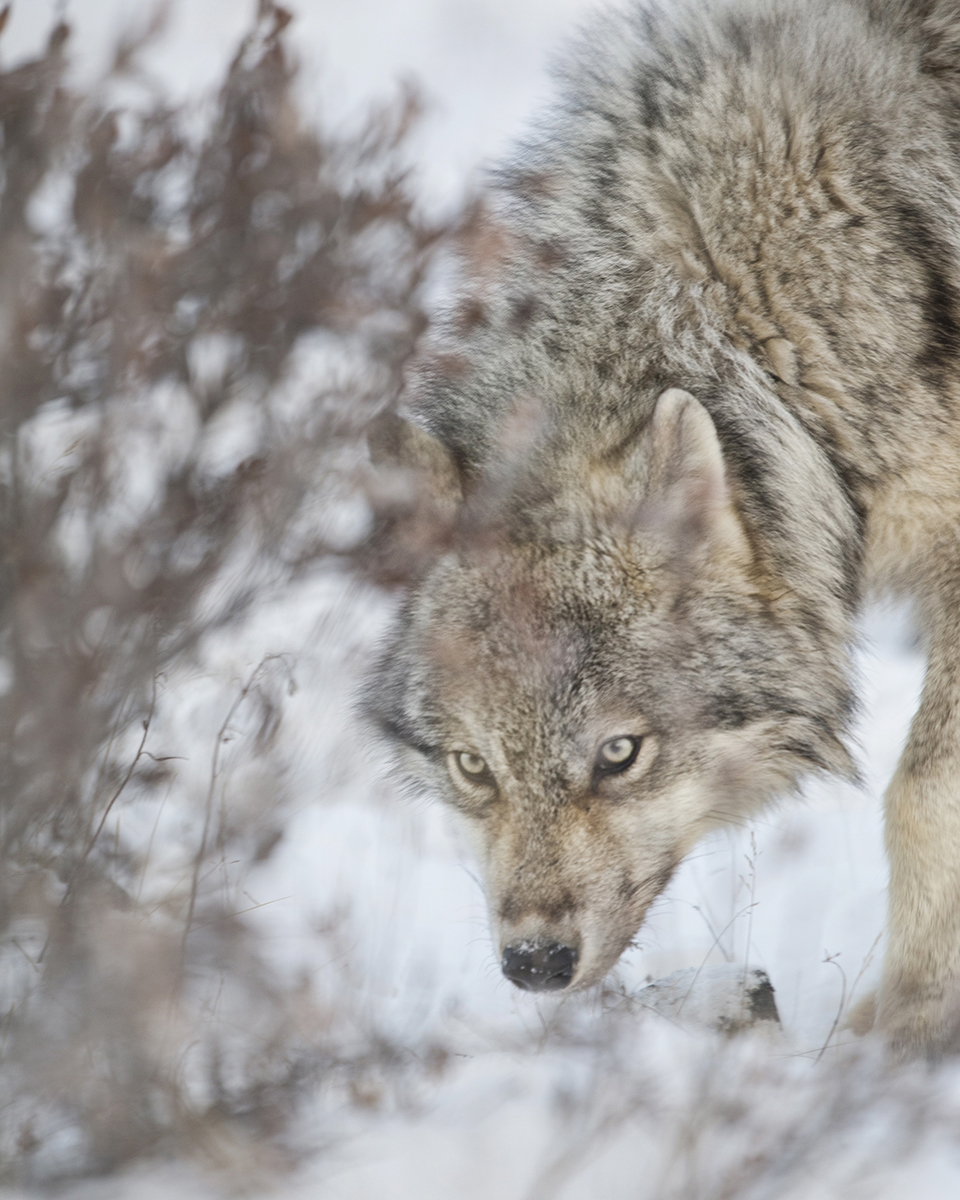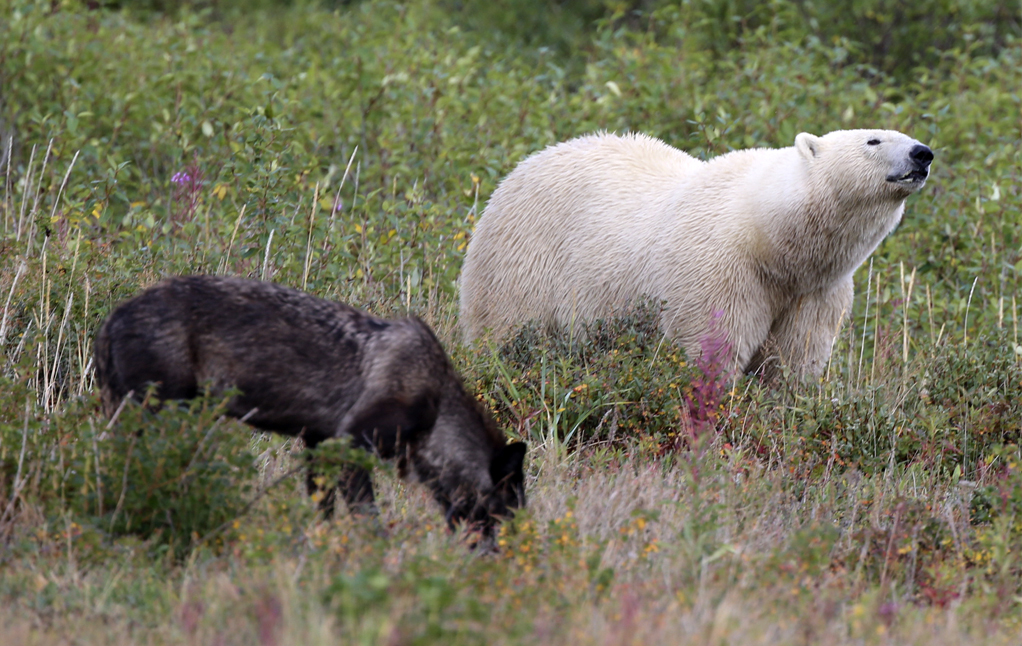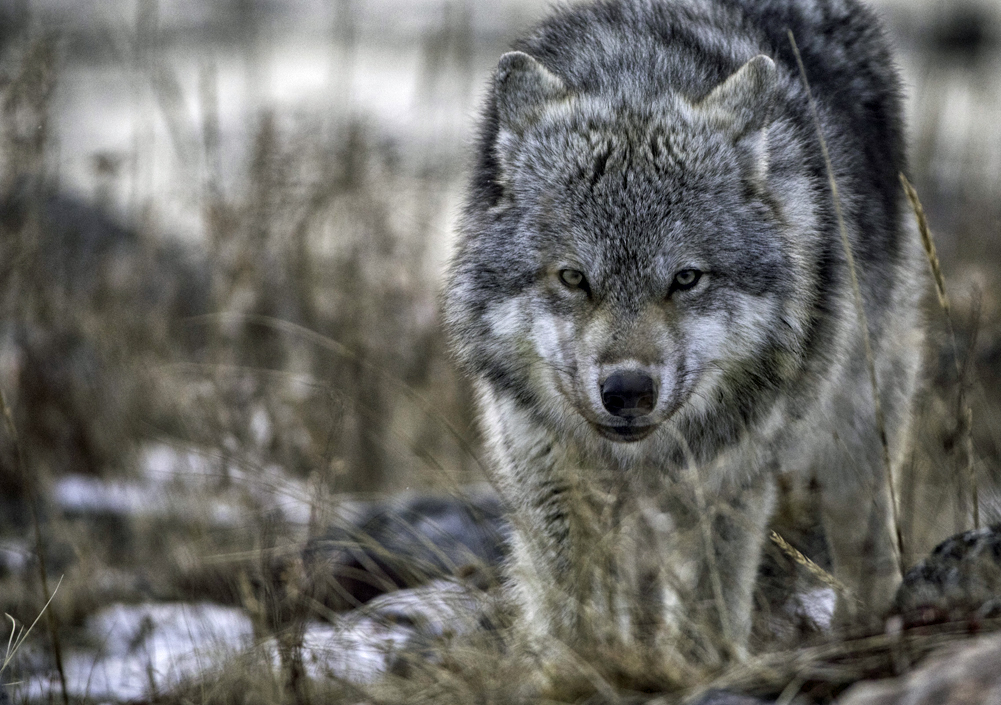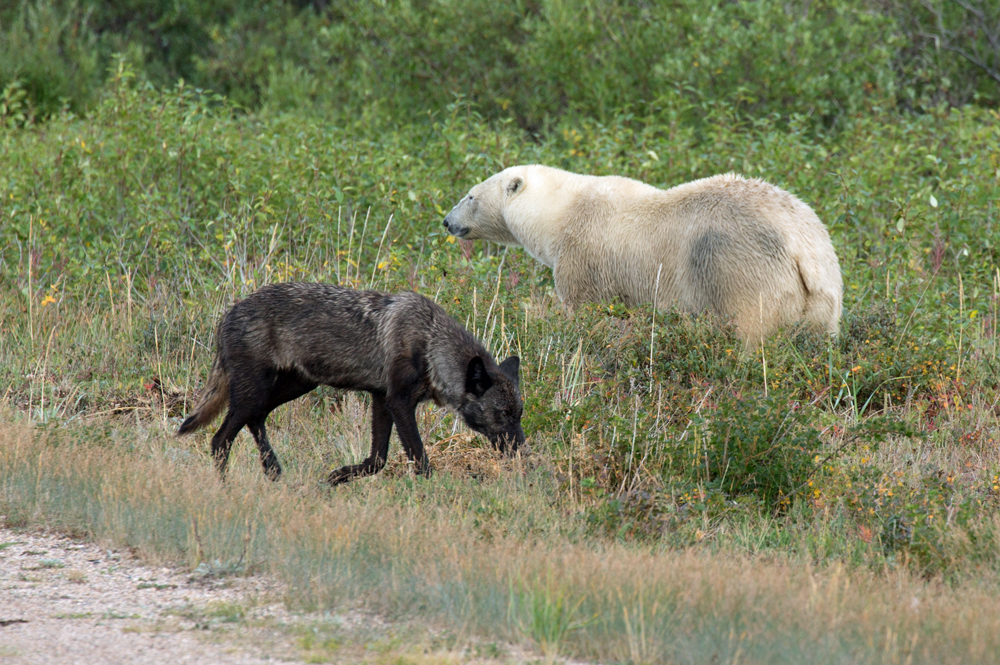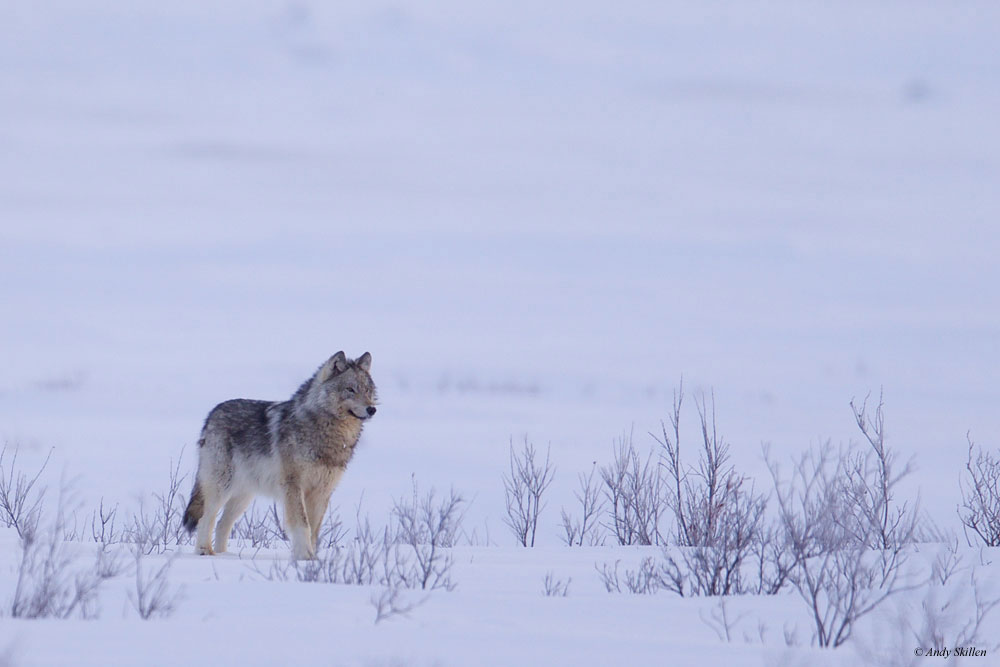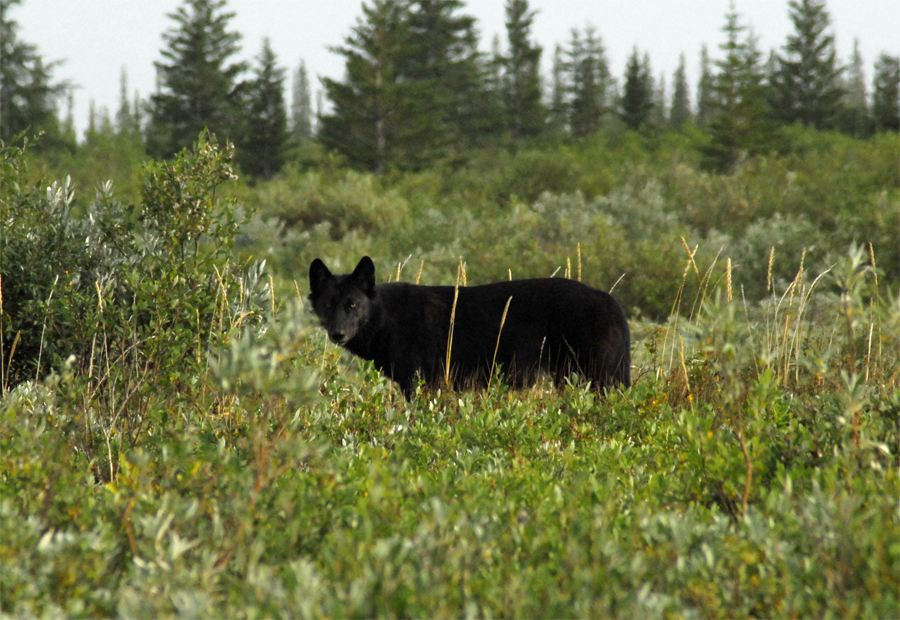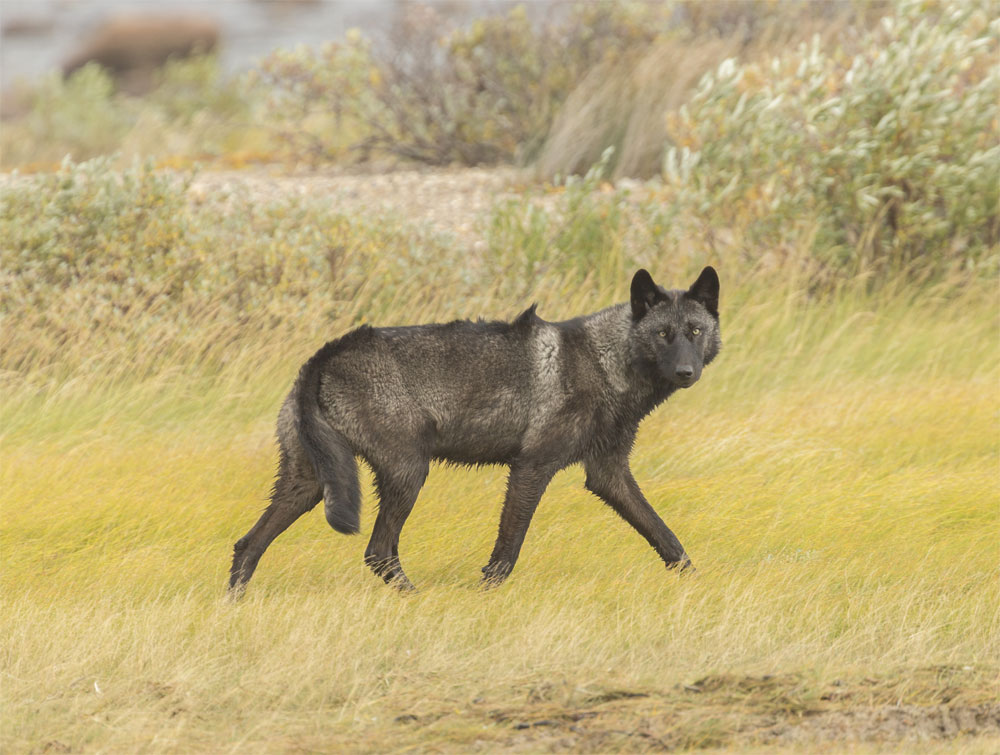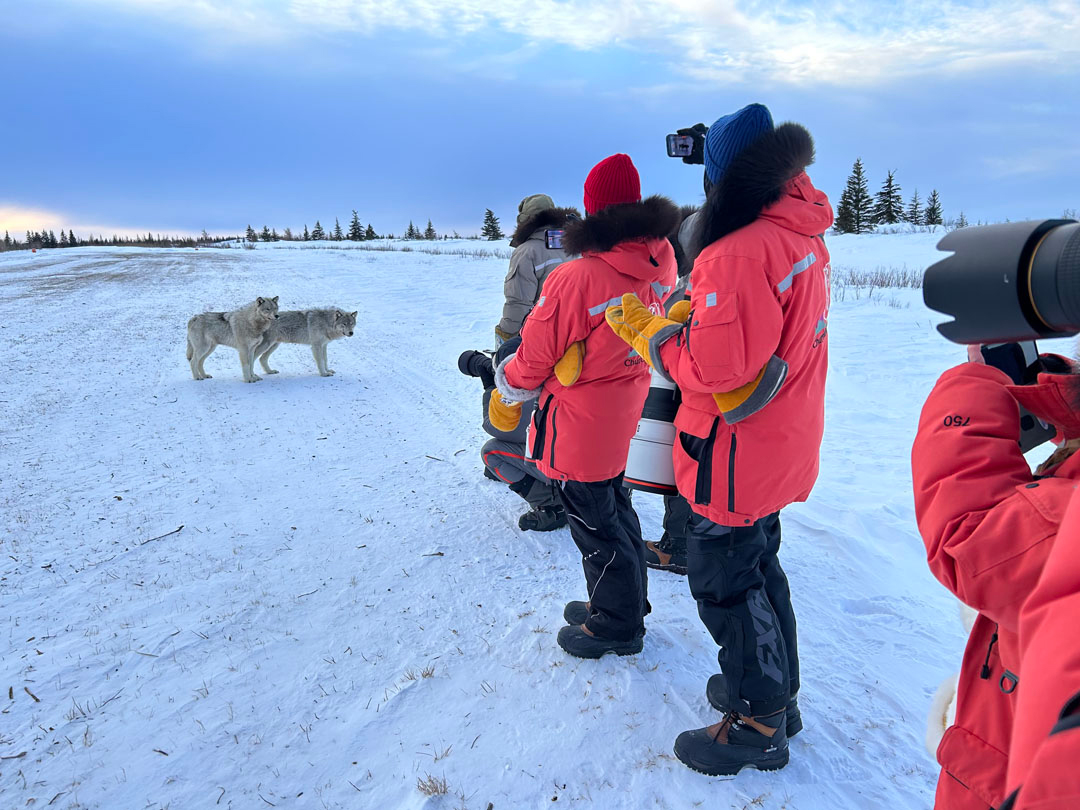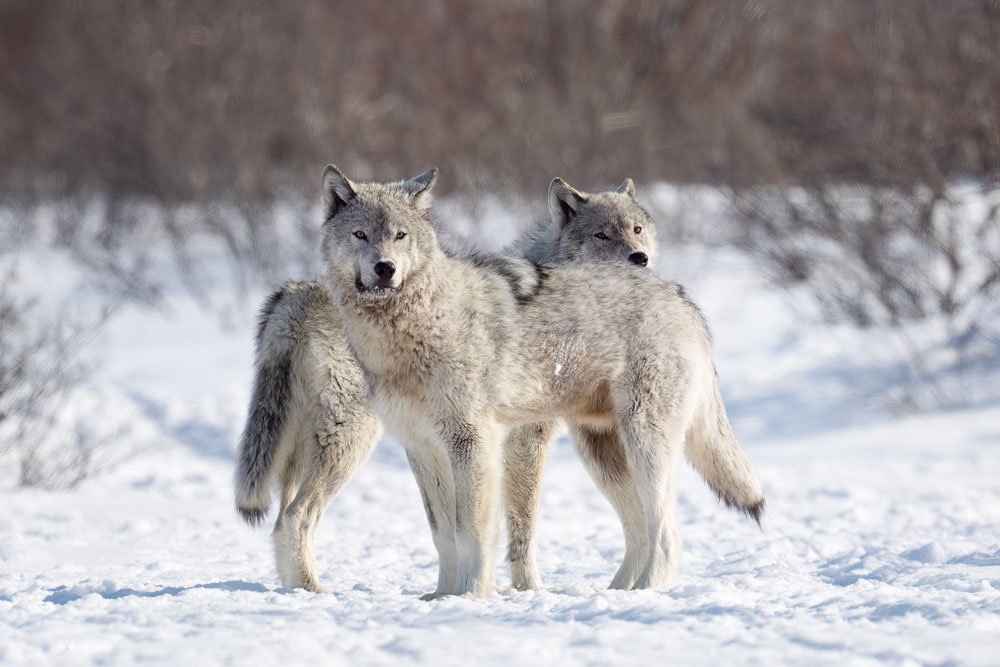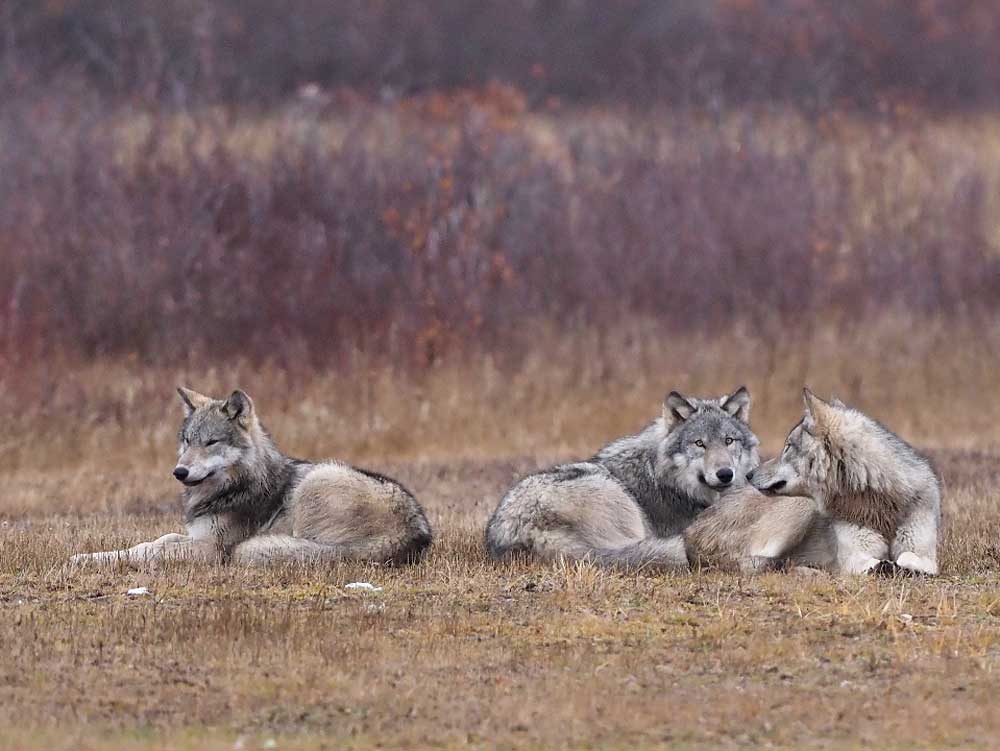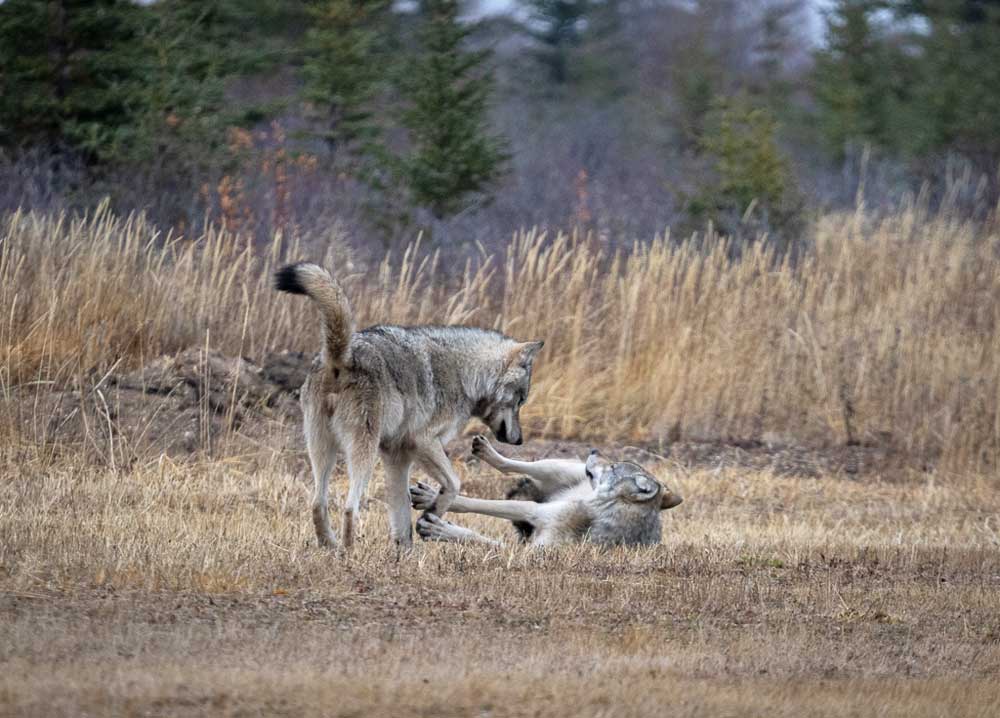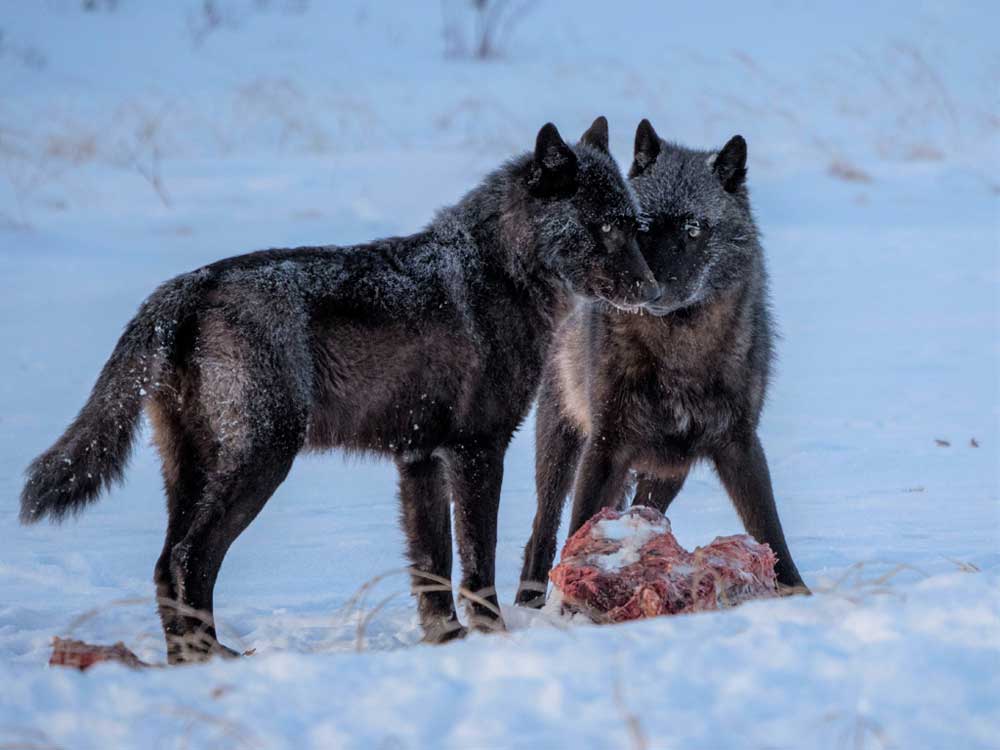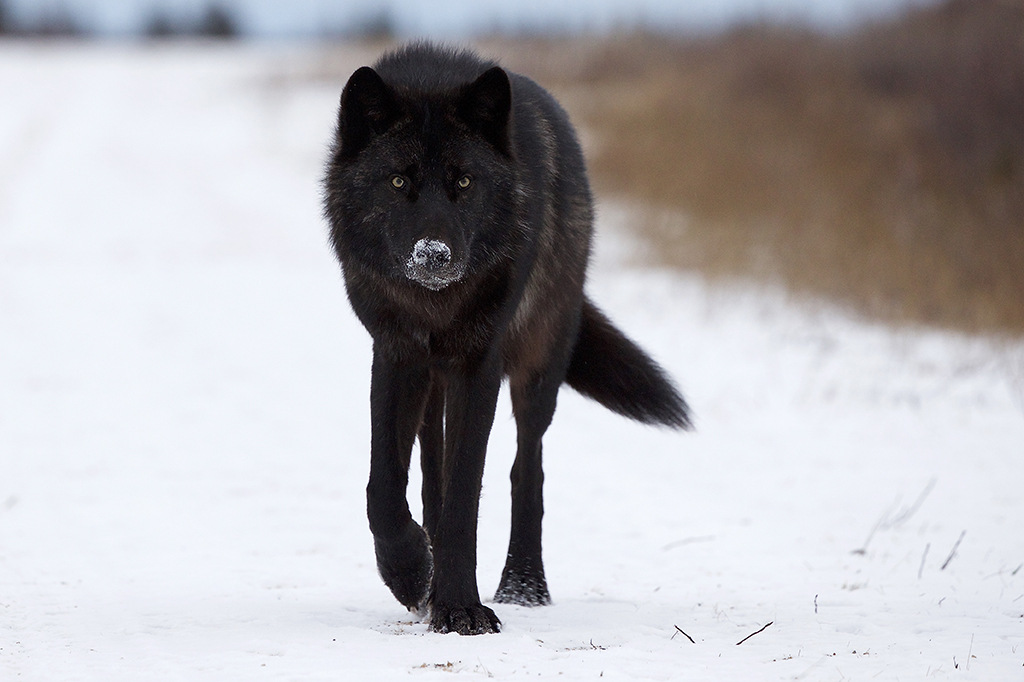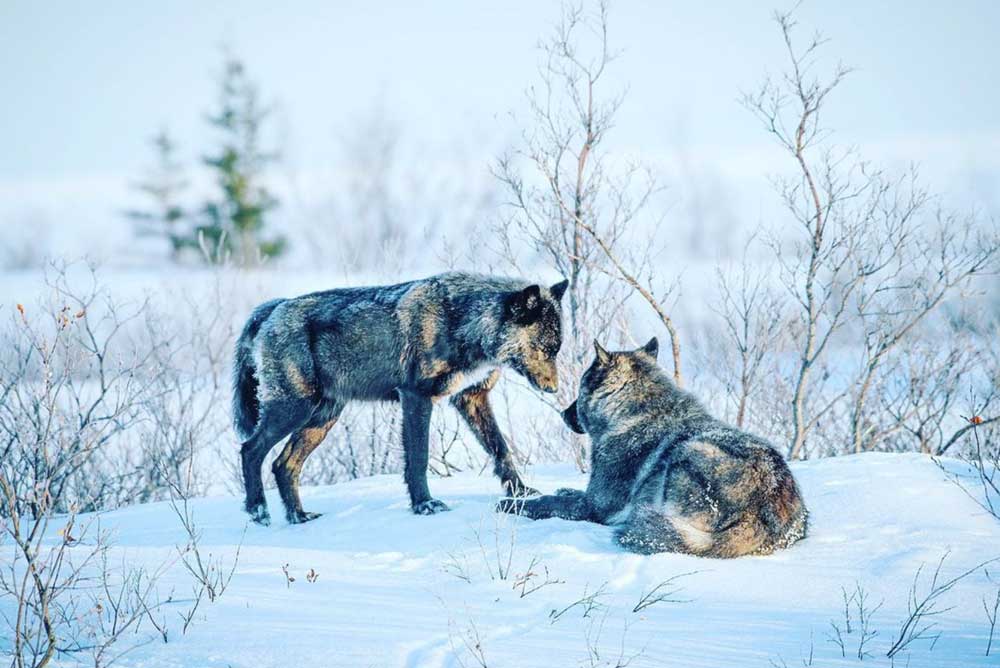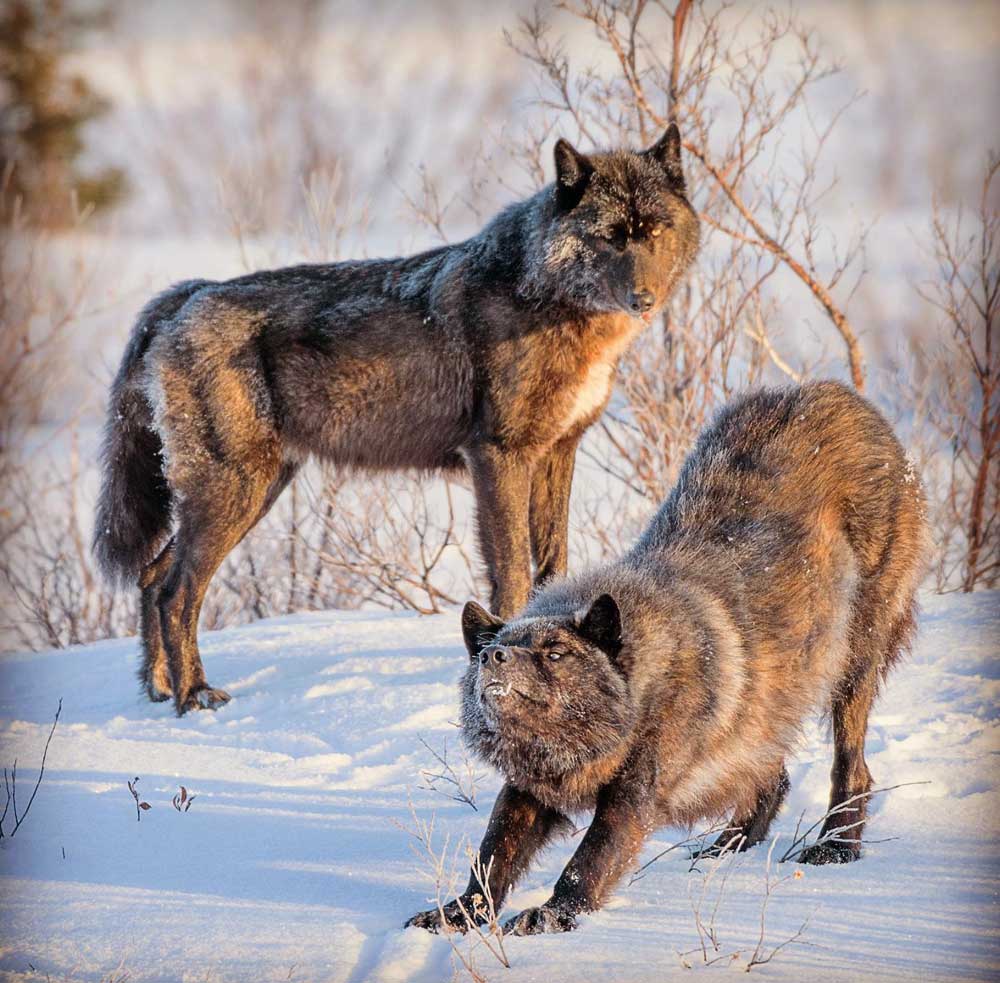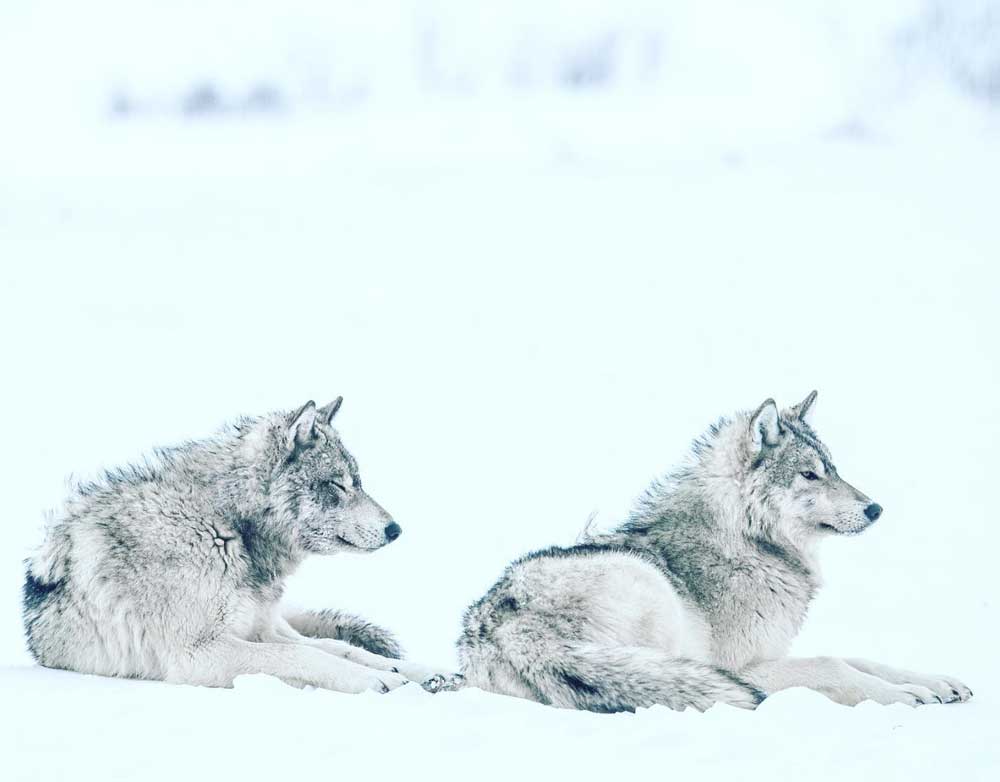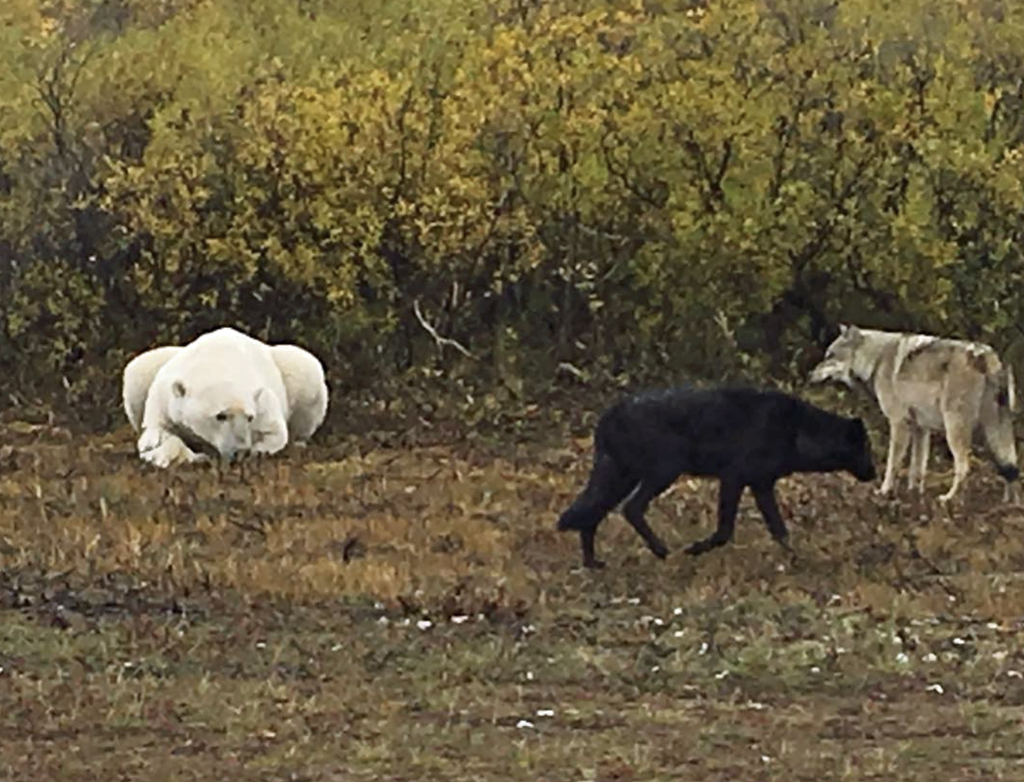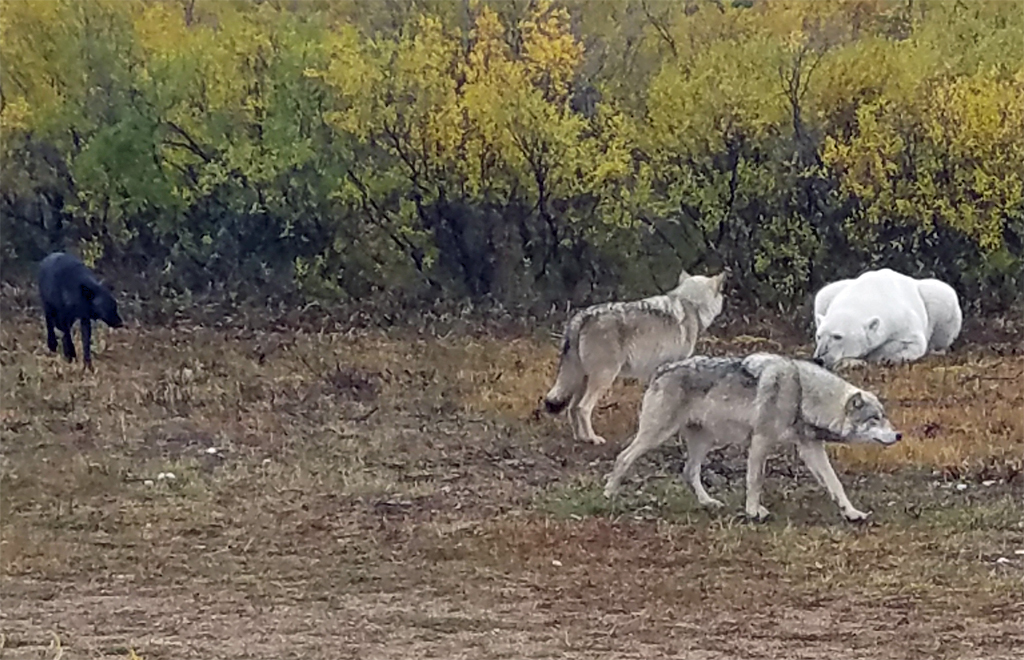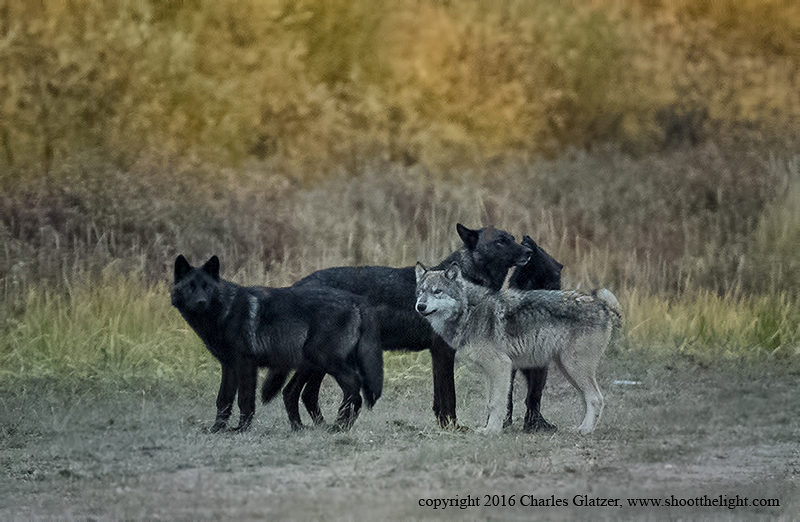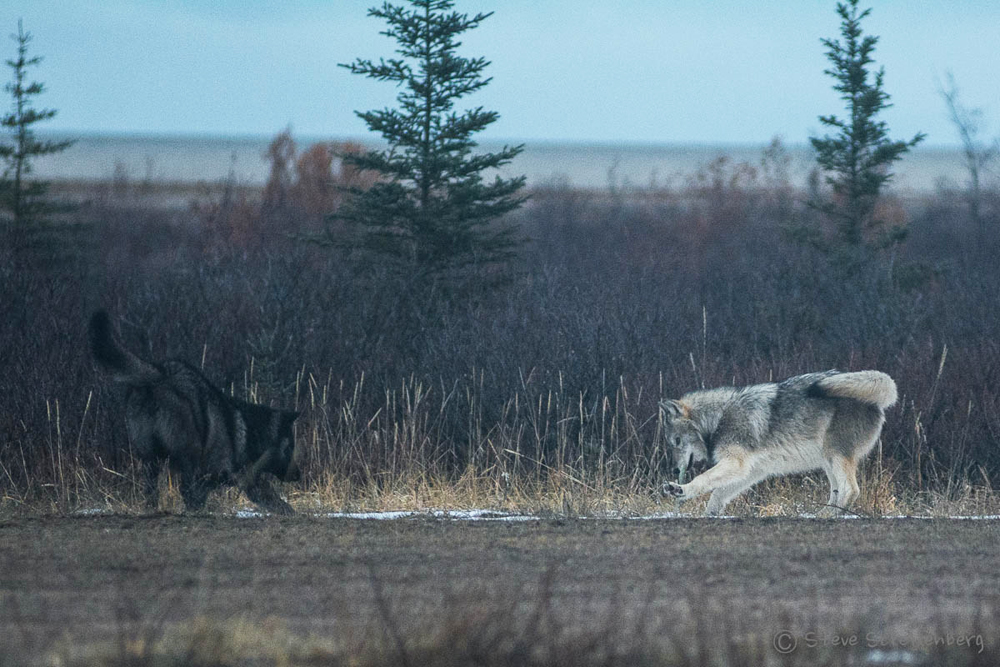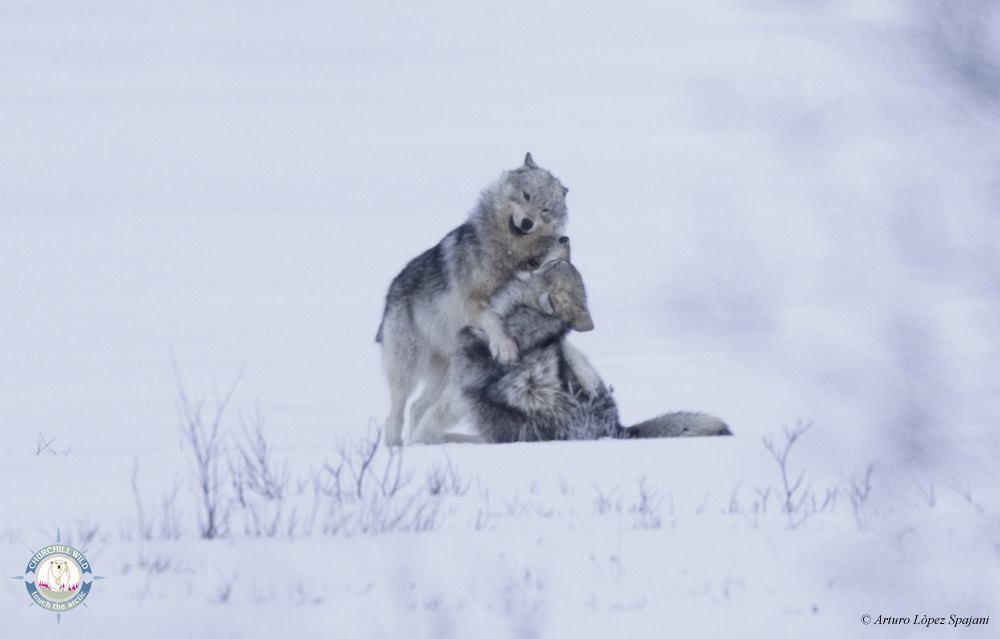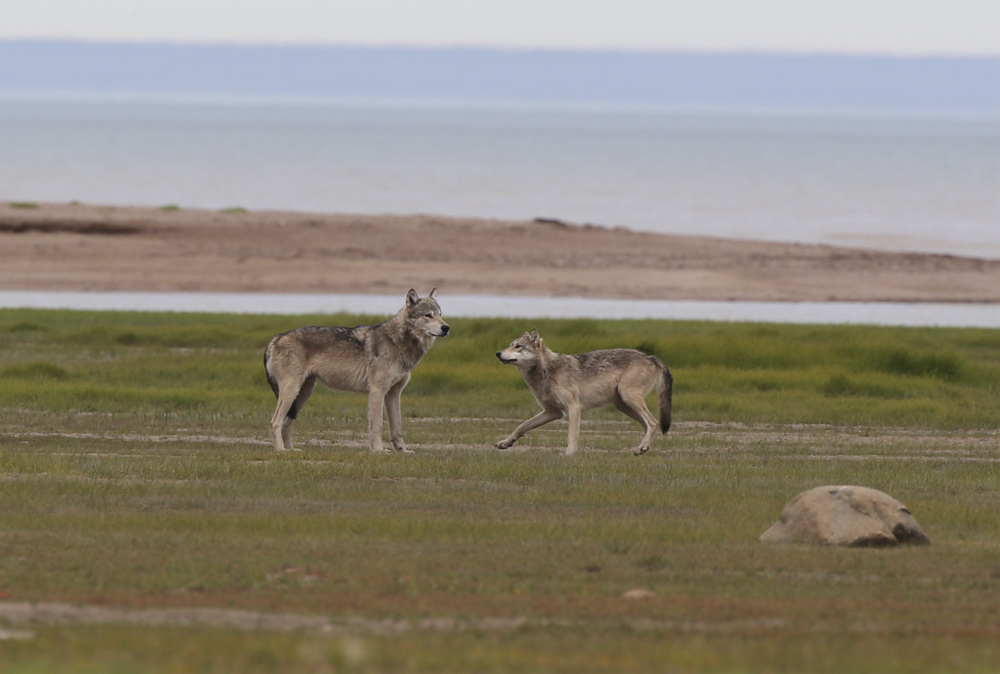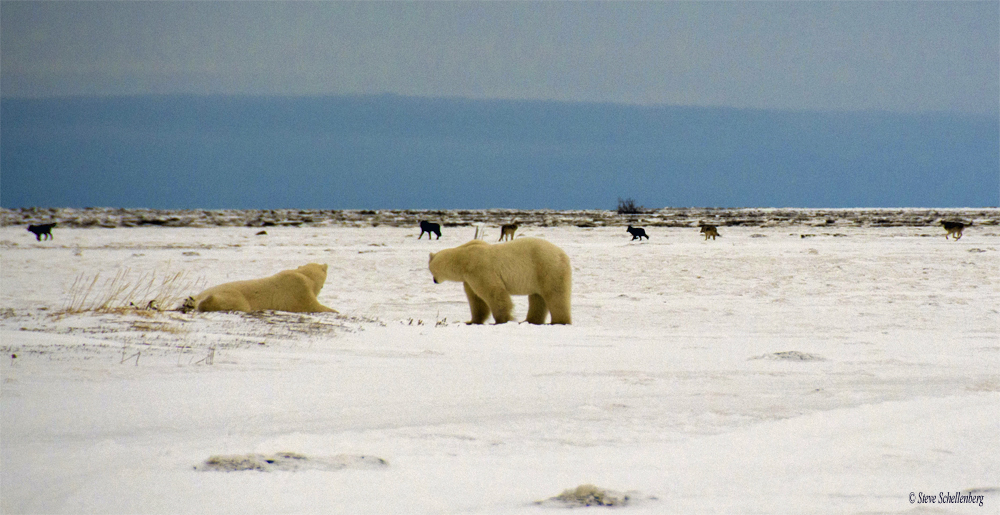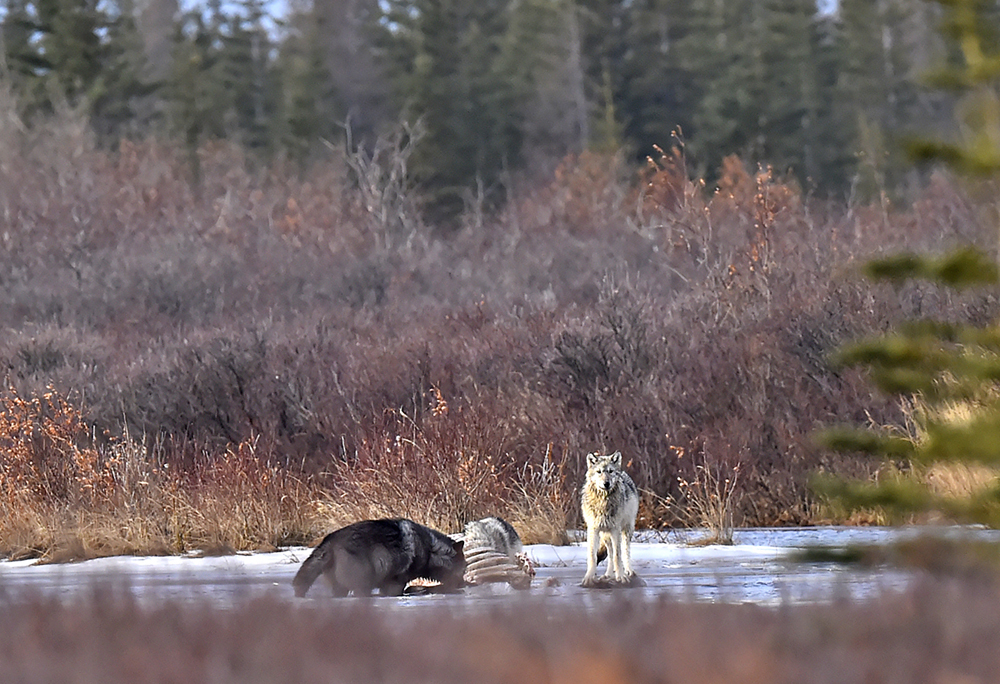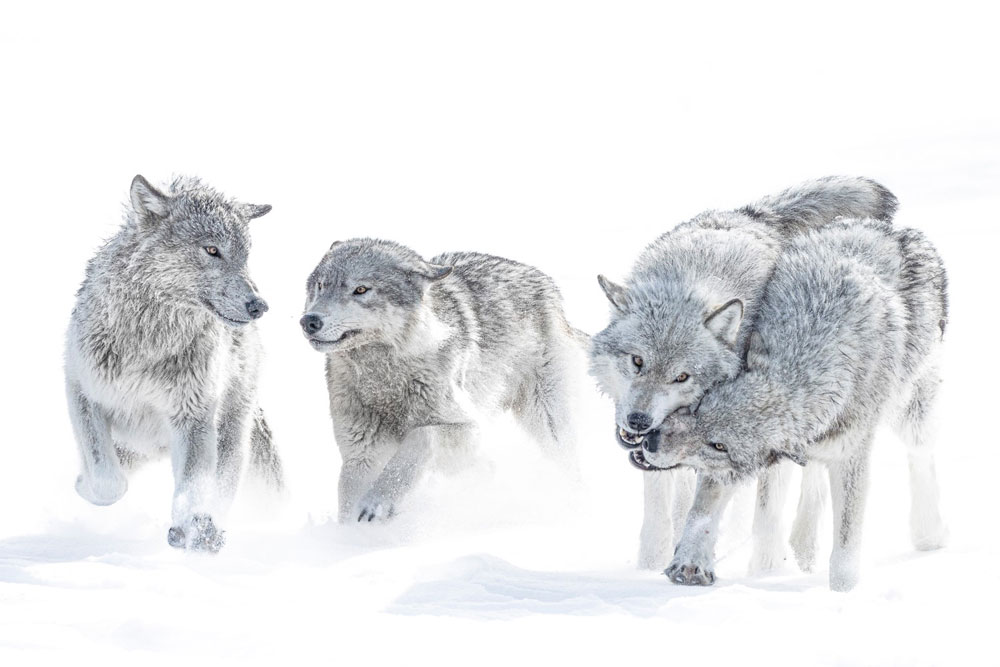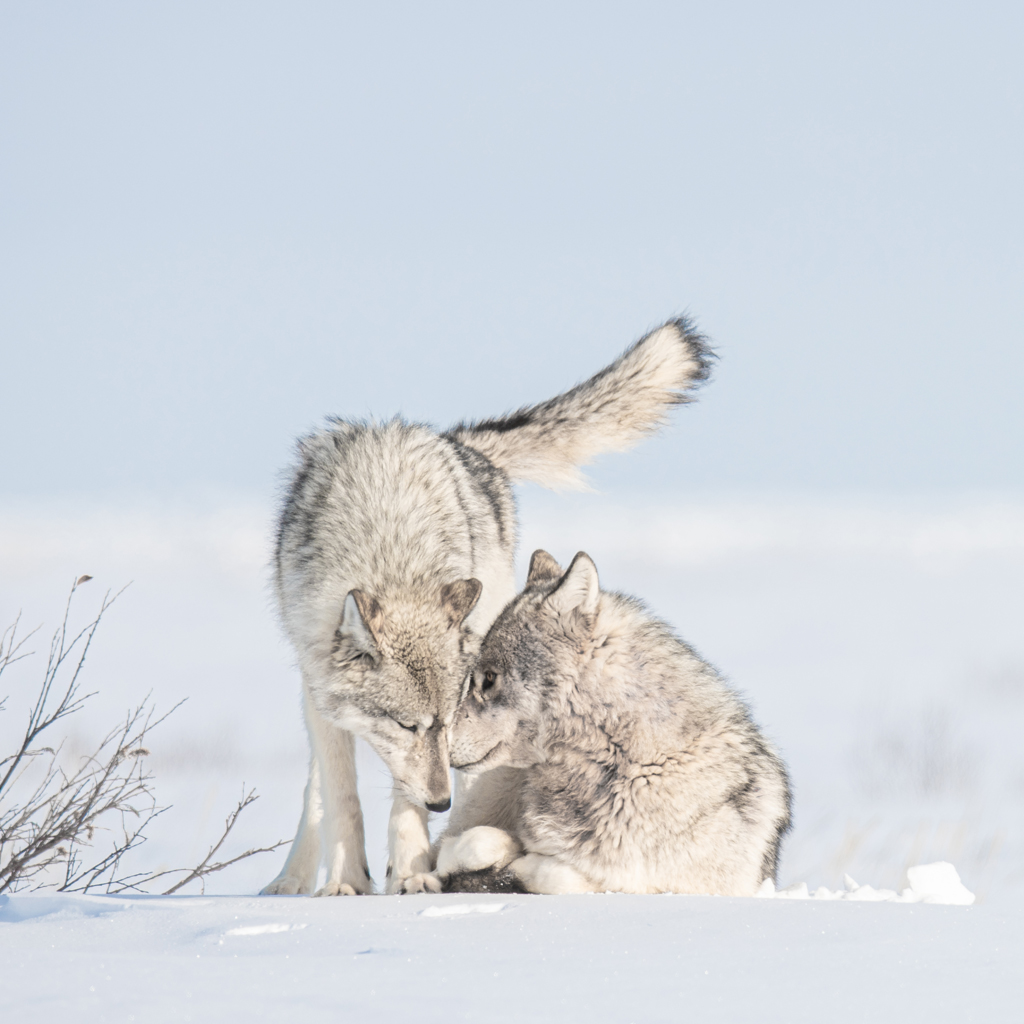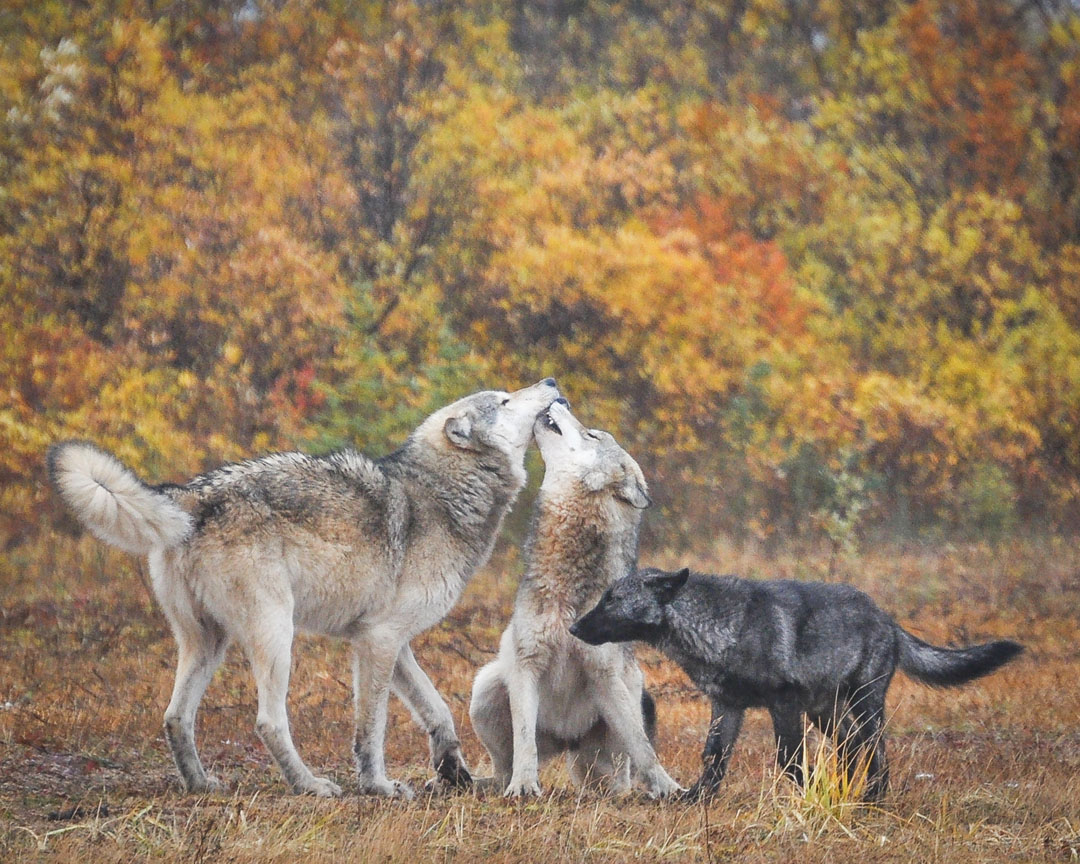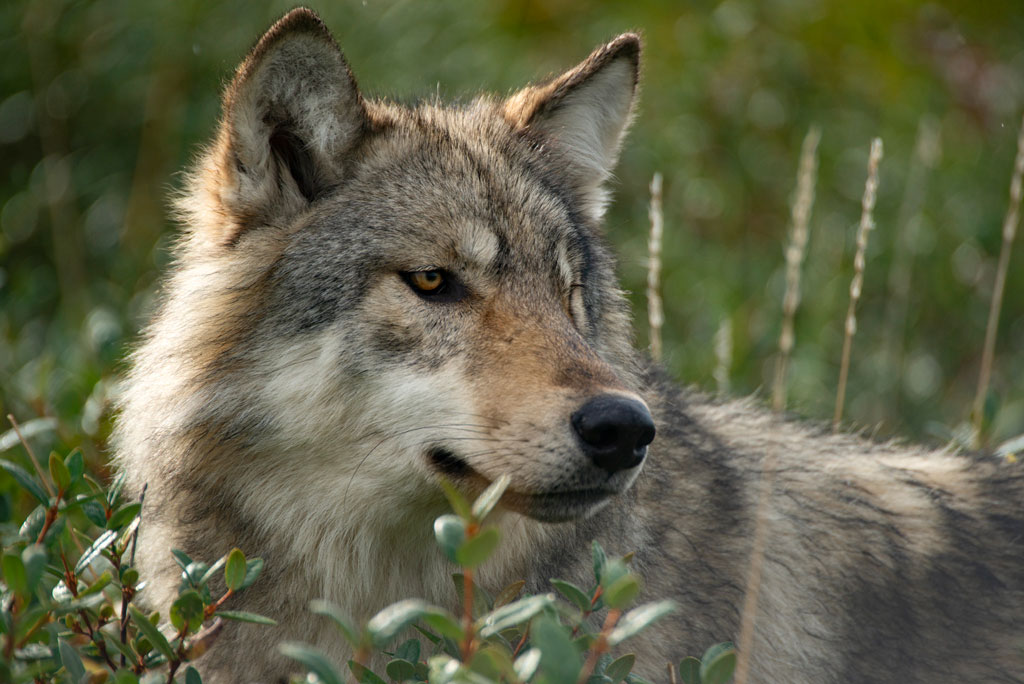Celebrating the Vital Role of Wolves on International Wolf Day
Today, August 13th, marks International Wolf Day — a global celebration to honour and raise awareness about the ecological importance of wolves. As apex predators, wolves help maintain balanced ecosystems that support diverse life. However, misconceptions and threats have led to dwindling wolf populations worldwide. International Wolf Day represents an opportunity to appreciate the value of wolves and support ongoing conservation efforts.
The Allure and Ecology of Wolves
Wolves have endured across vast habitats for hundreds of thousands of year, exhibiting adaptability through their varied coat colors, muscular frames, and strong jaws that allow them to roam great distances and take down large prey. As consummate apex predators, they help manage herbivore populations, strengthen prey species by culling older and weaker individuals, and provide a food source for scavengers. Their intricate balancing of food webs makes wolves essential components of ecosystem health.
Threats Facing Wolves
Despite being vitally important ecologically, wolves have faced threats from humanity, including systematic eradication campaigns that eliminated them from the lower 48 United States by the mid-1900s. Wolf advocacy organizations and safari operators such as Churchill Wild aim to shift negative attitudes toward wolves through education and hands-on research experiences.
National Geographic photo journalist and Churchill Wild Director of Wolf Programs Jad Davenport reflects, “Times are changing, and people are starting to appreciate the role that wolves, bears, and other predators play in maintaining healthy ecosystems.”
Fostering connections between people and wildlife supports empathy and preservation.
Perspective Shifts Around Wolves
Views in Canada have grown more positive thanks to outreach showing the ecological value of wolves. A recent Ontario study found most Canadians now believe wolves have inherent worth, with non-lethal mitigation strategies easing in wolf-human contact areas. Wolves are also being reintroduced in select areas across North America.
Davenport also observes, “With the reintroduction of wolves into many areas of North America, the song of the pack can once again be heard under starlit skies. Their return offers hope.” Churchill Wild co-owner Mike Reimer adds, “Wolves have an ability to restore balance in nature – and in people. This transition demonstrates coexistence is possible.”
Experiencing Wolf Research Firsthand in Manitoba
On the remote southwestern shores of Hudson Bay, Churchill Wild’s Cloud Wolves of the Kaska Coast safari offers a one-of-a-kind opportunity to study and observe a rare wolf species in their natural setting near Nanuk Polar Bear Lodge.
Guests on the unique citizen science program at Nanuk directly participate in crucial conservation research, setting up trail cameras along the ancient boreal forest to help with census and territory studies, and gathering insights into these elusive creatures’ behavior, providing a rare glimpse into the wolves’ daily lives that few get to see.
Backed by evening presentations on wolf biology and natural history, participants also scout for tracks and other signs of the wolves while recording detailed location data, retrieving scat for future DNA analysis, taking photographs of the pack and individual wolves, and recording physical features and behavioural characteristics of the wolves.
Wolf observations, photographs, and data collected from the expeditions are being compiled into an annual report that will be made available not just to Churchill Wild guests but also to the wider wolf-research community.
Moving forward with the study, Churchill Wild is reaching out to local shareholders including the surrounding First Nations and communities to learn more about traditional knowledge and their relationships with the wolves.
Get Involved This International Wolf Day
This International Wolf Day, we hope you’ll join us to create a positive attitudes towards wolves by reaching out to government representatives regarding wolf-friendly policies, volunteering at sanctuaries, and sharing your support on social media.
Maybe one day you’ll be able to join us the Cloud Wolves of the Kaska Coast Safari at Nanuk Polar Bear Lodge to see wolves in the wild, and contribute to protecting these captivating creatures. Only through active stewardship can we ensure the howls of wolves continue to echo throughout the wilderness…
For generations to come.

